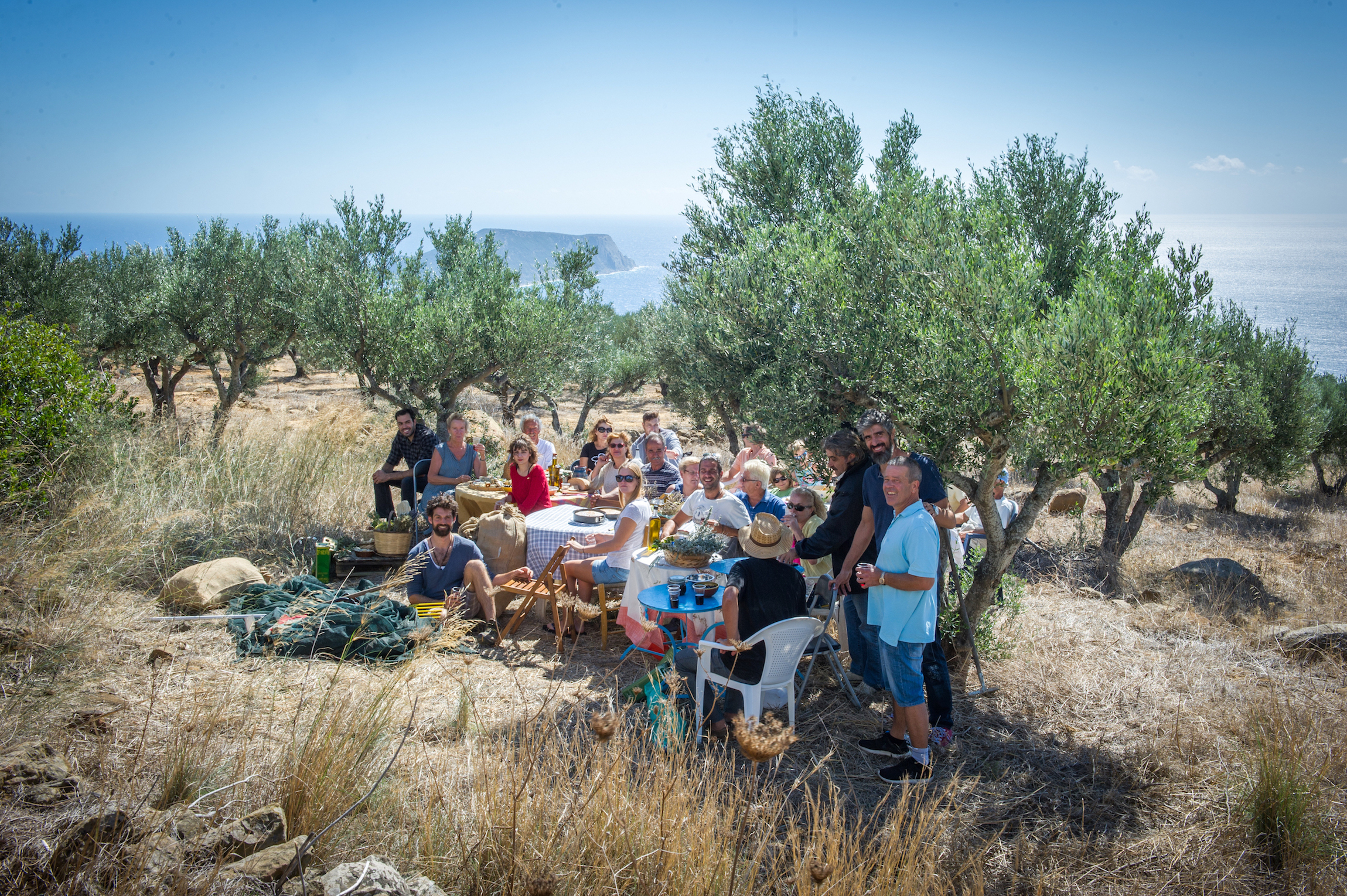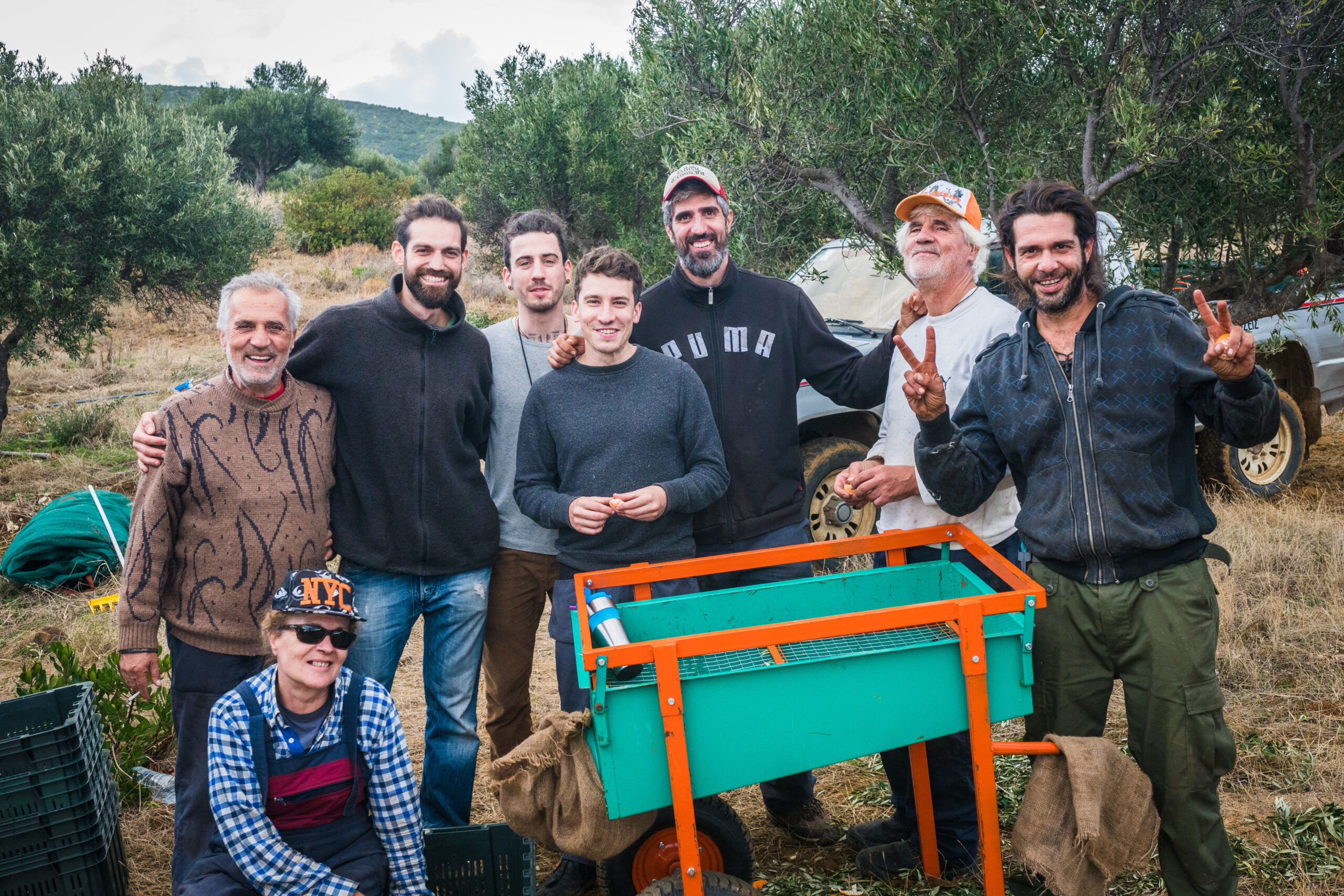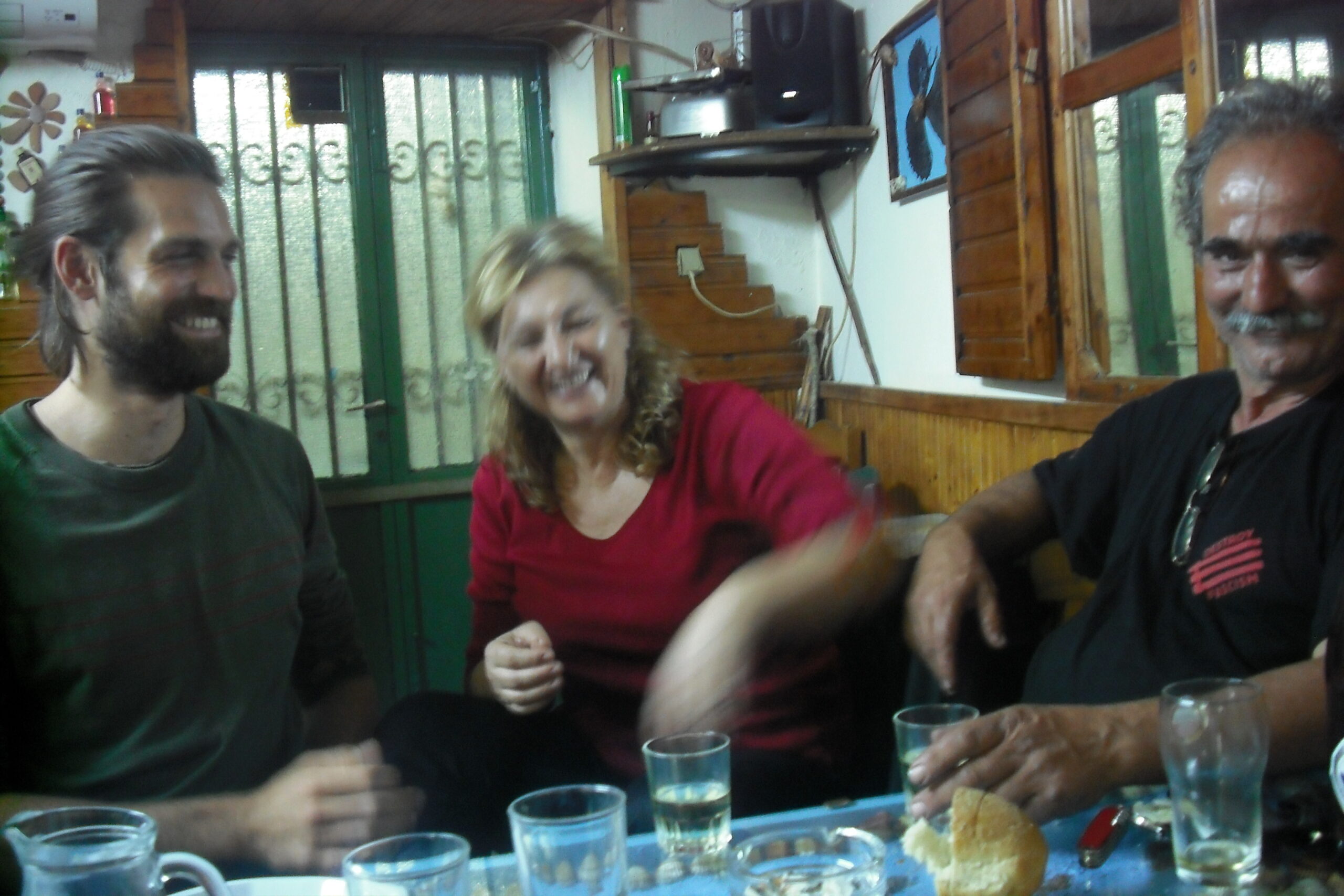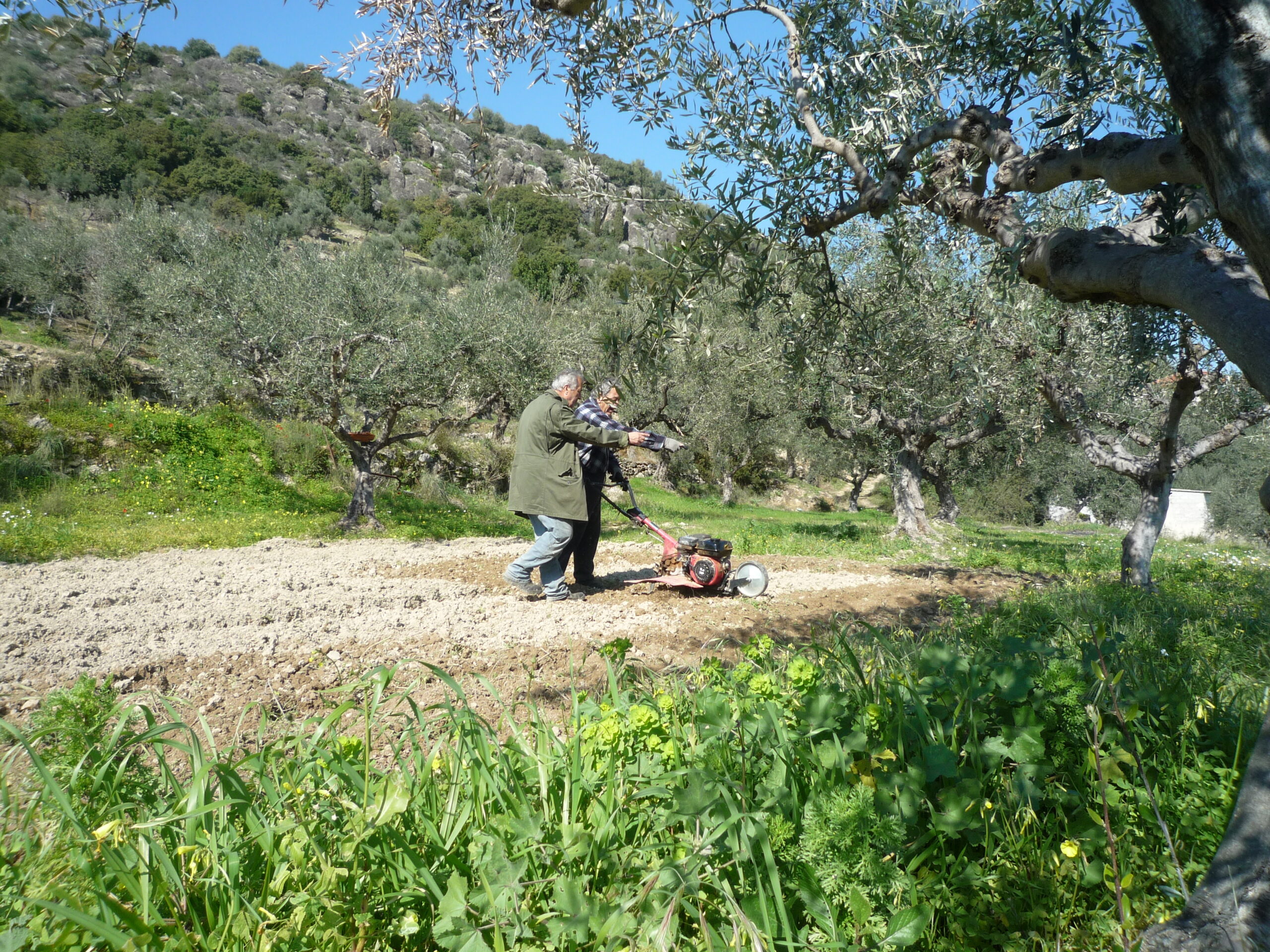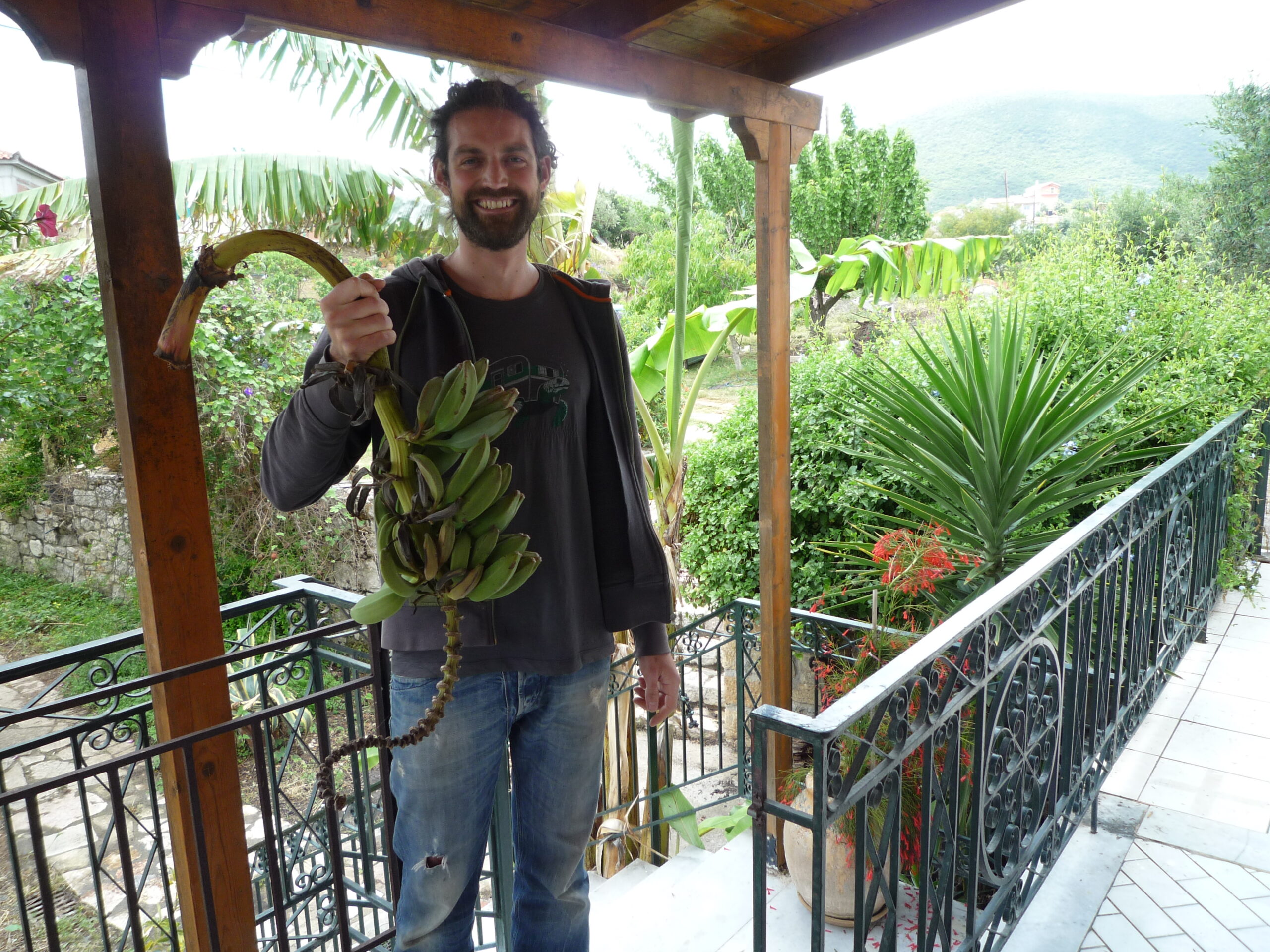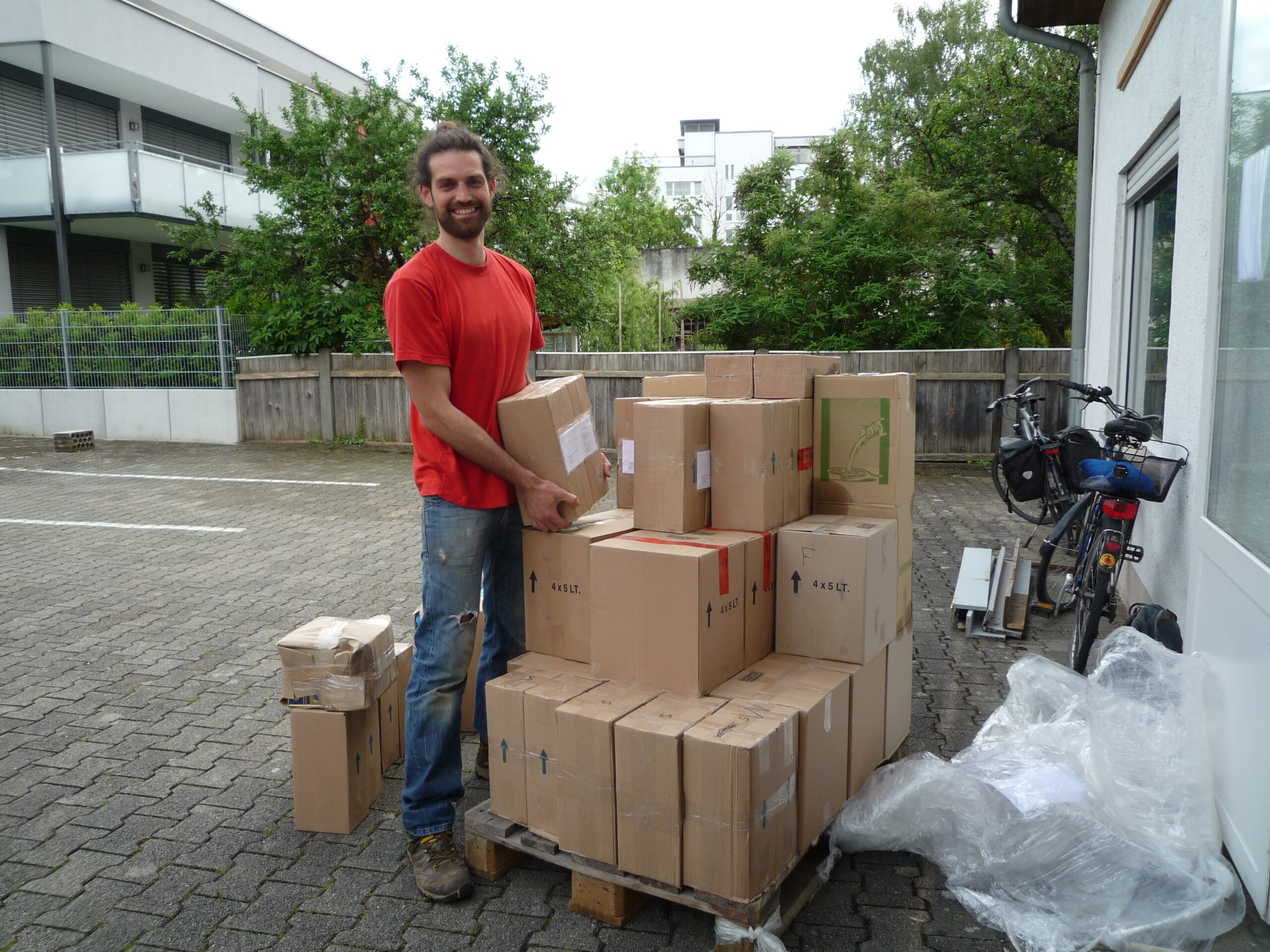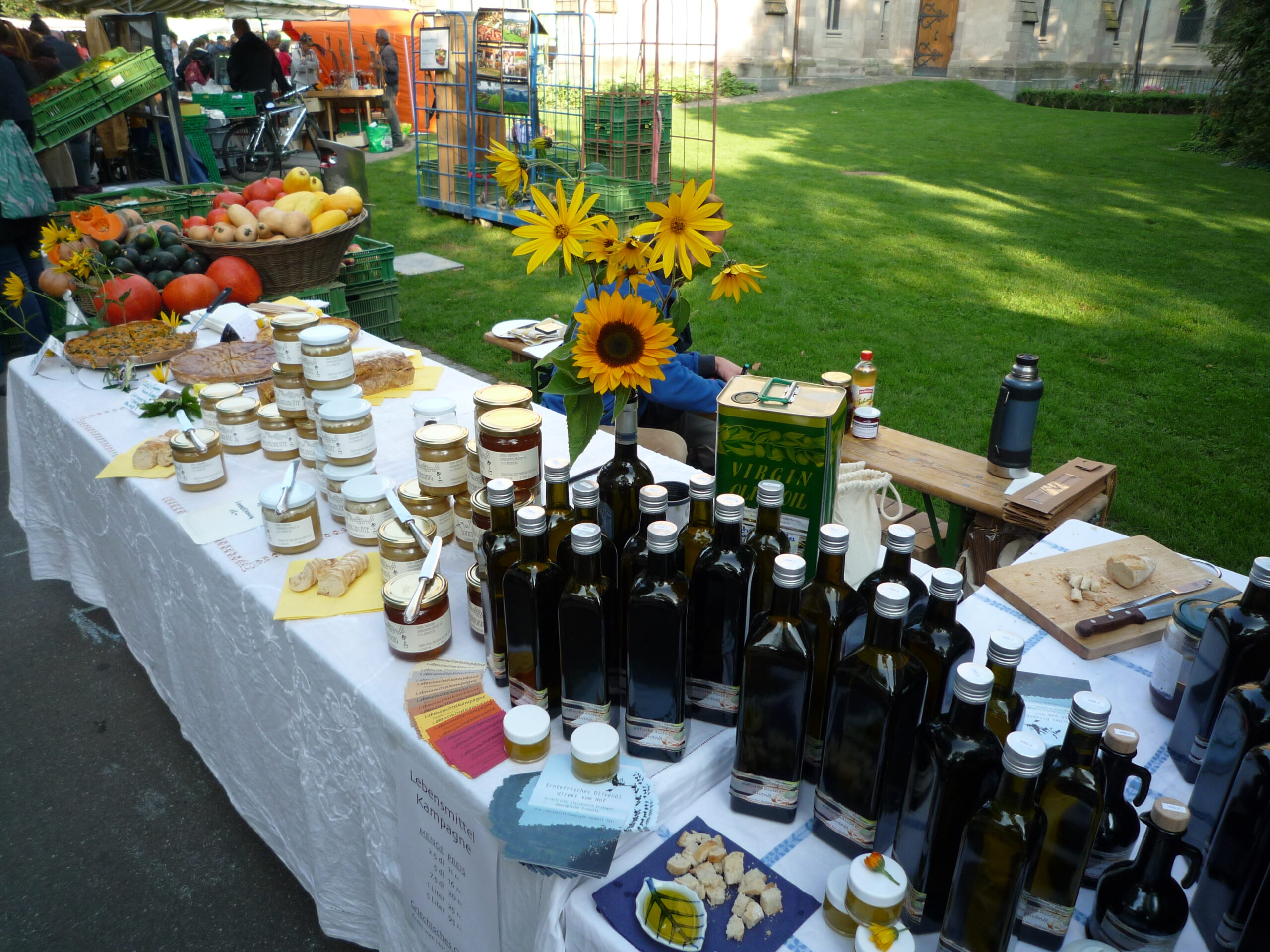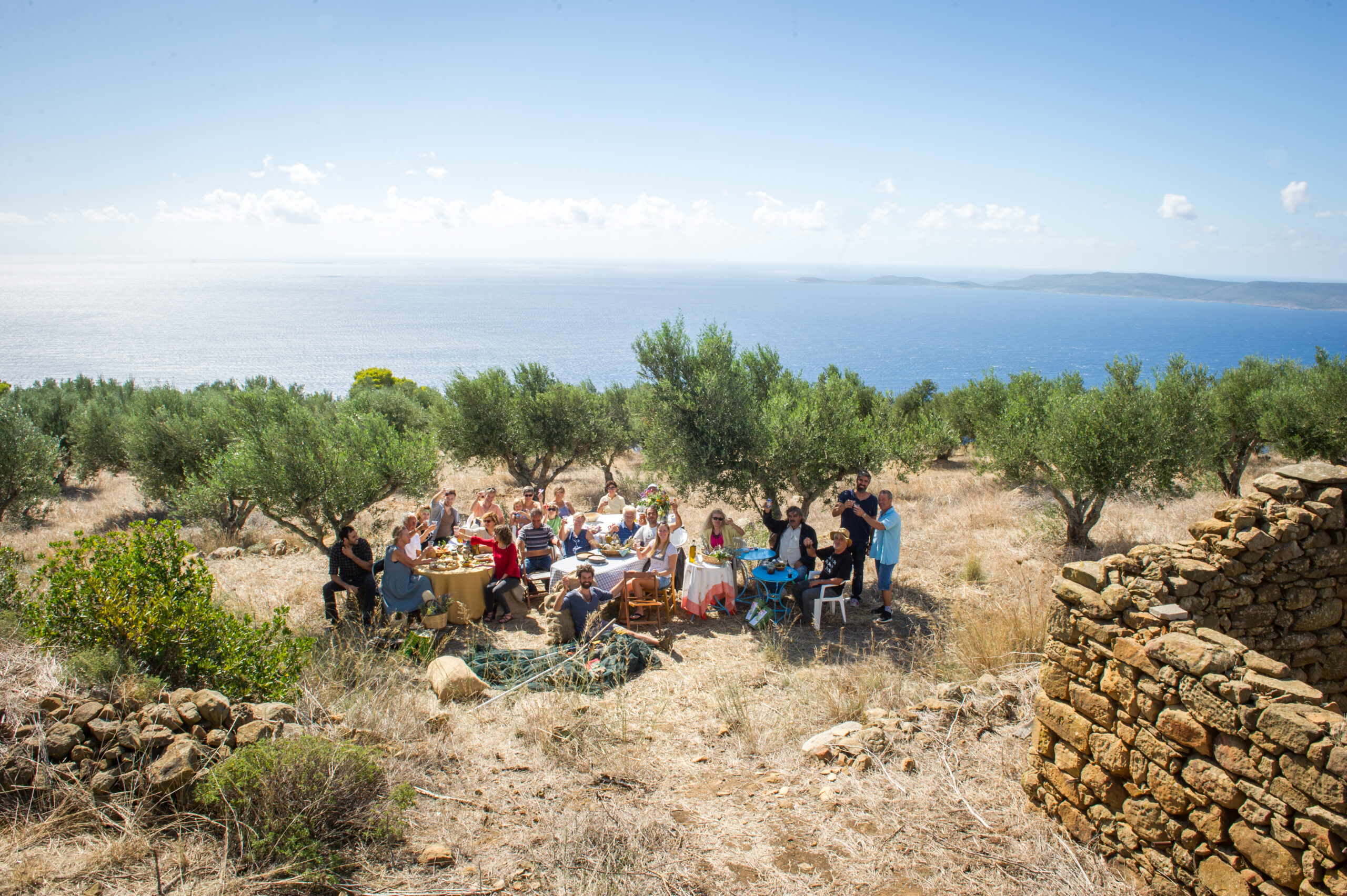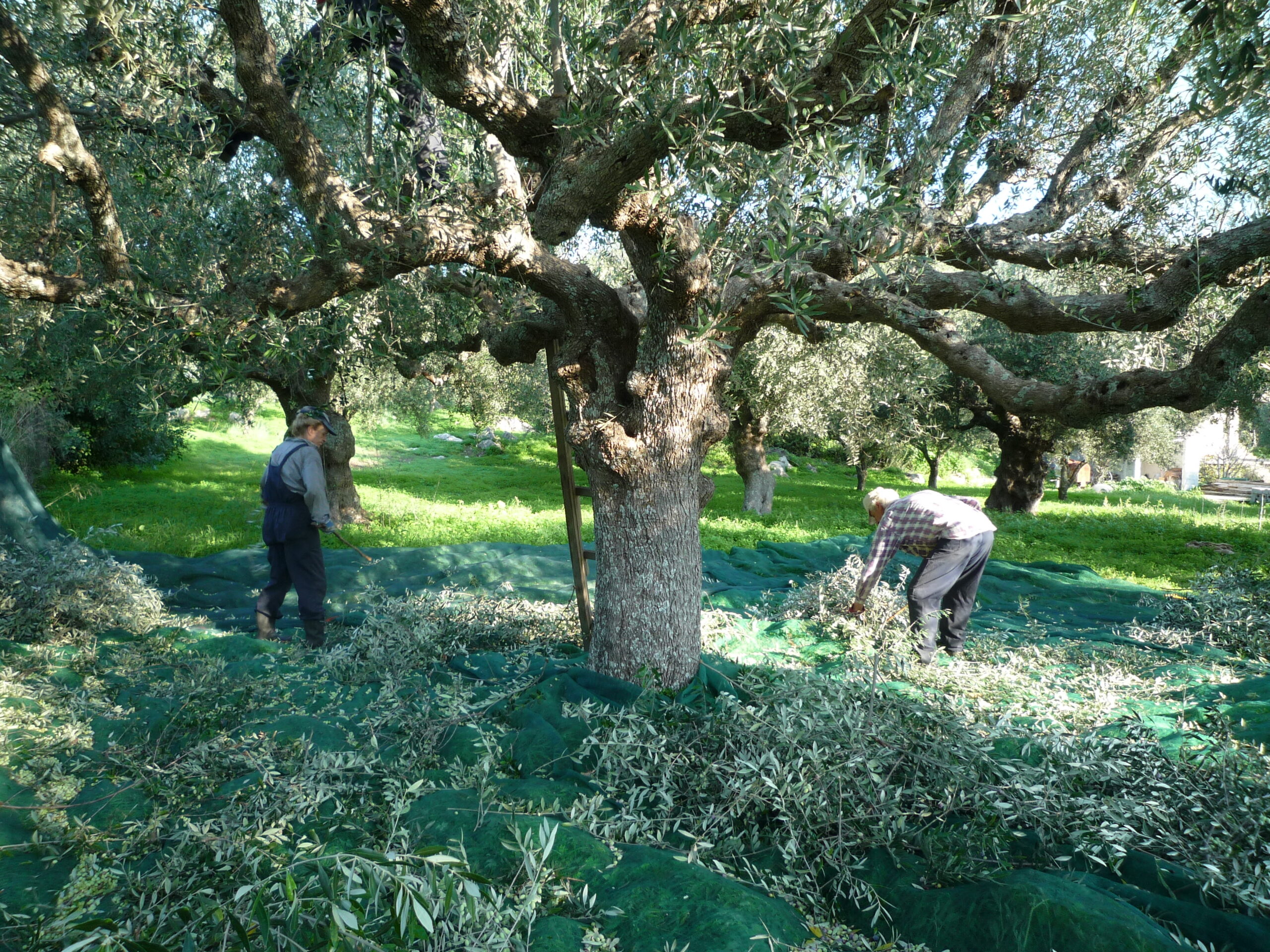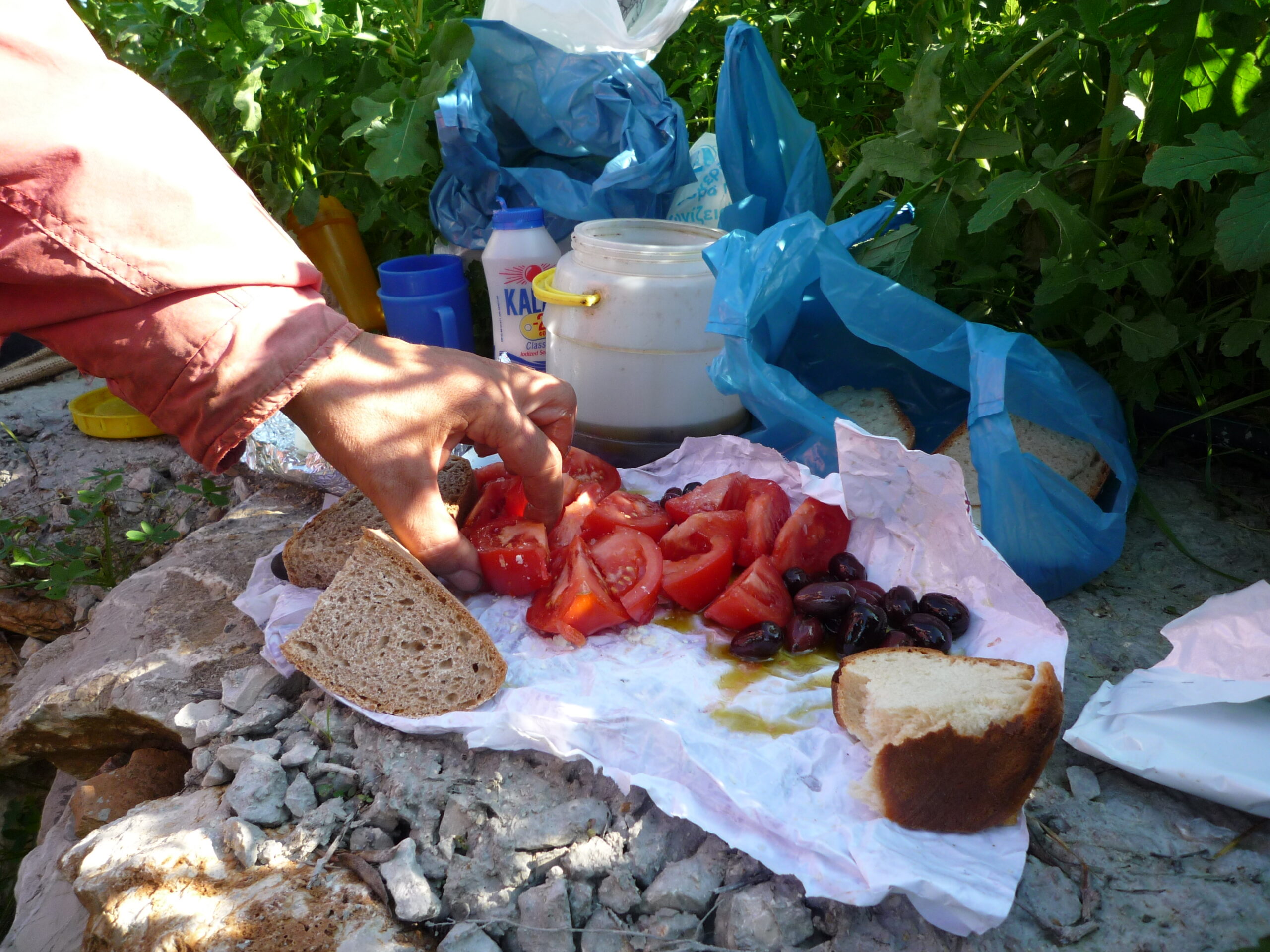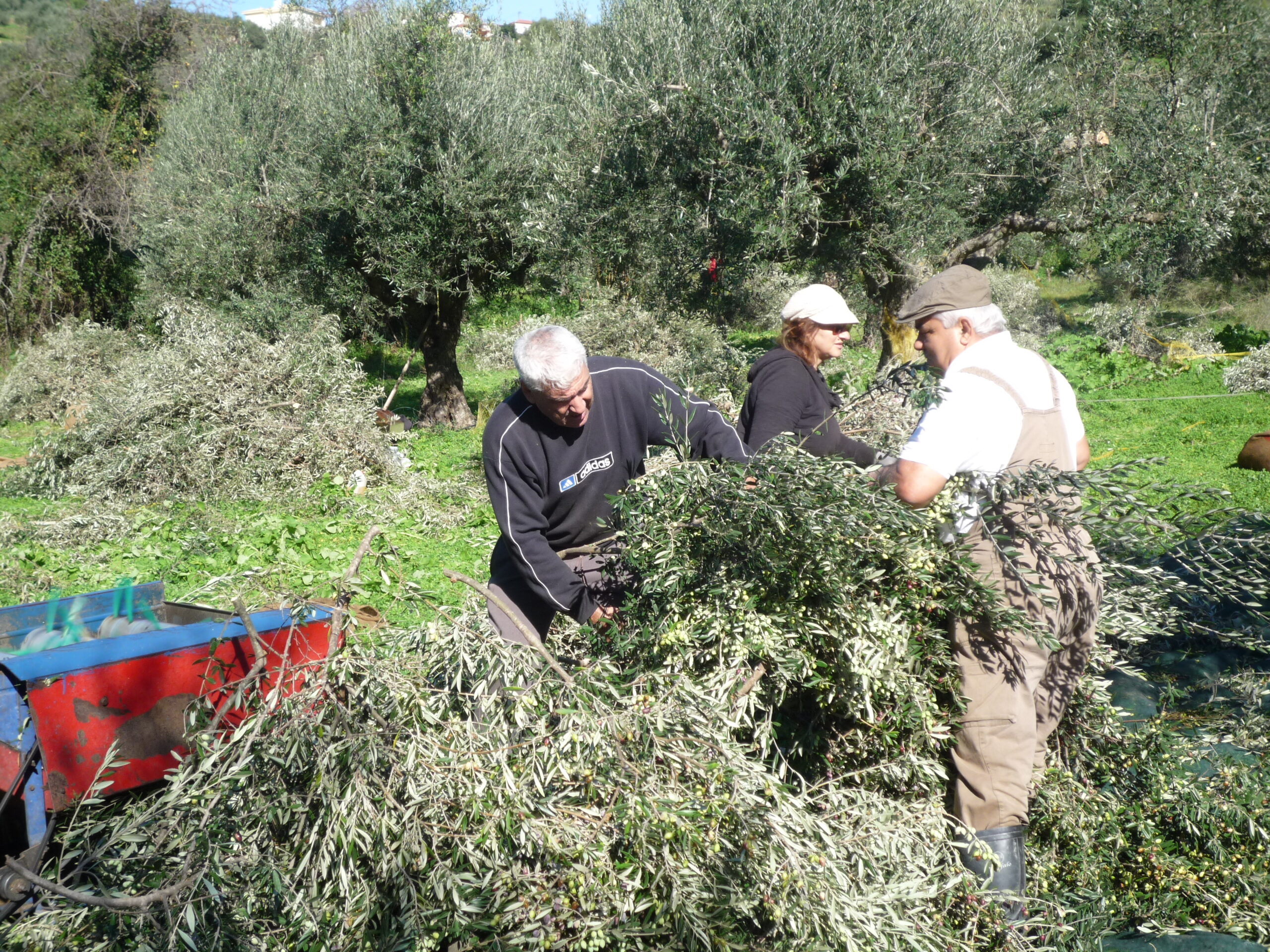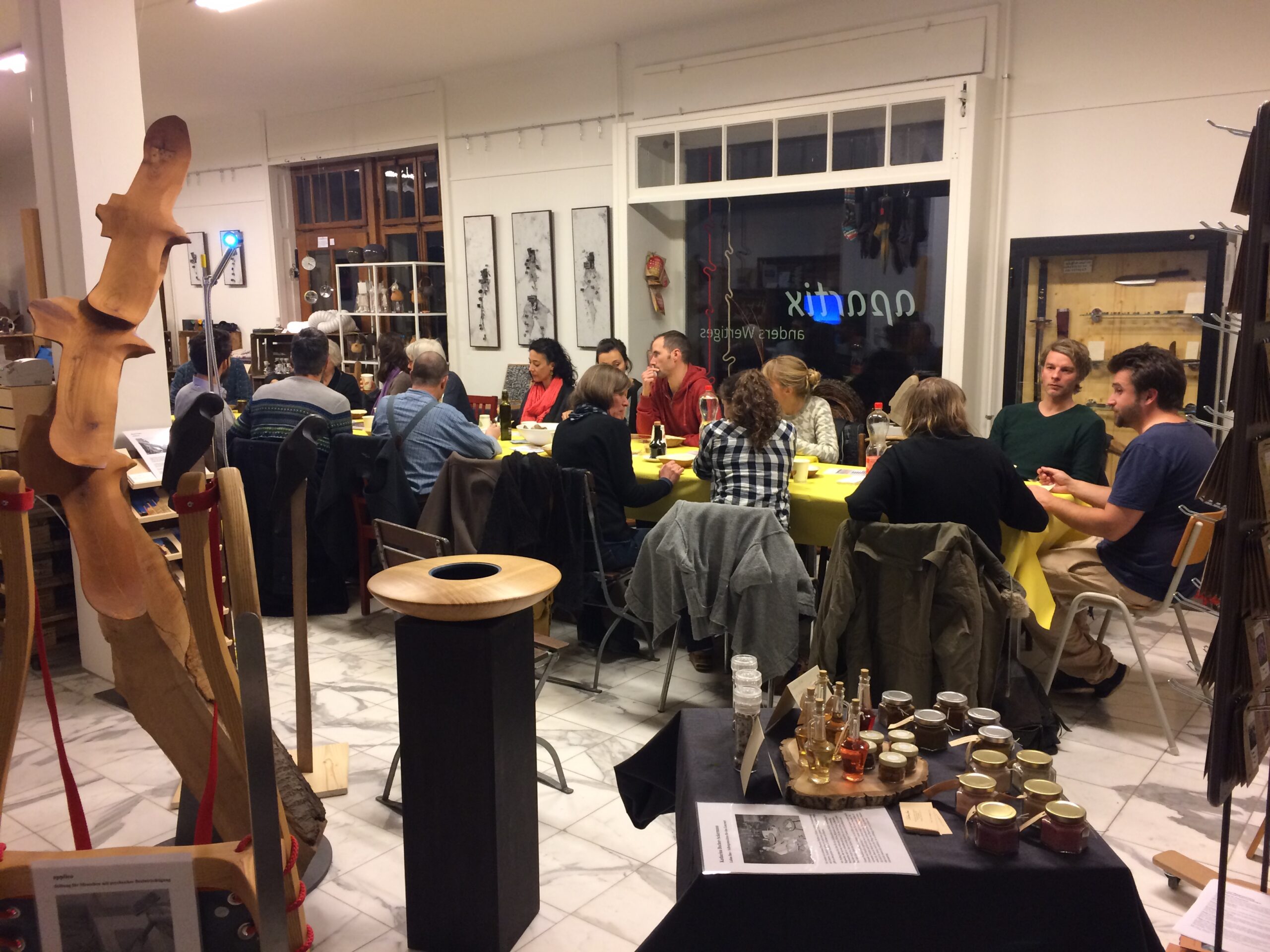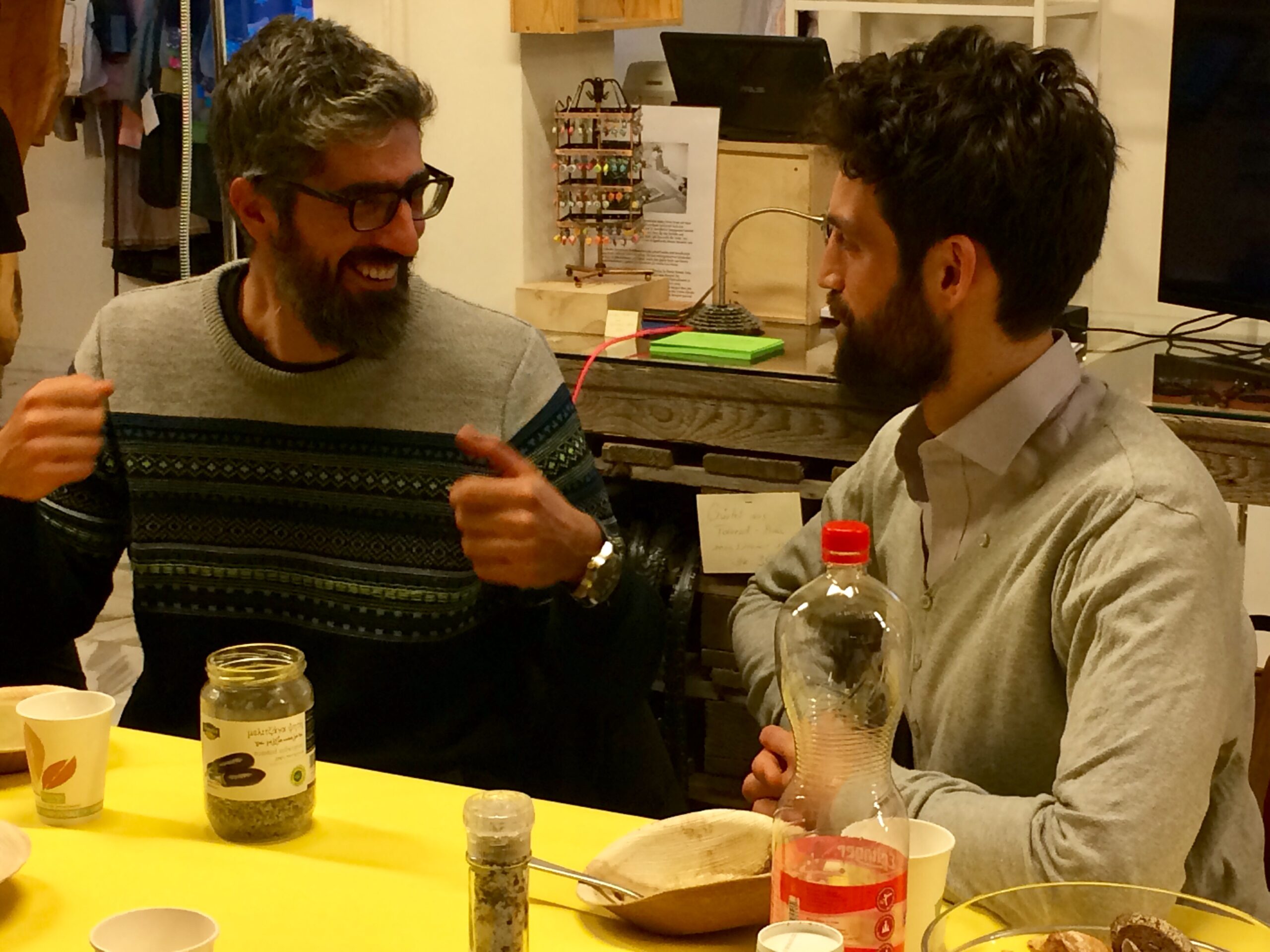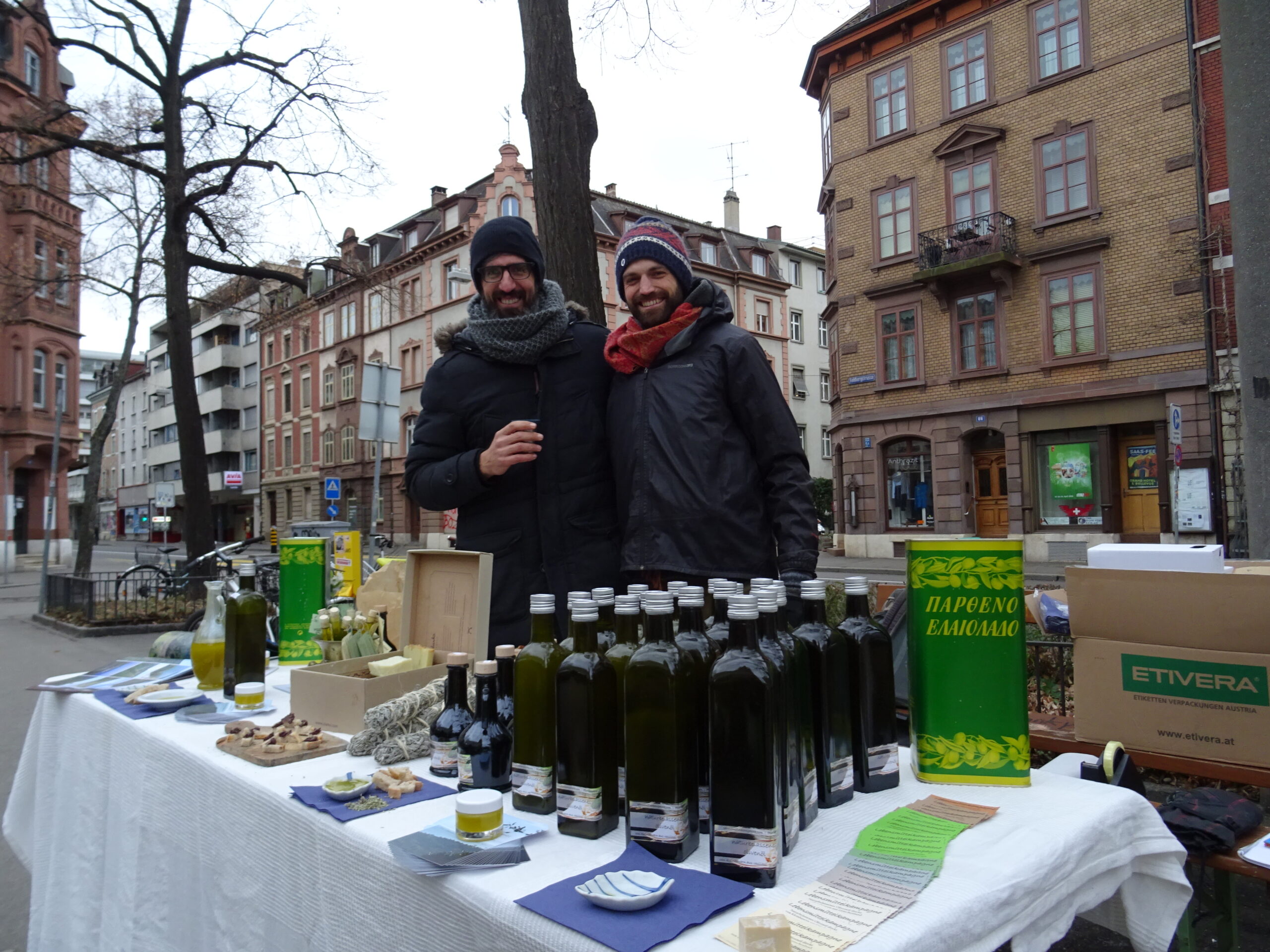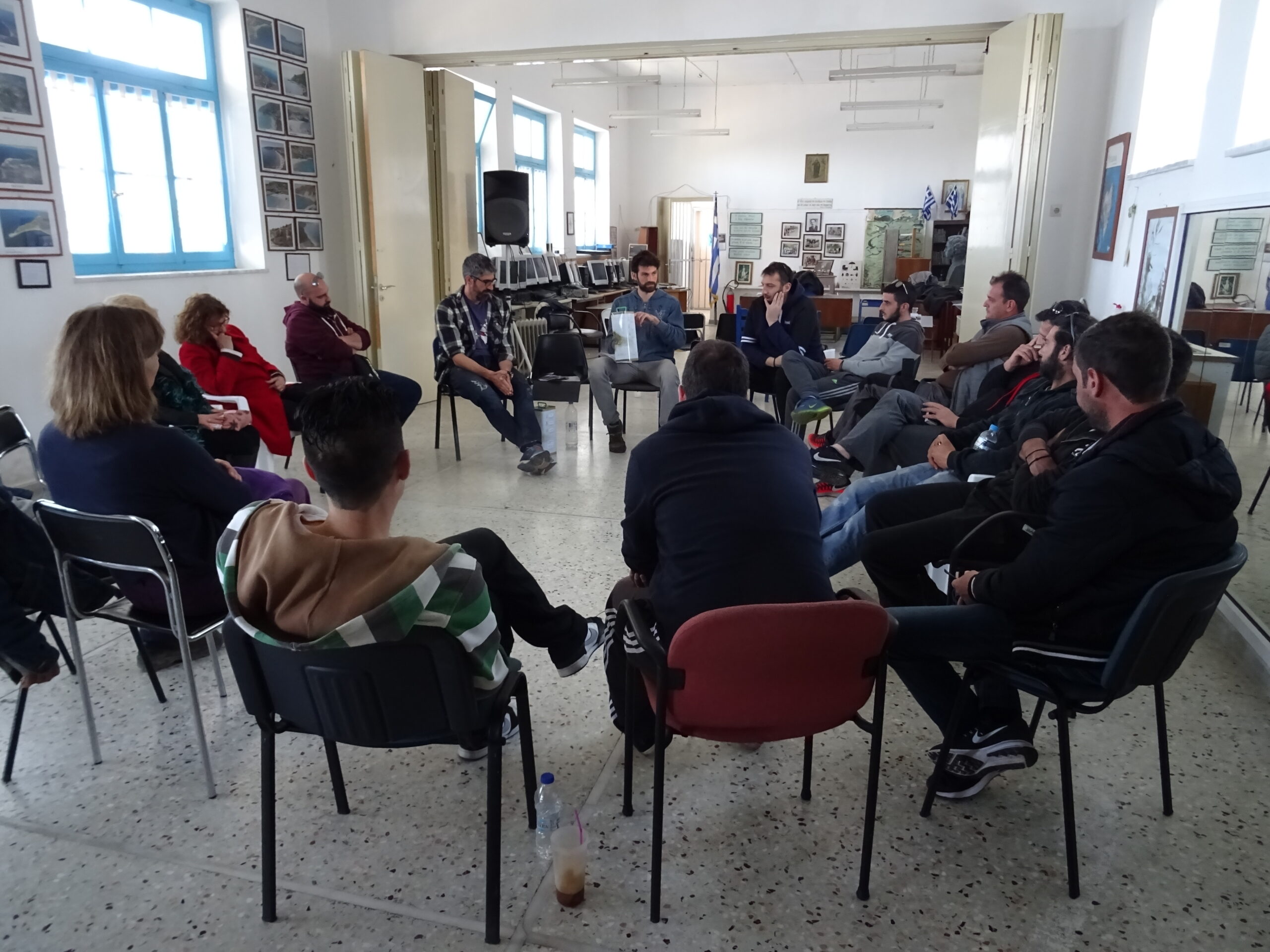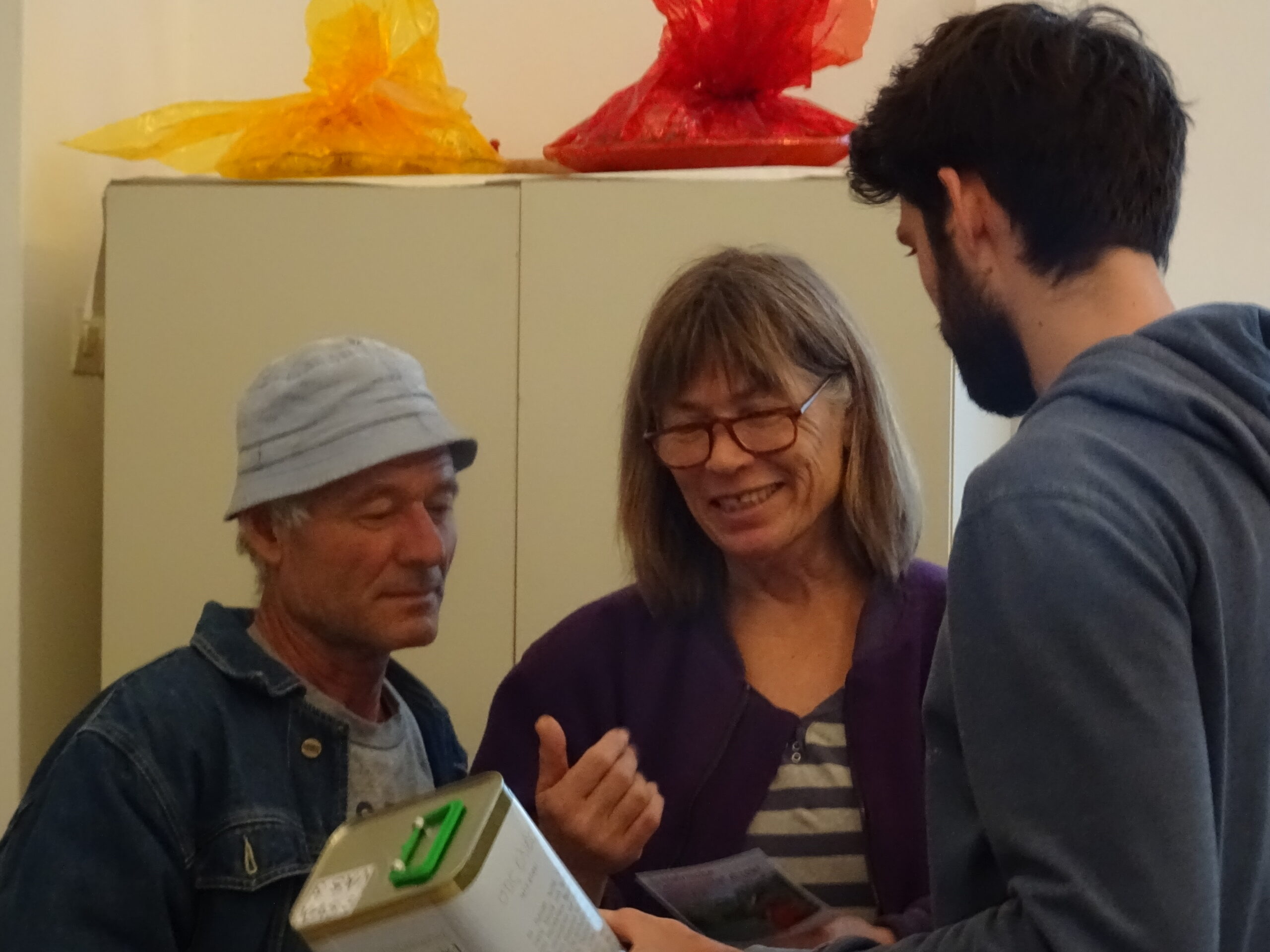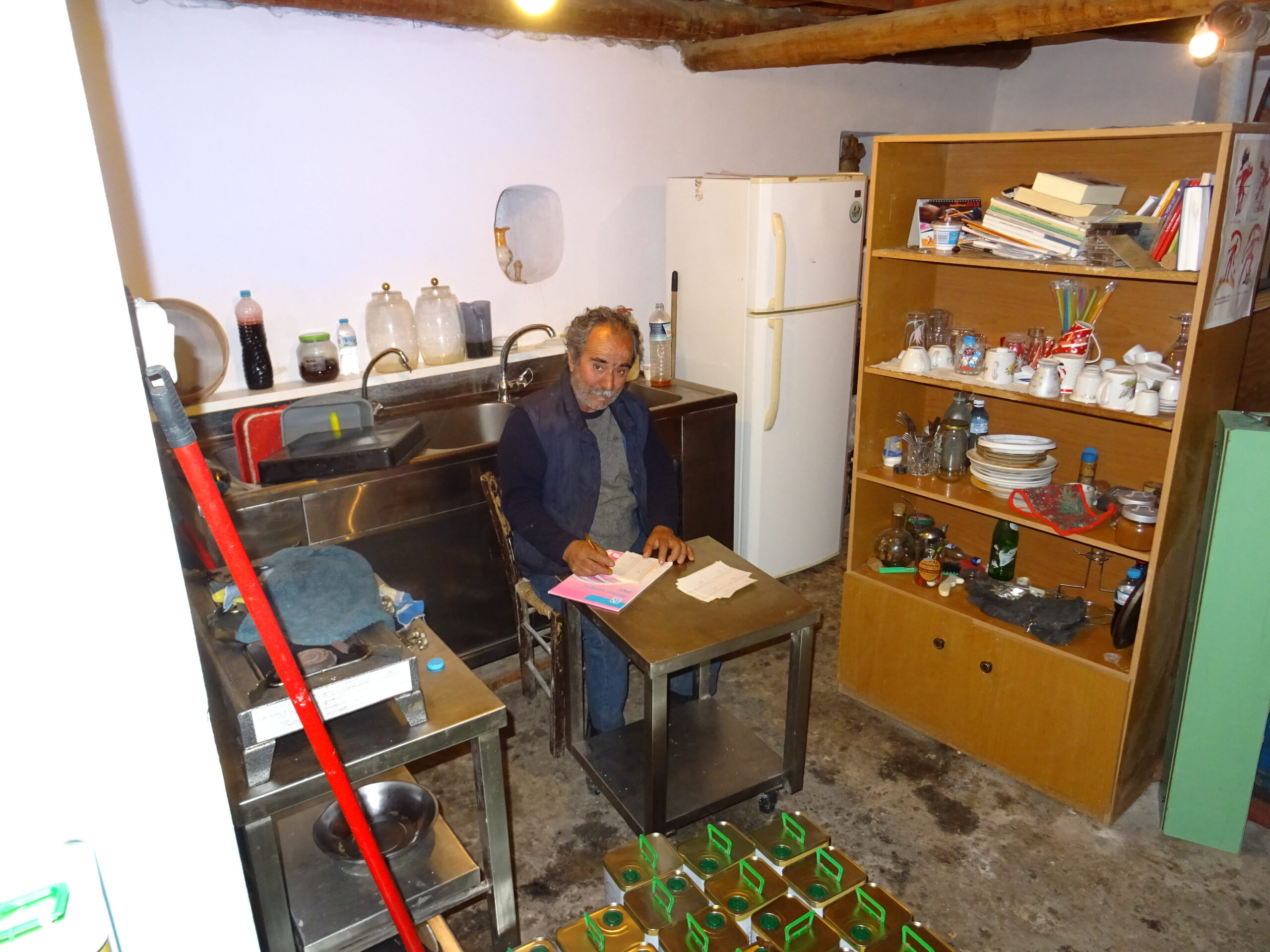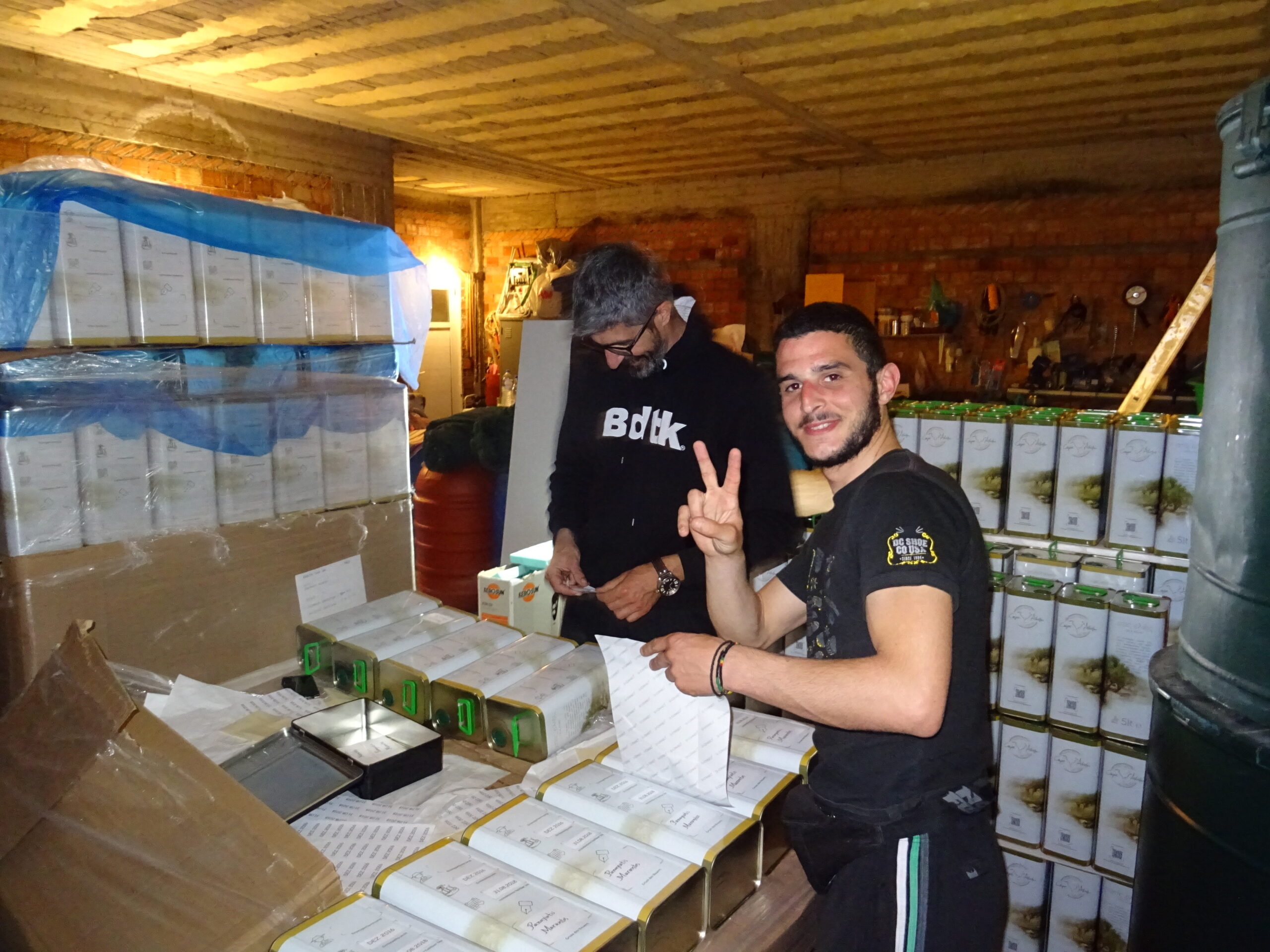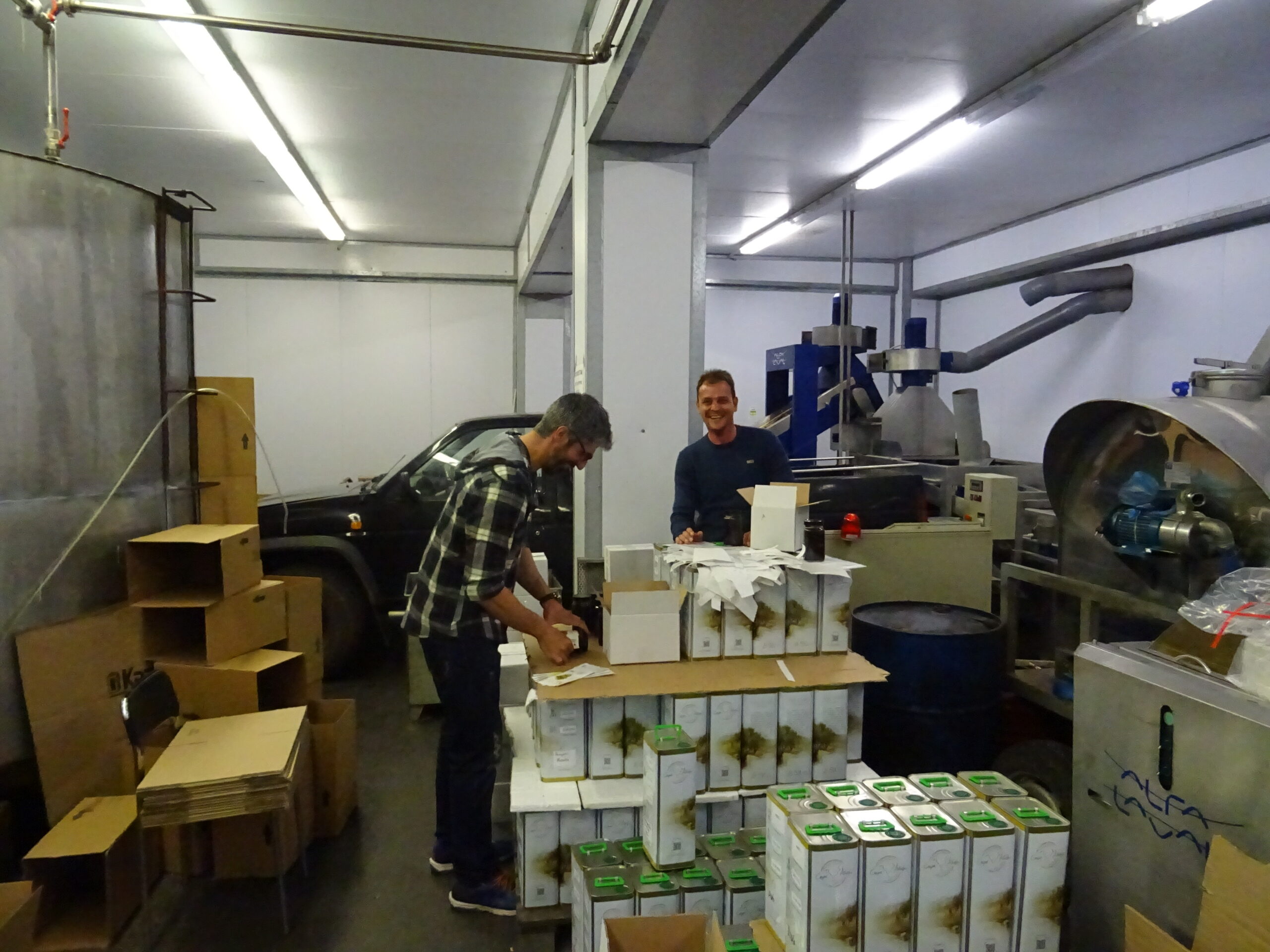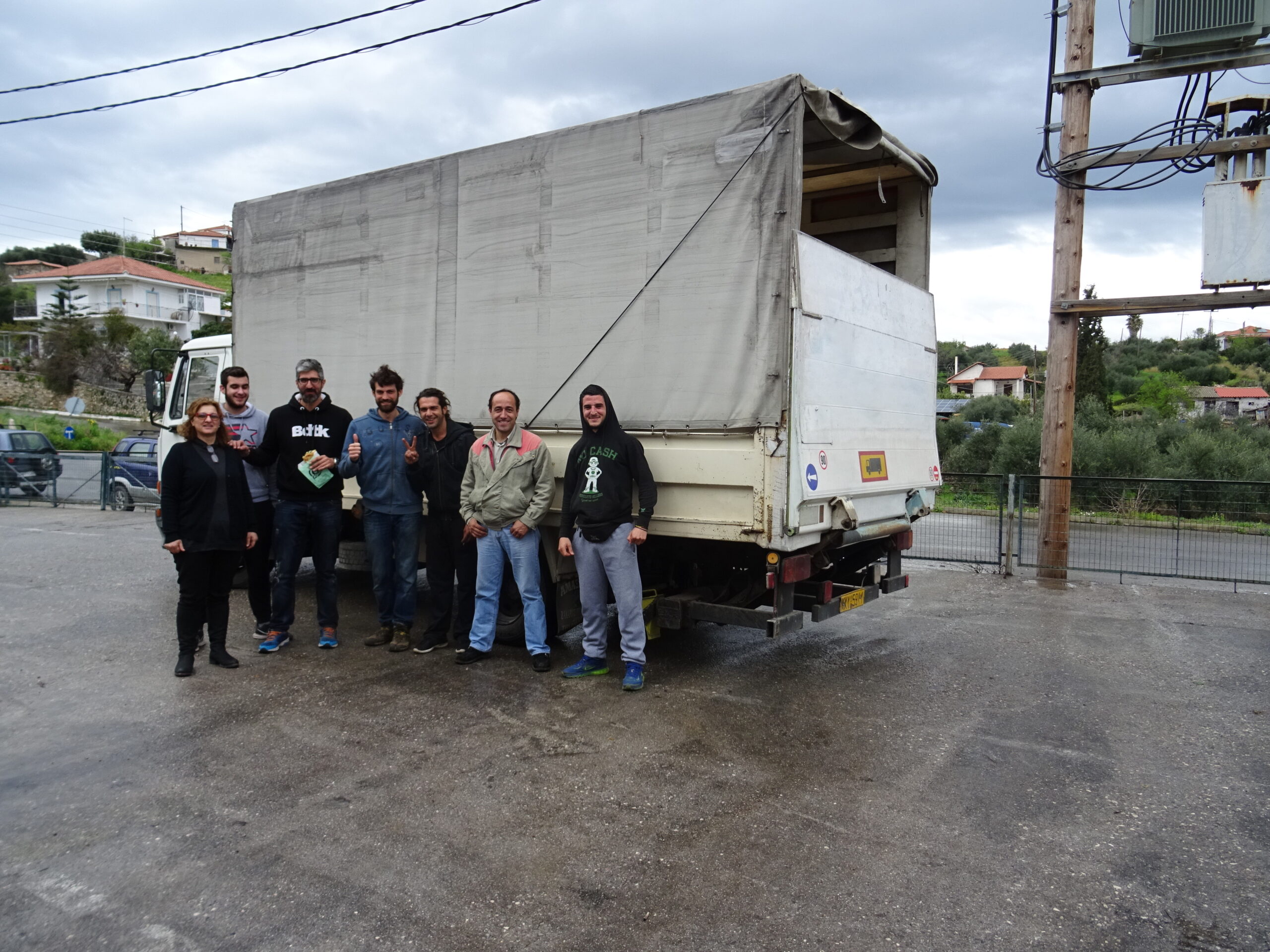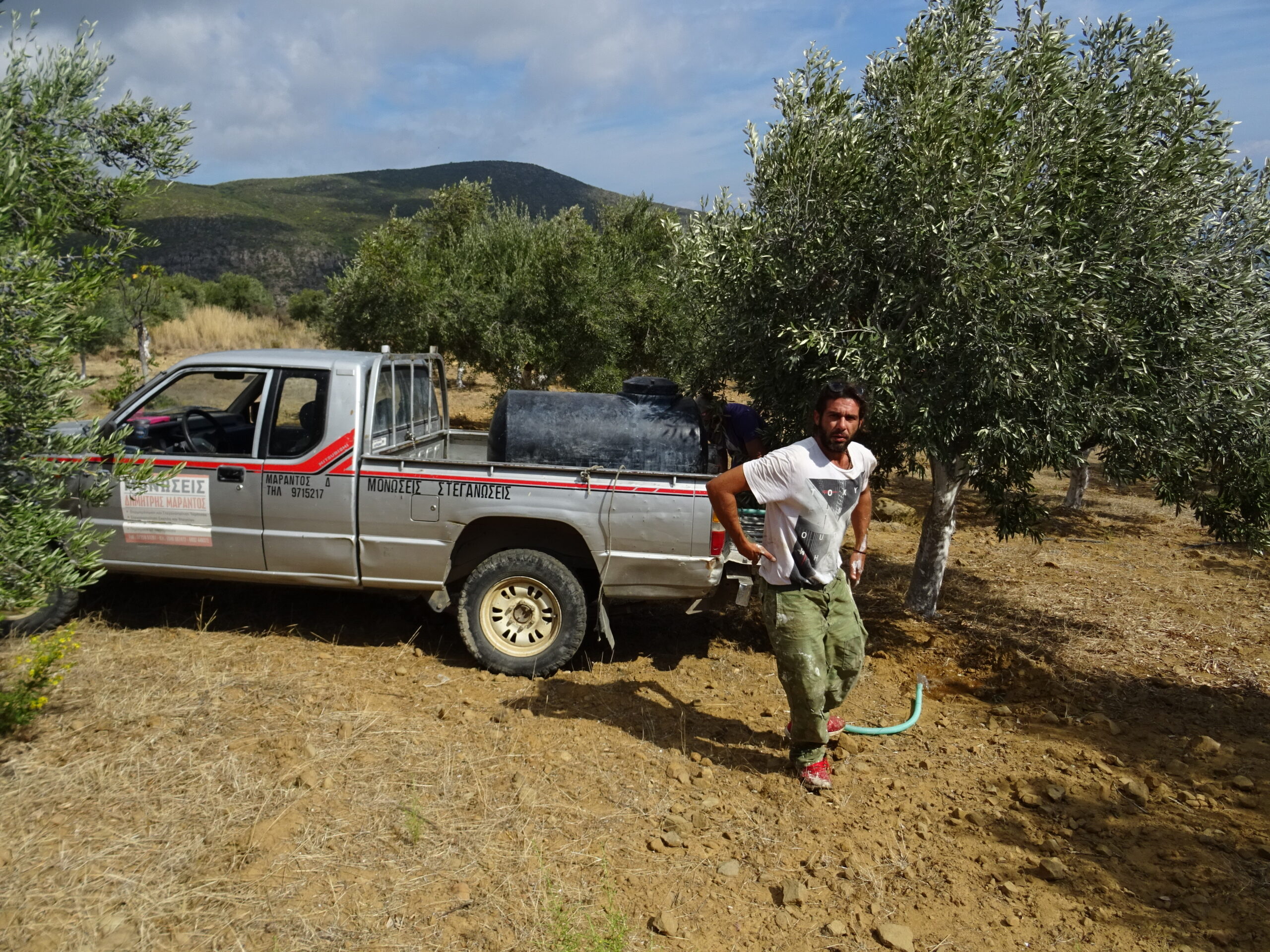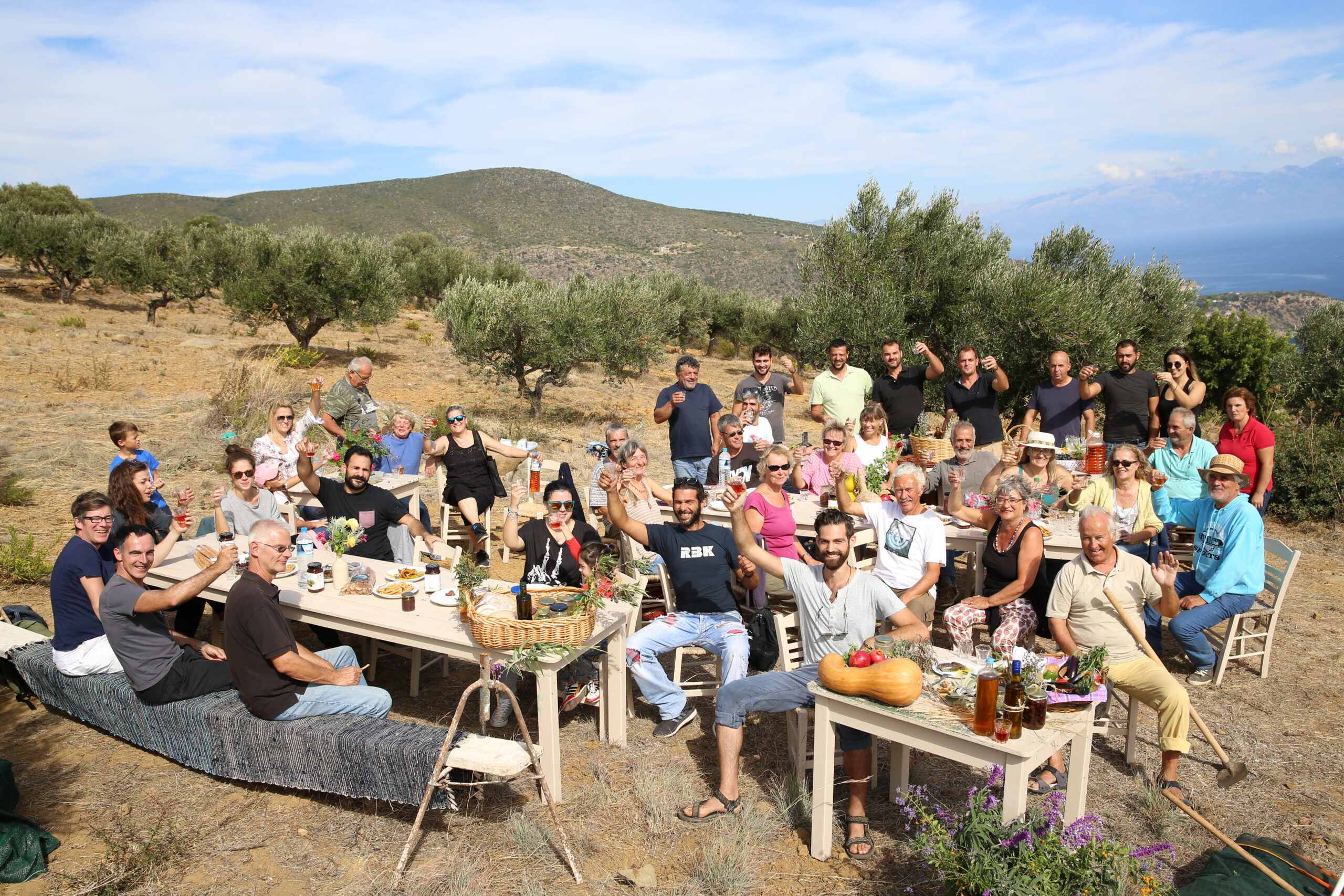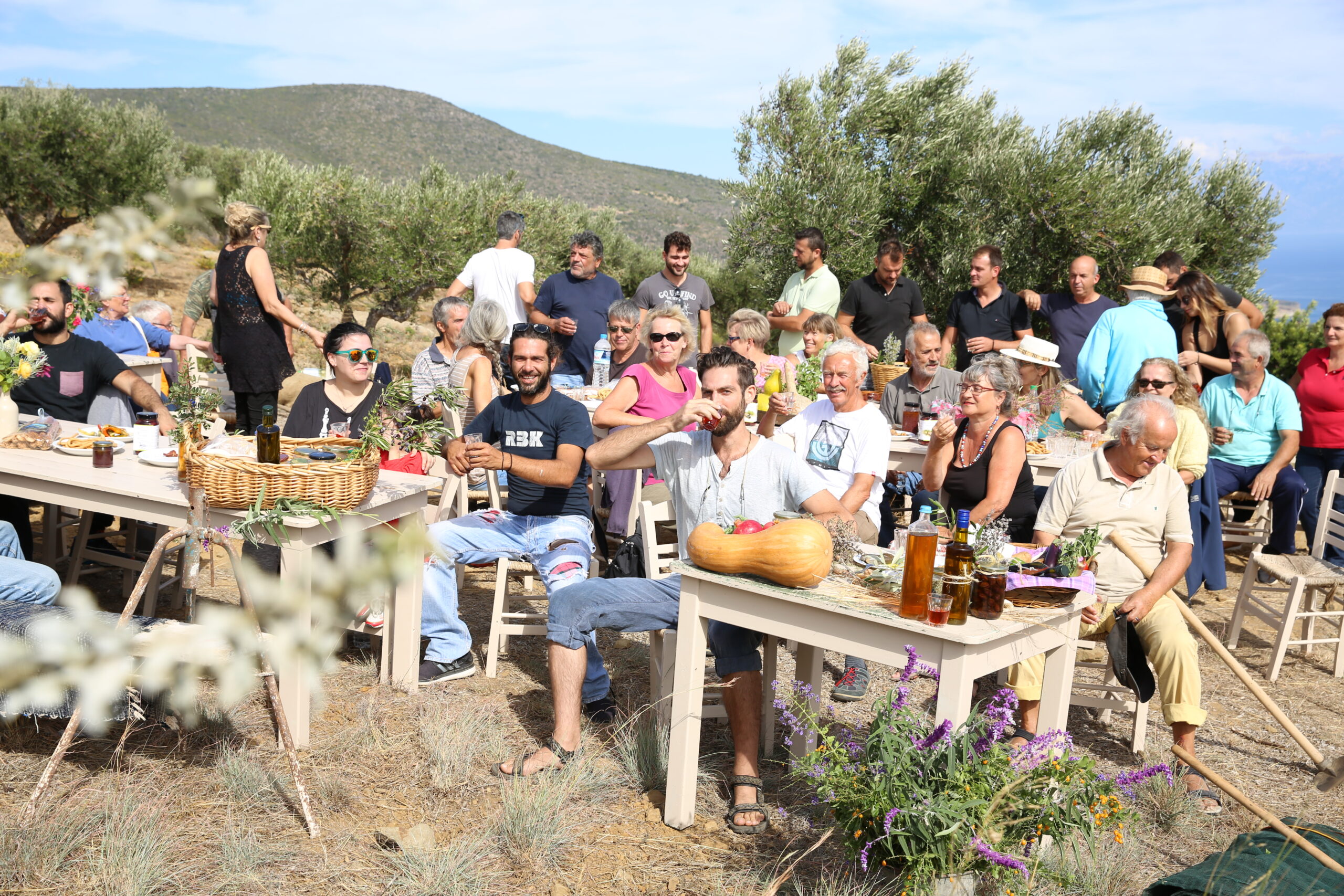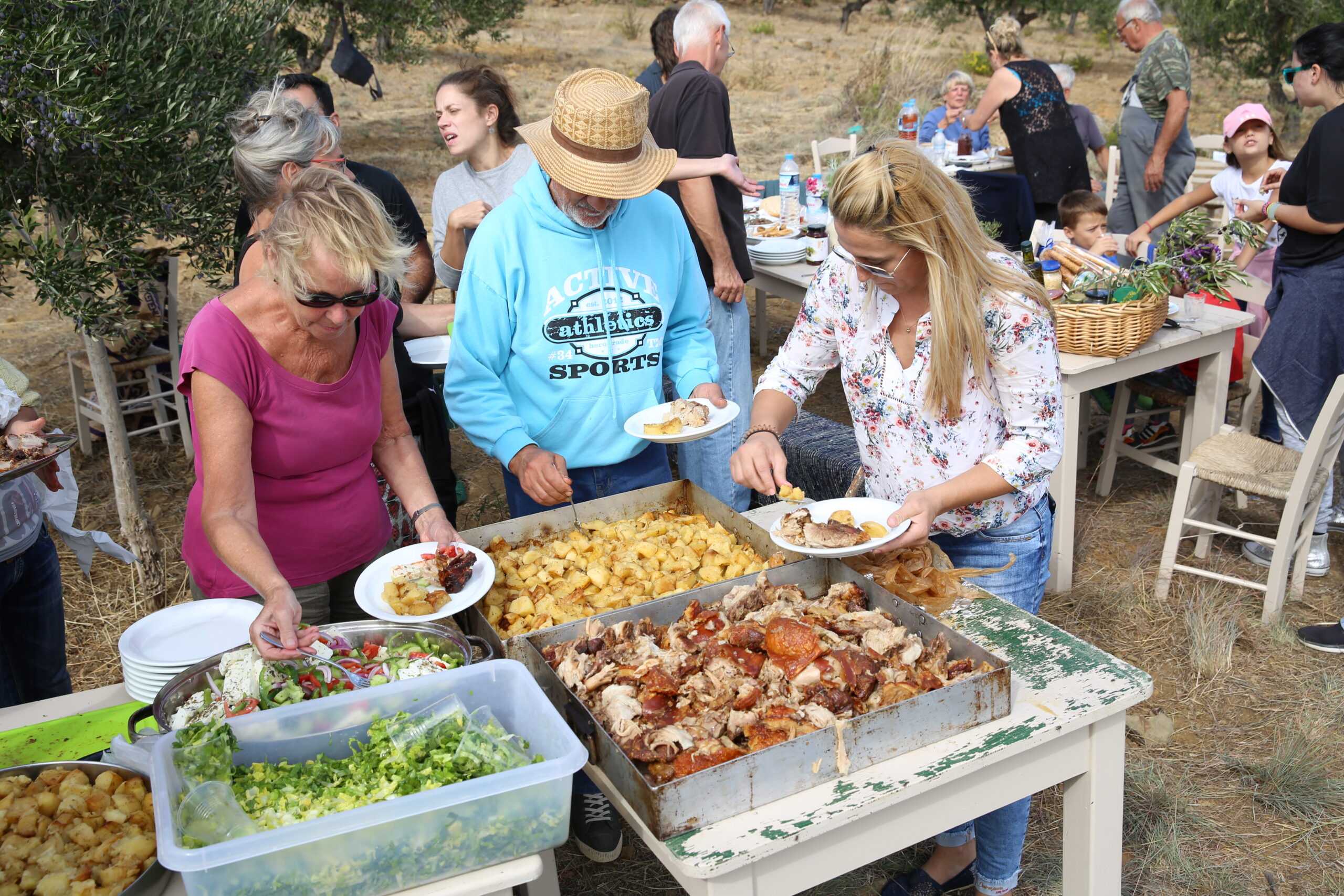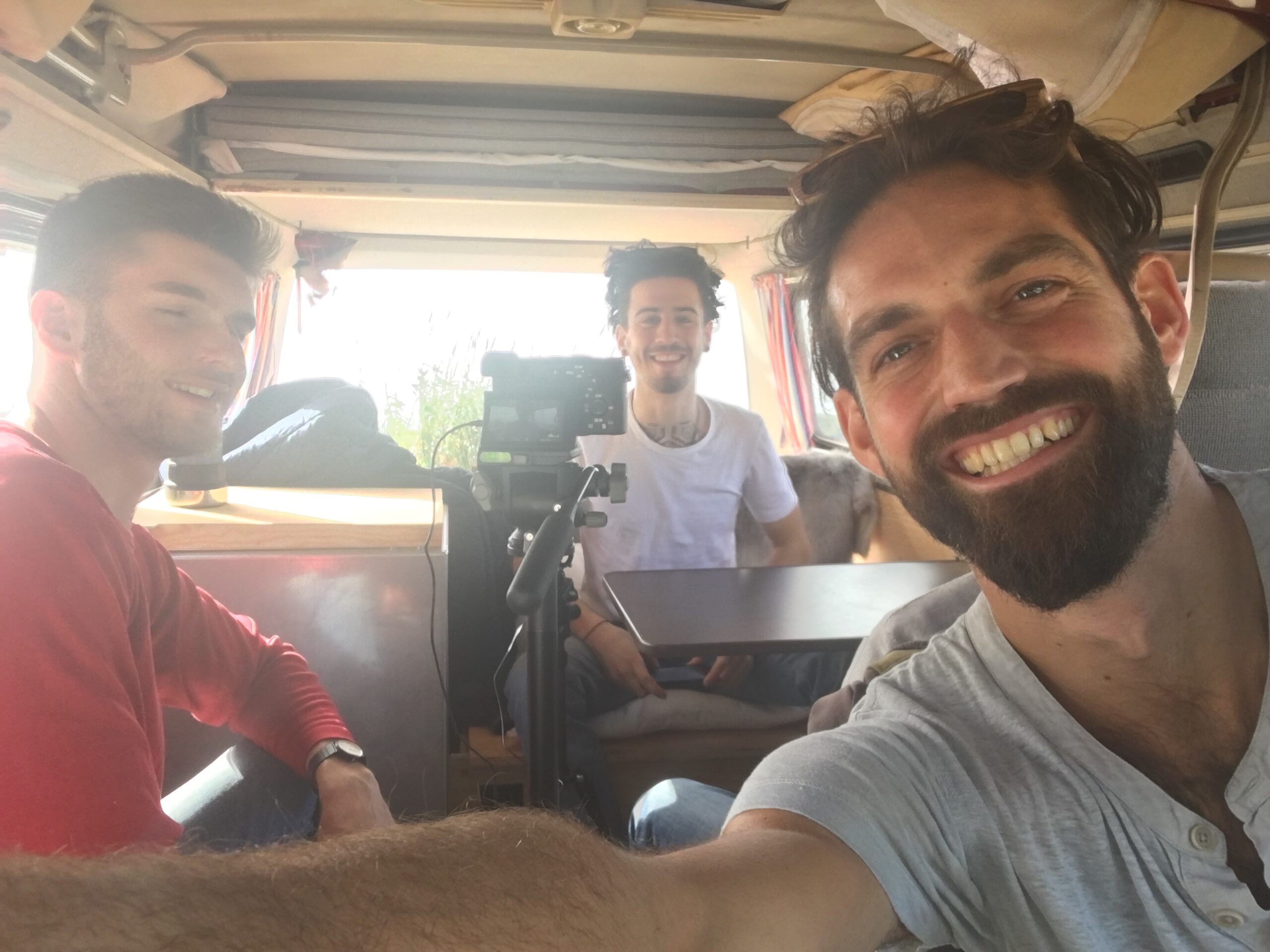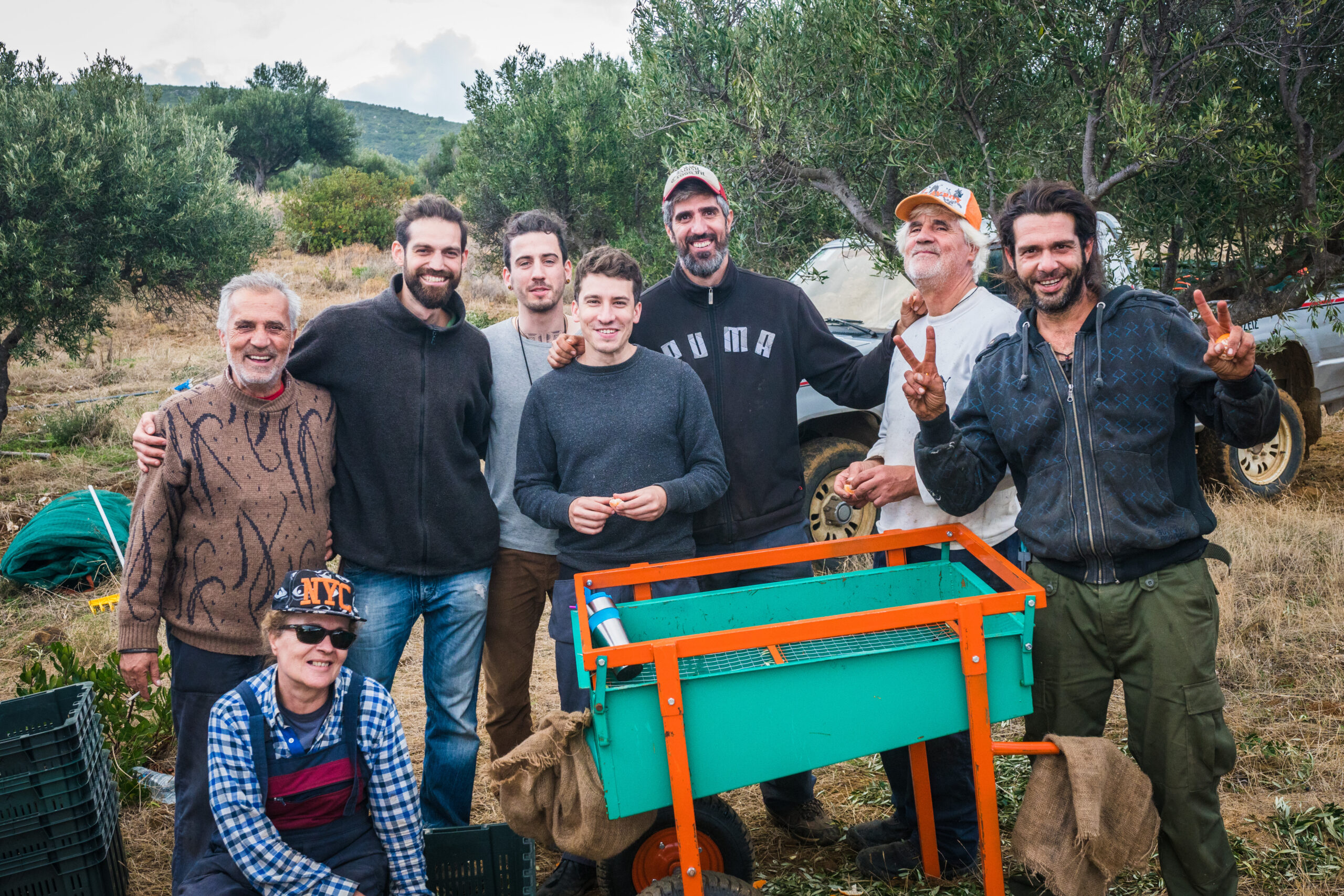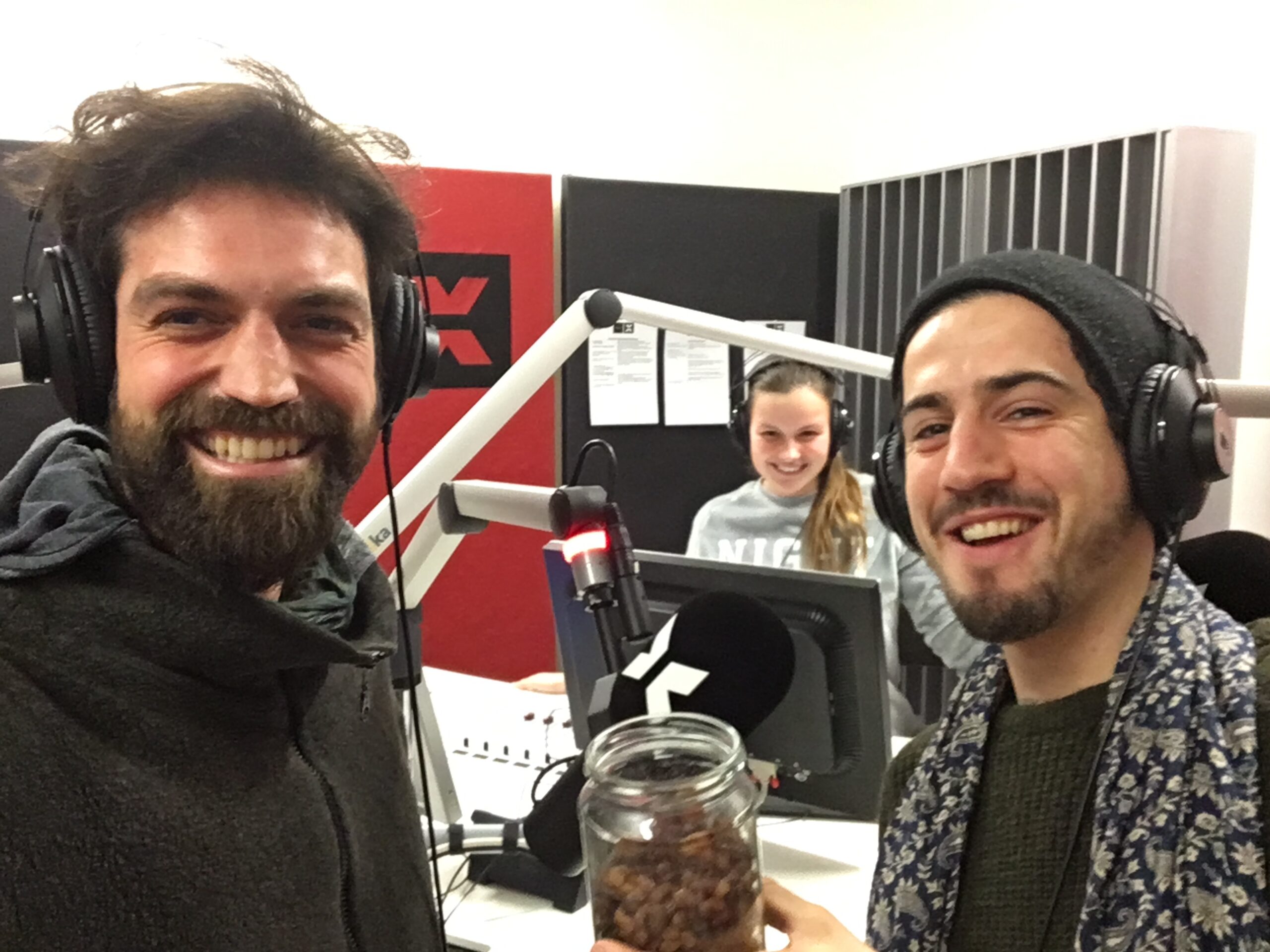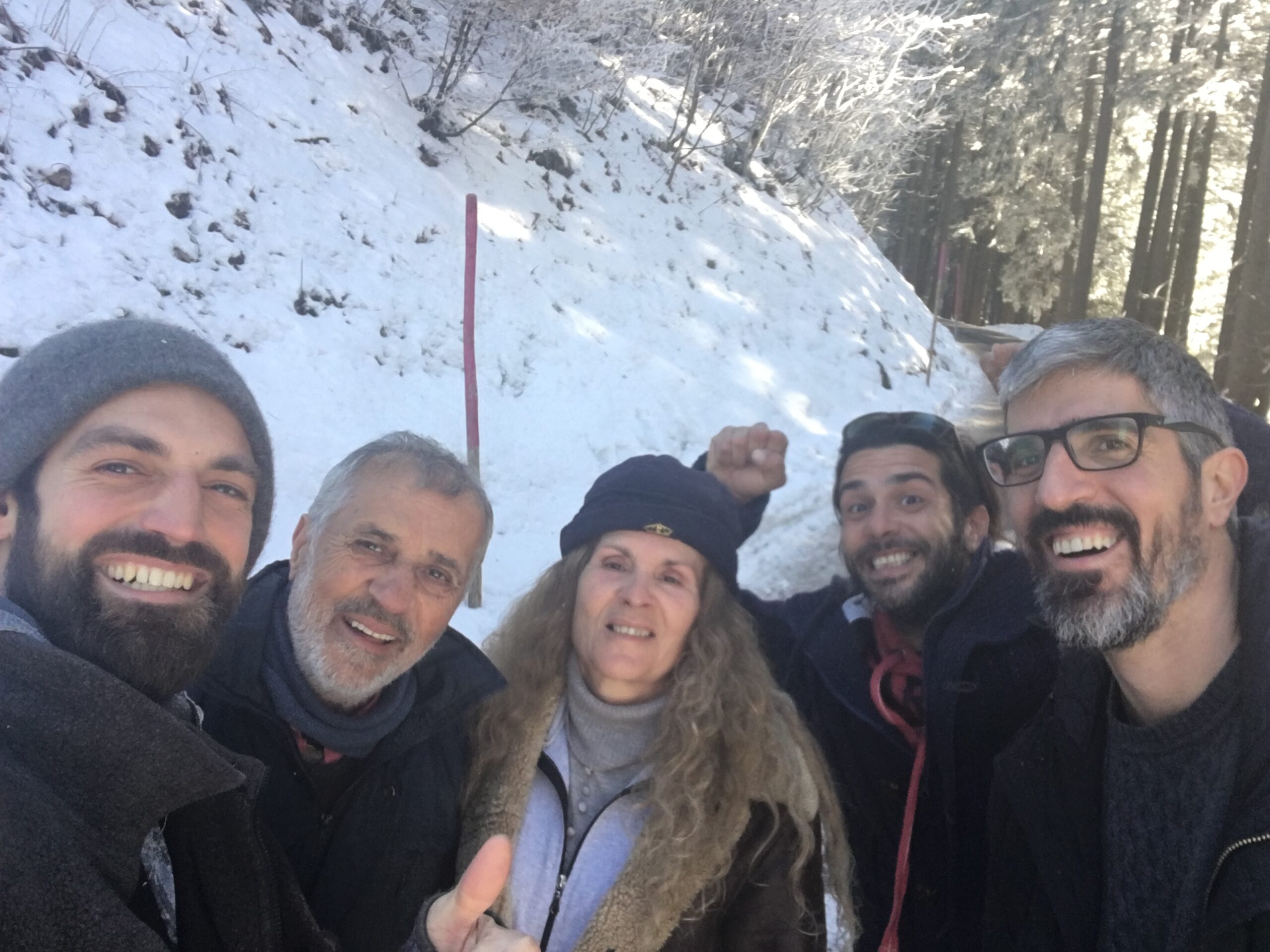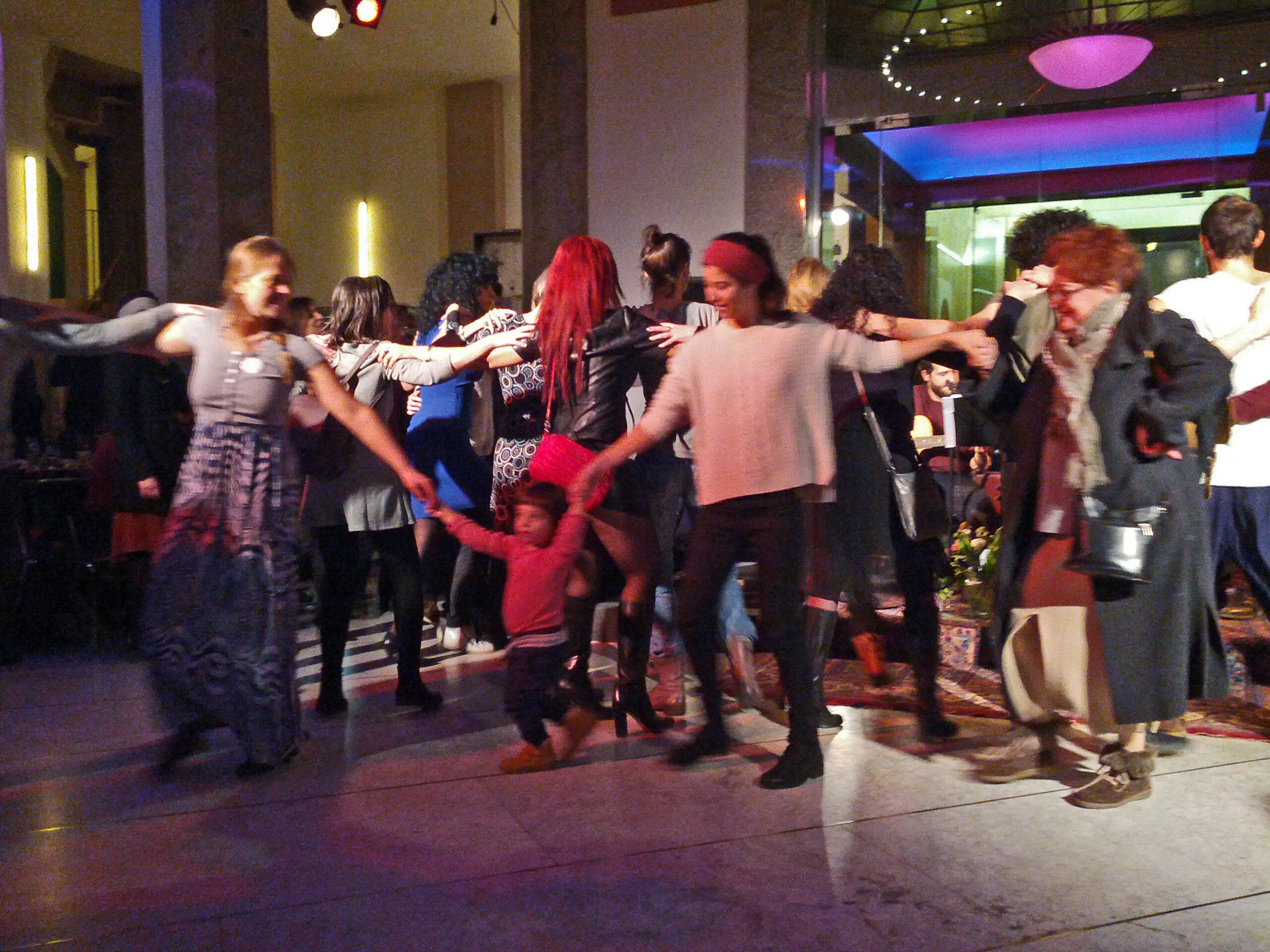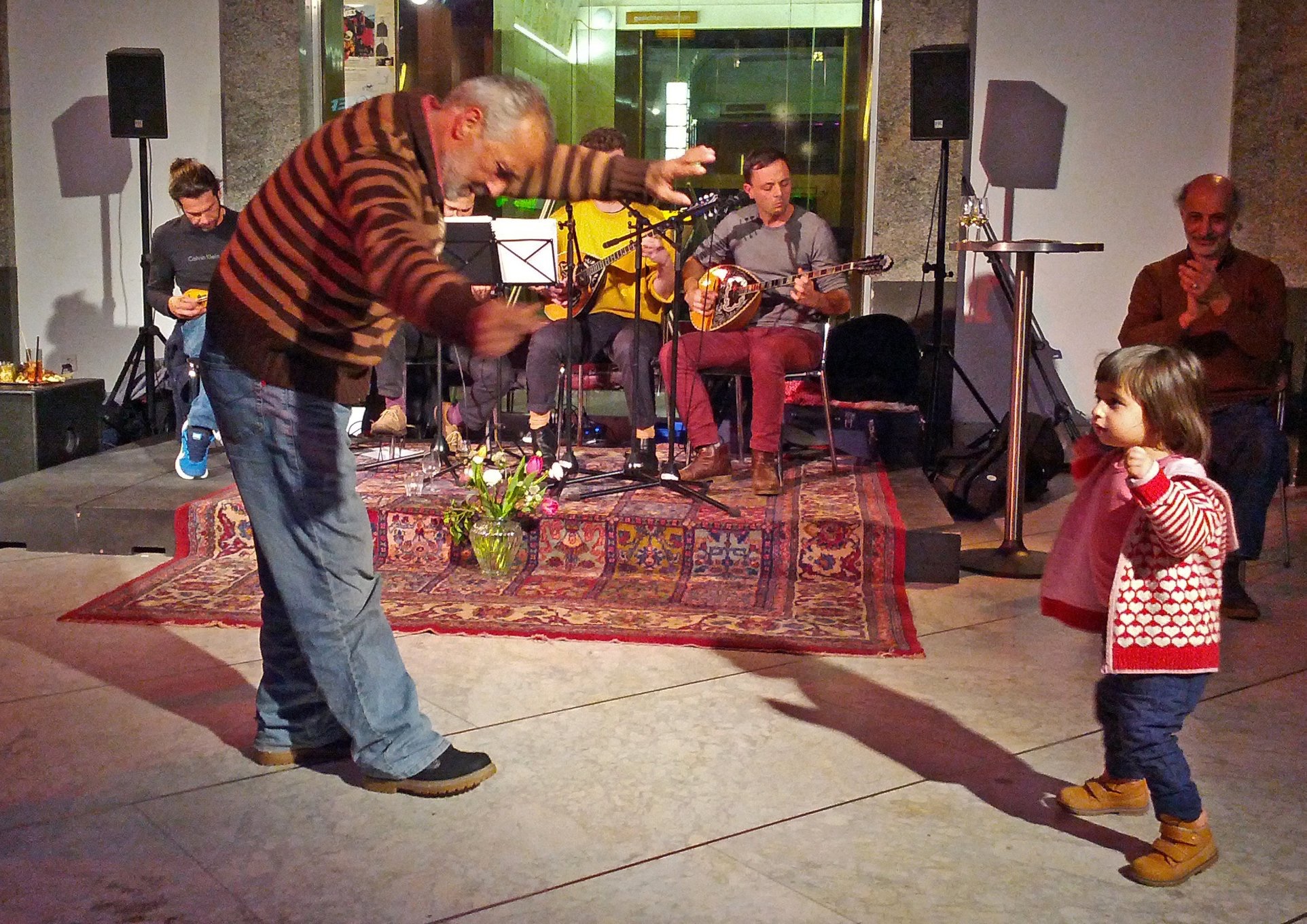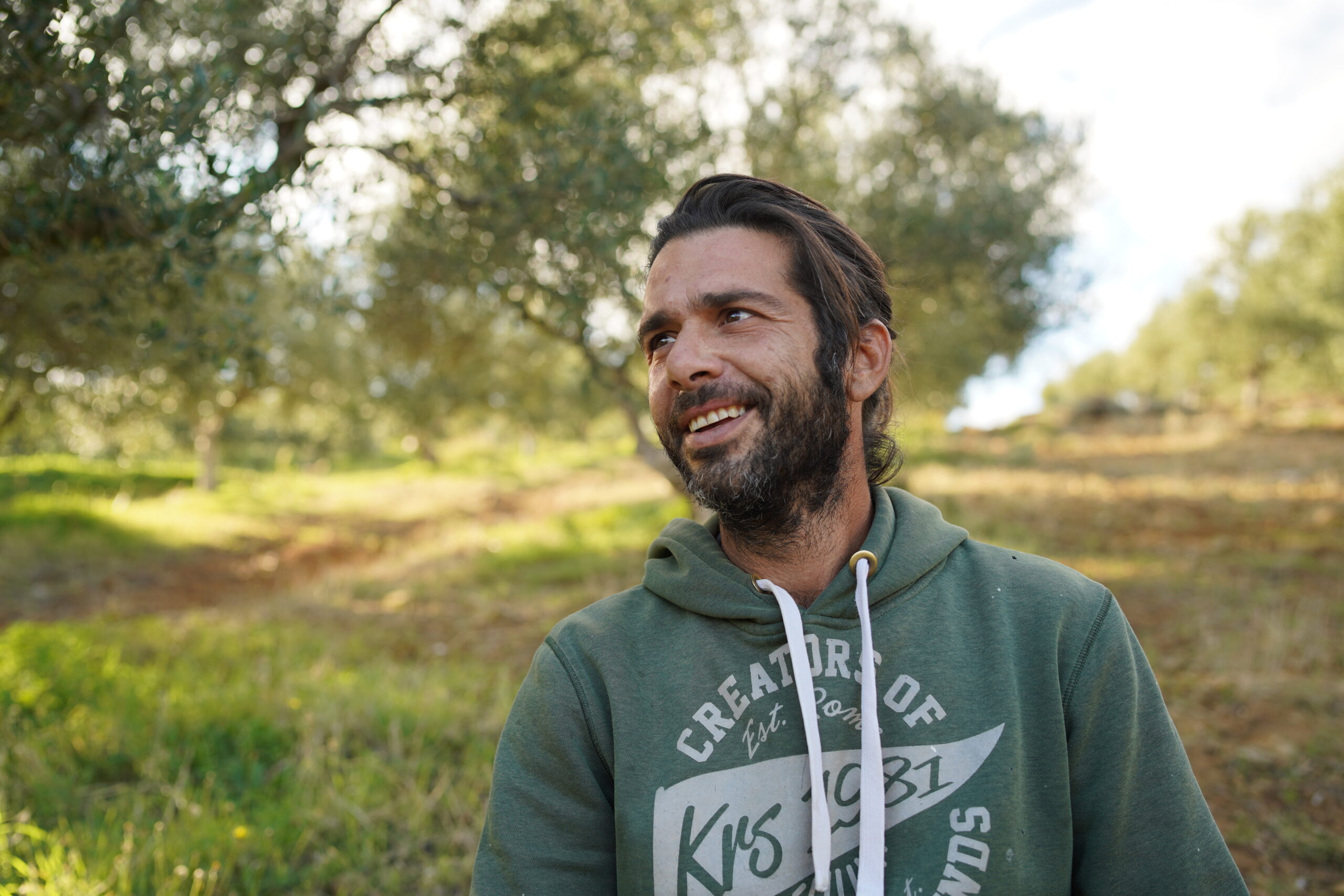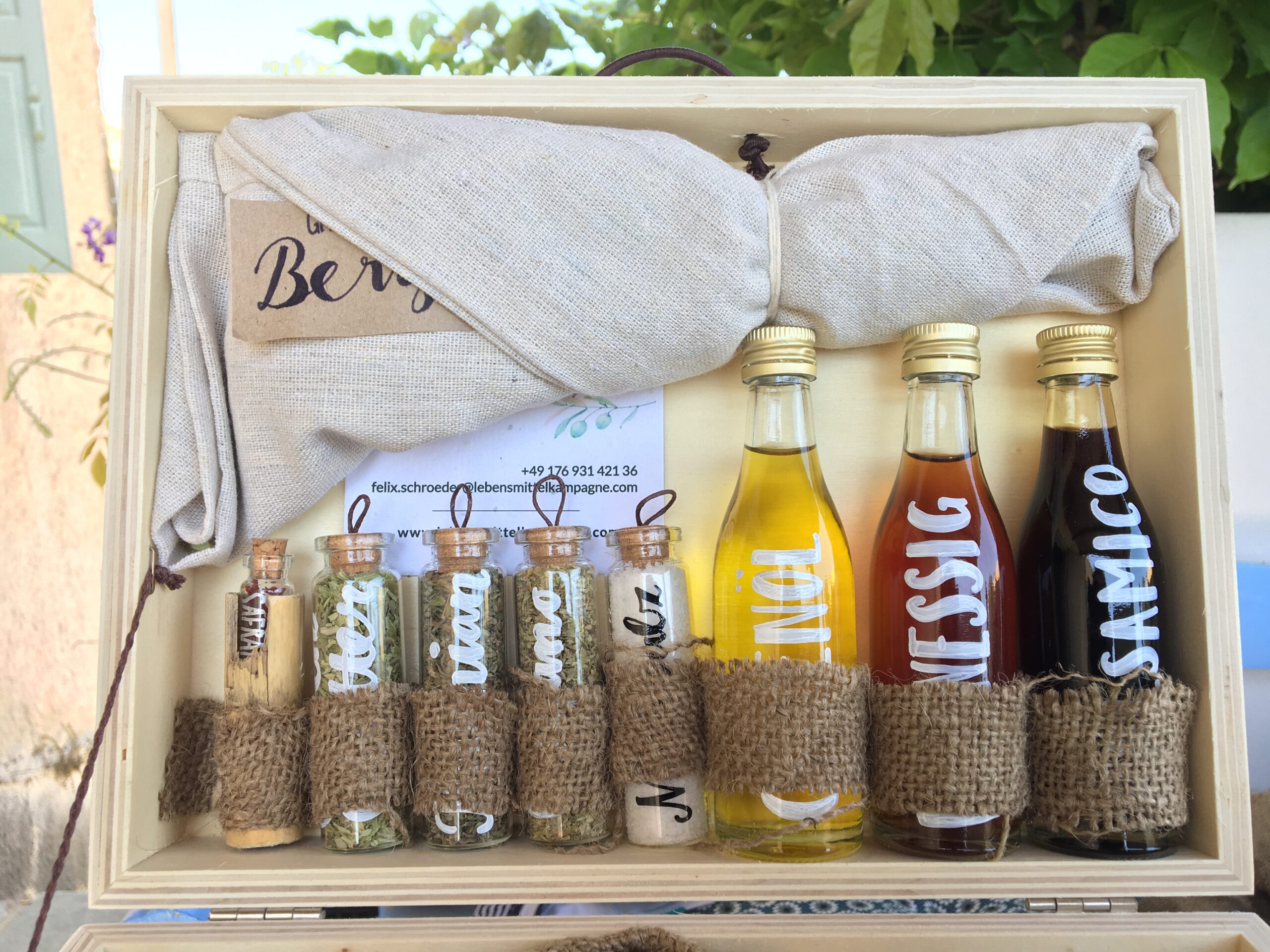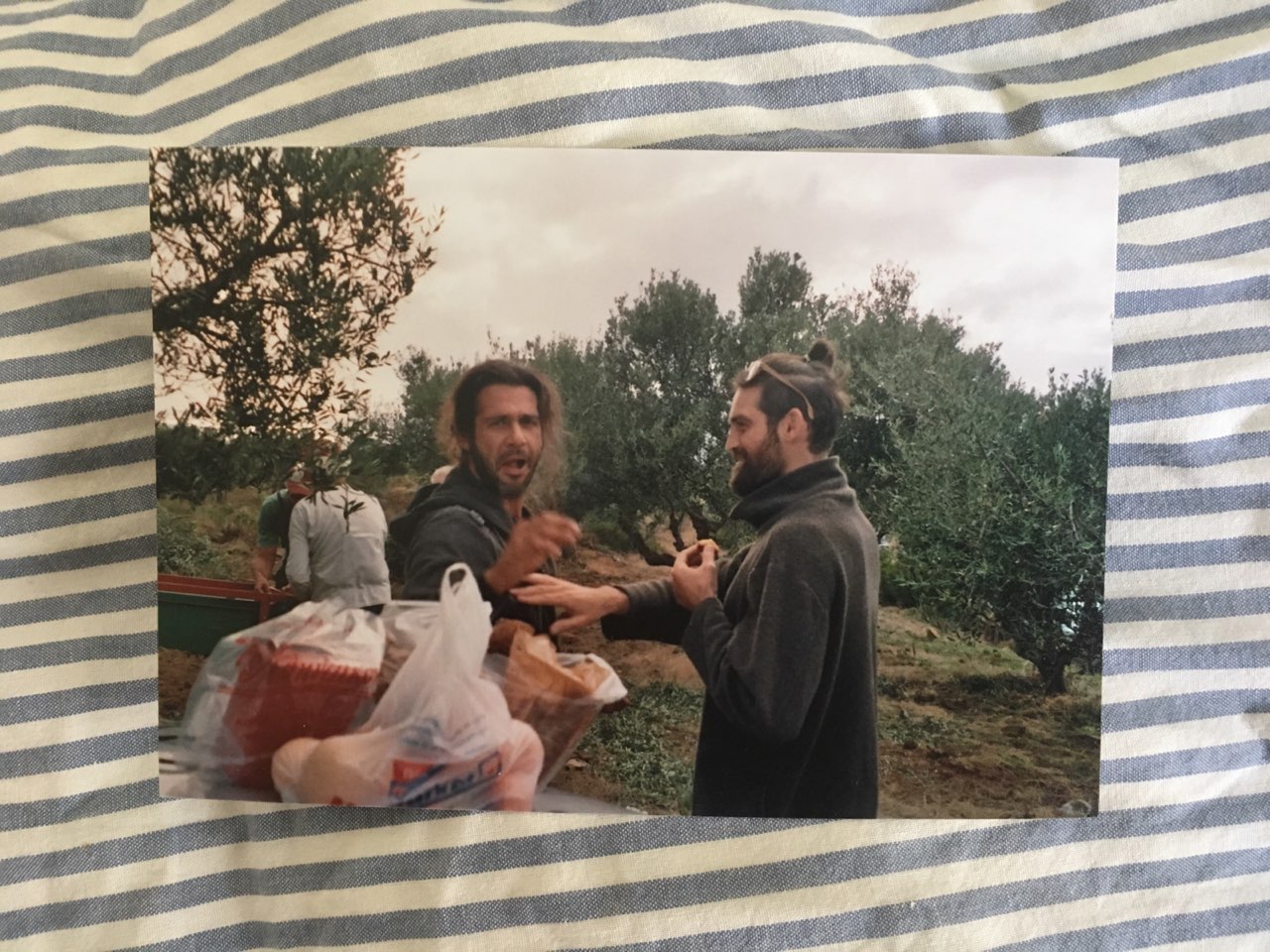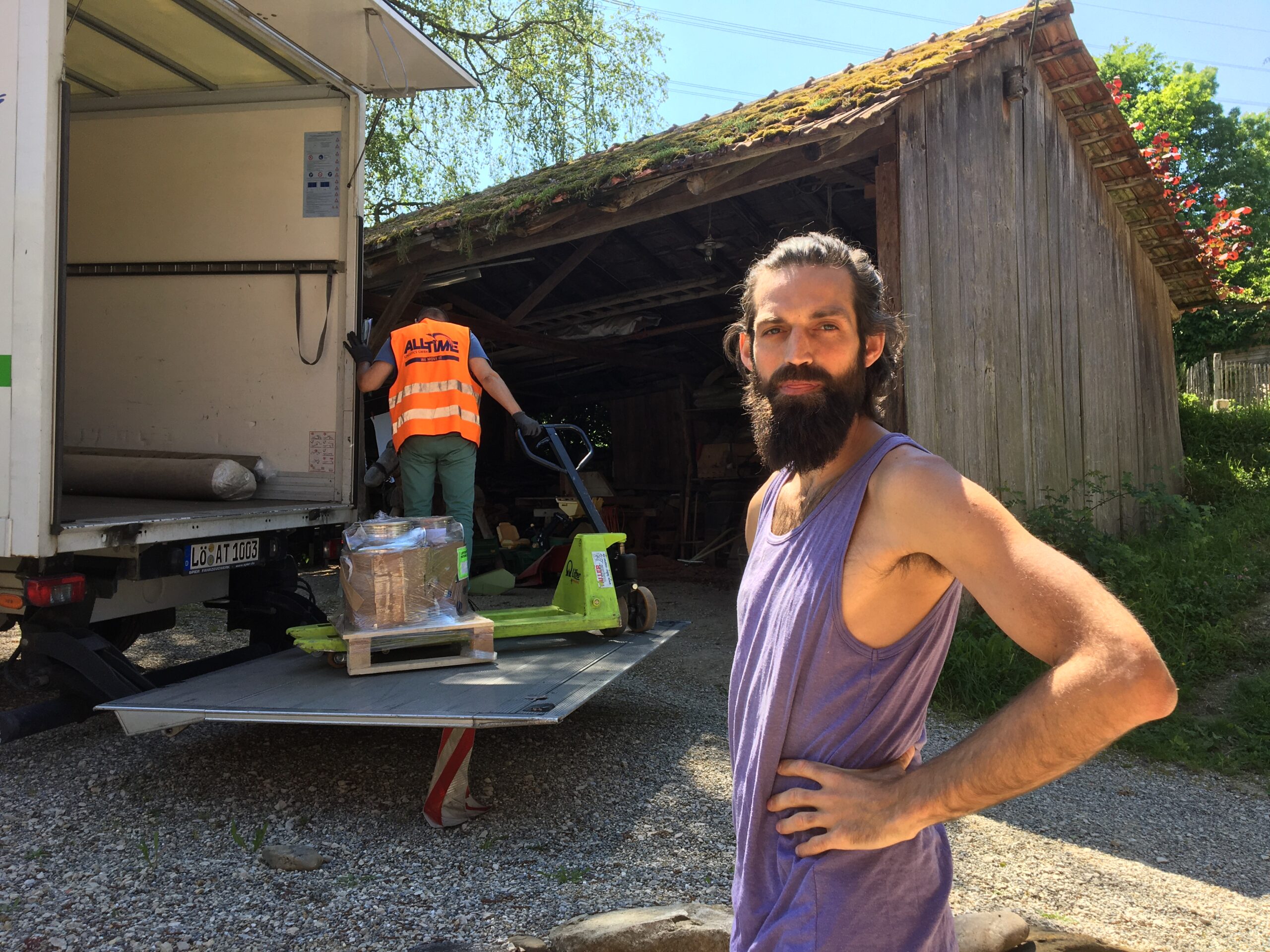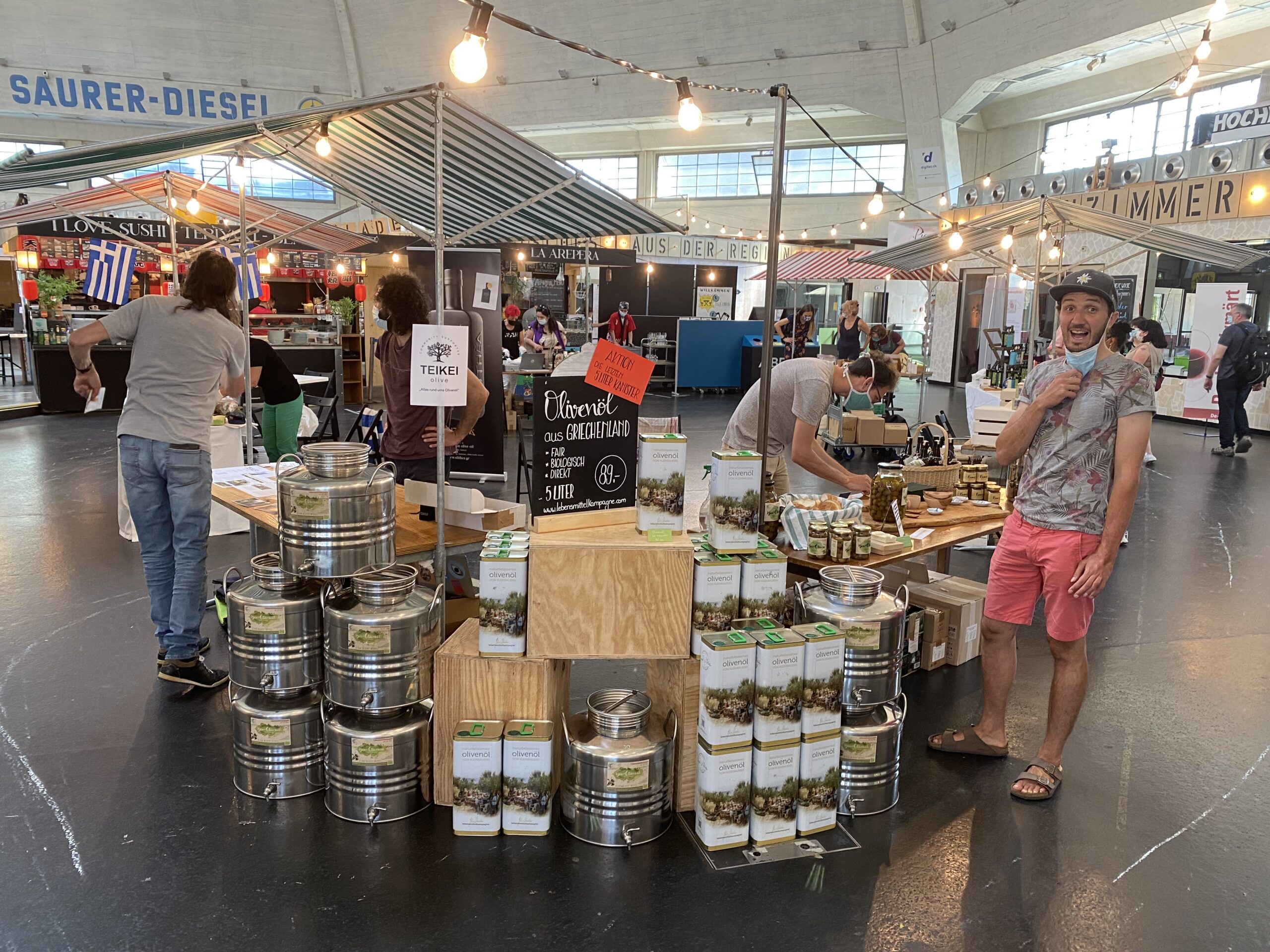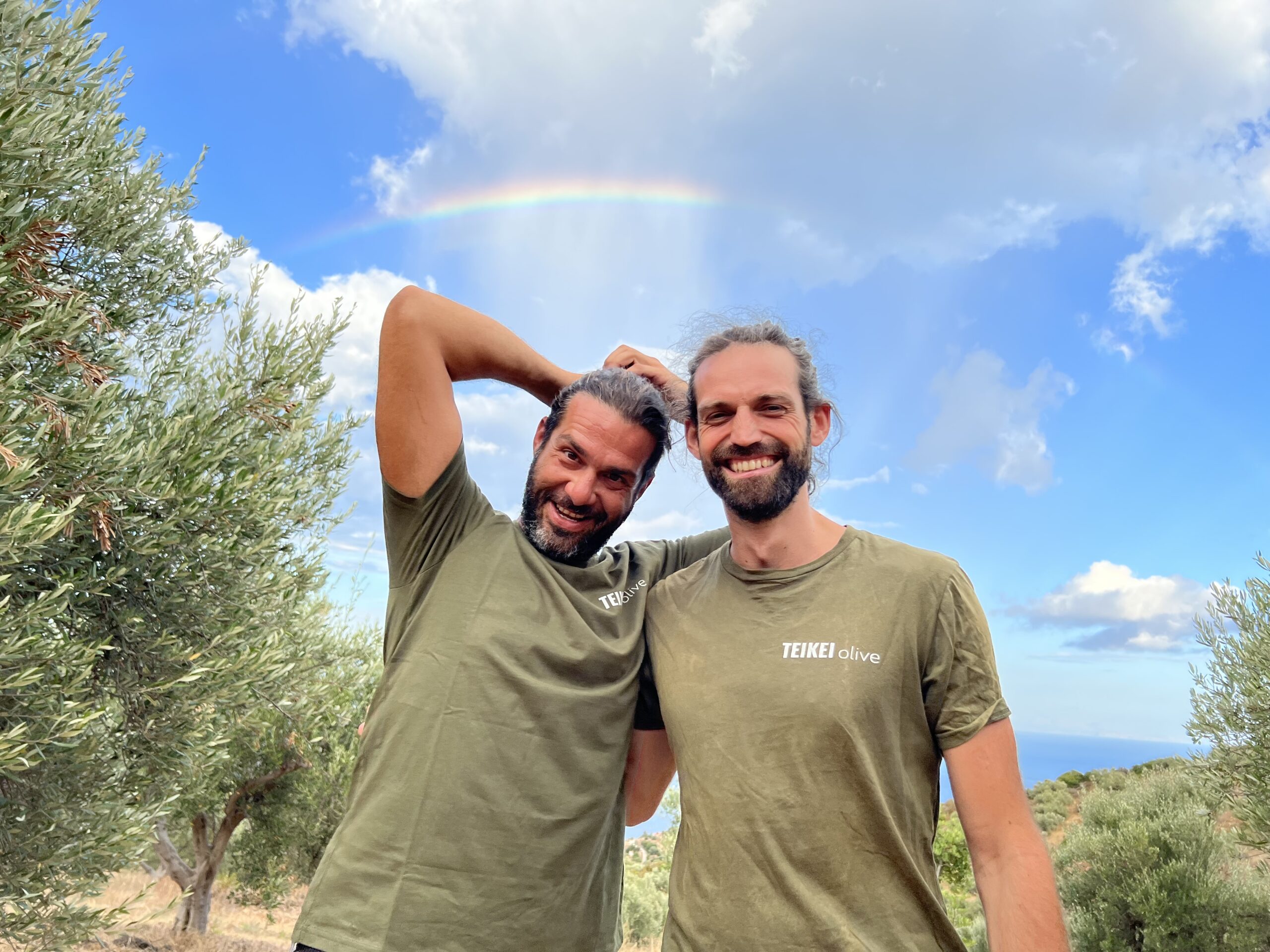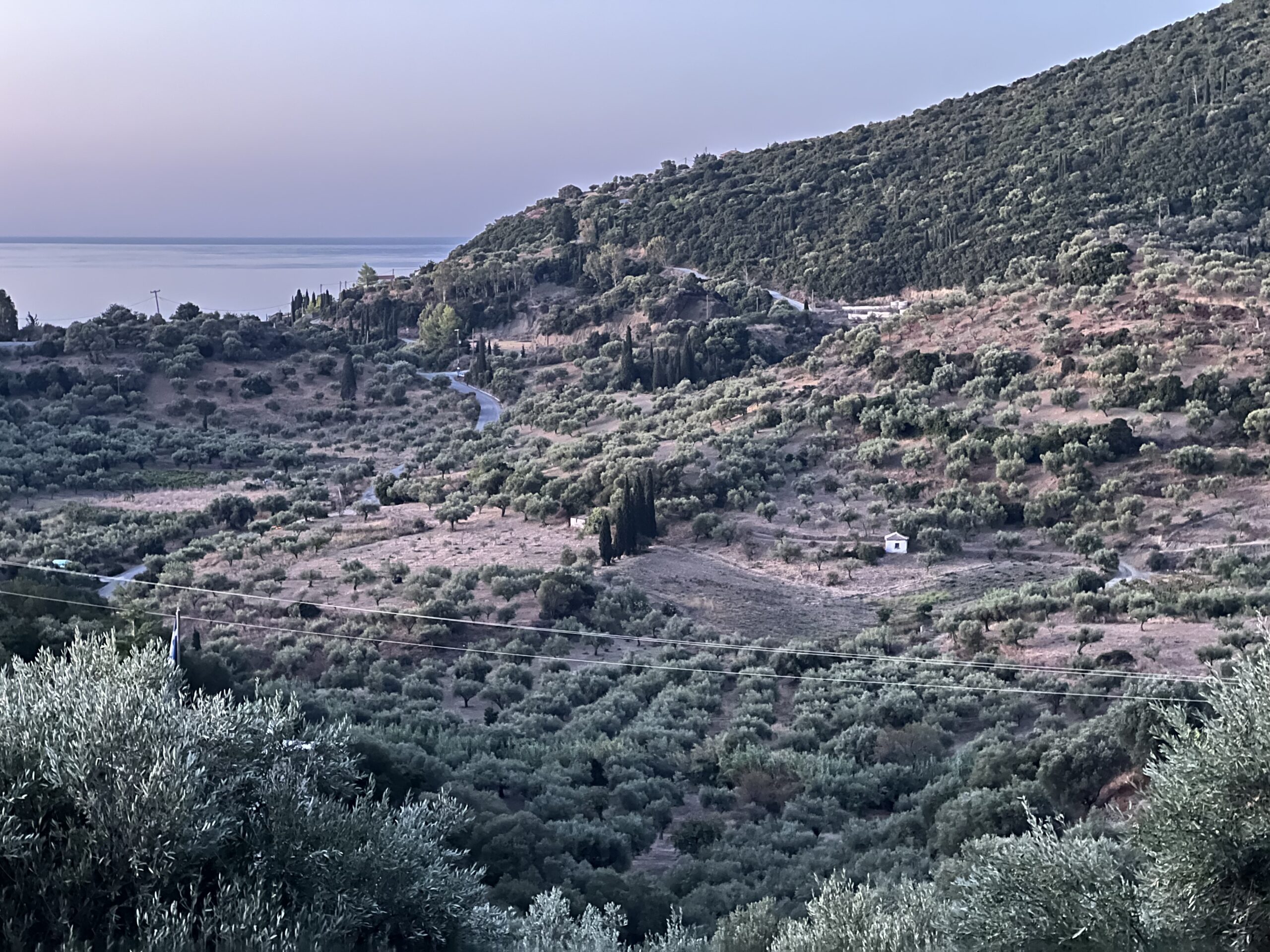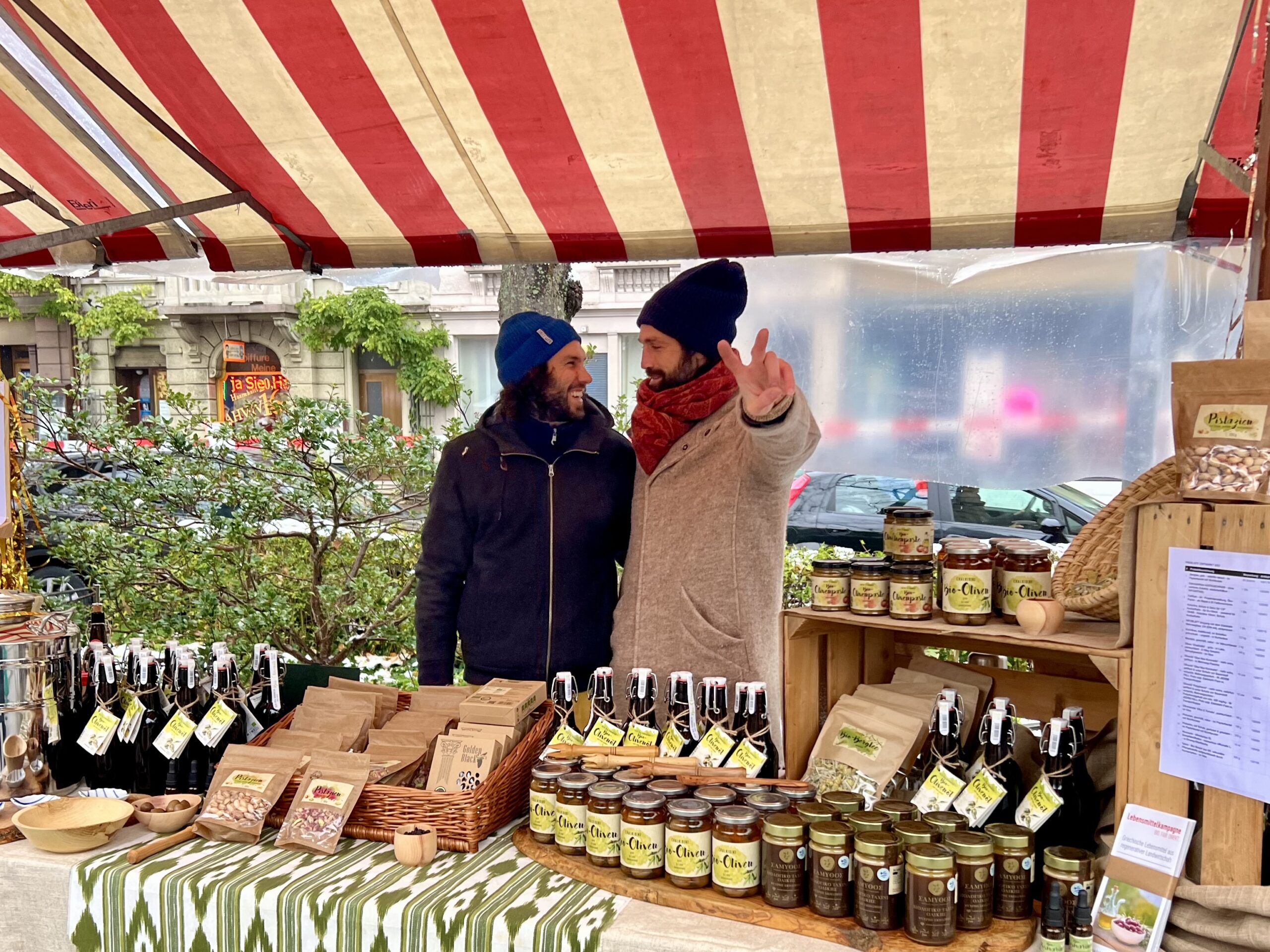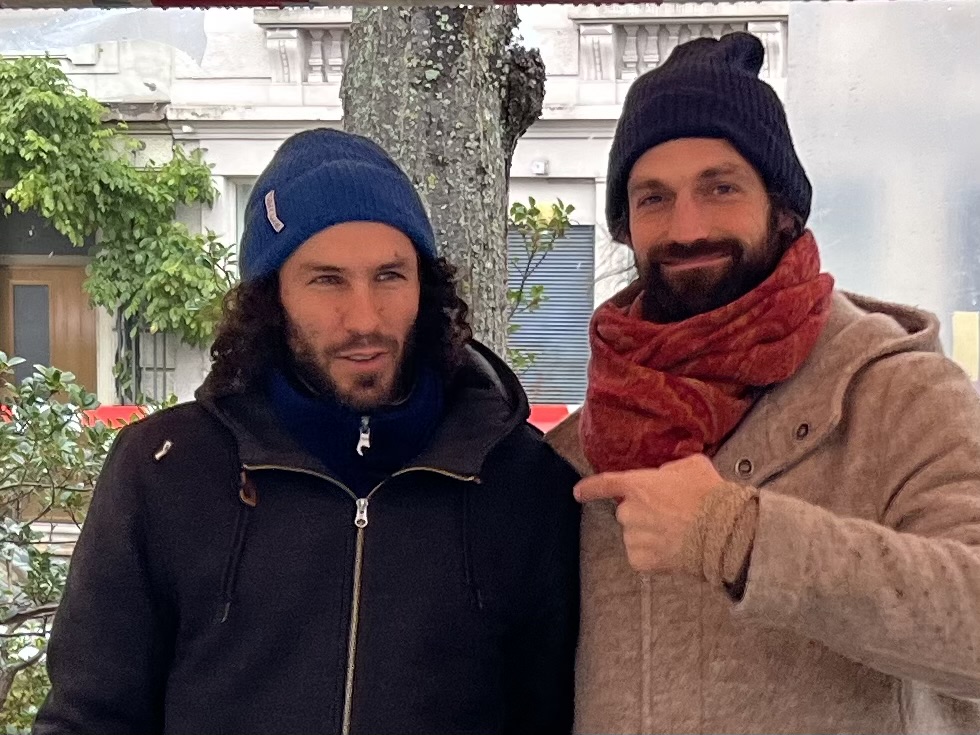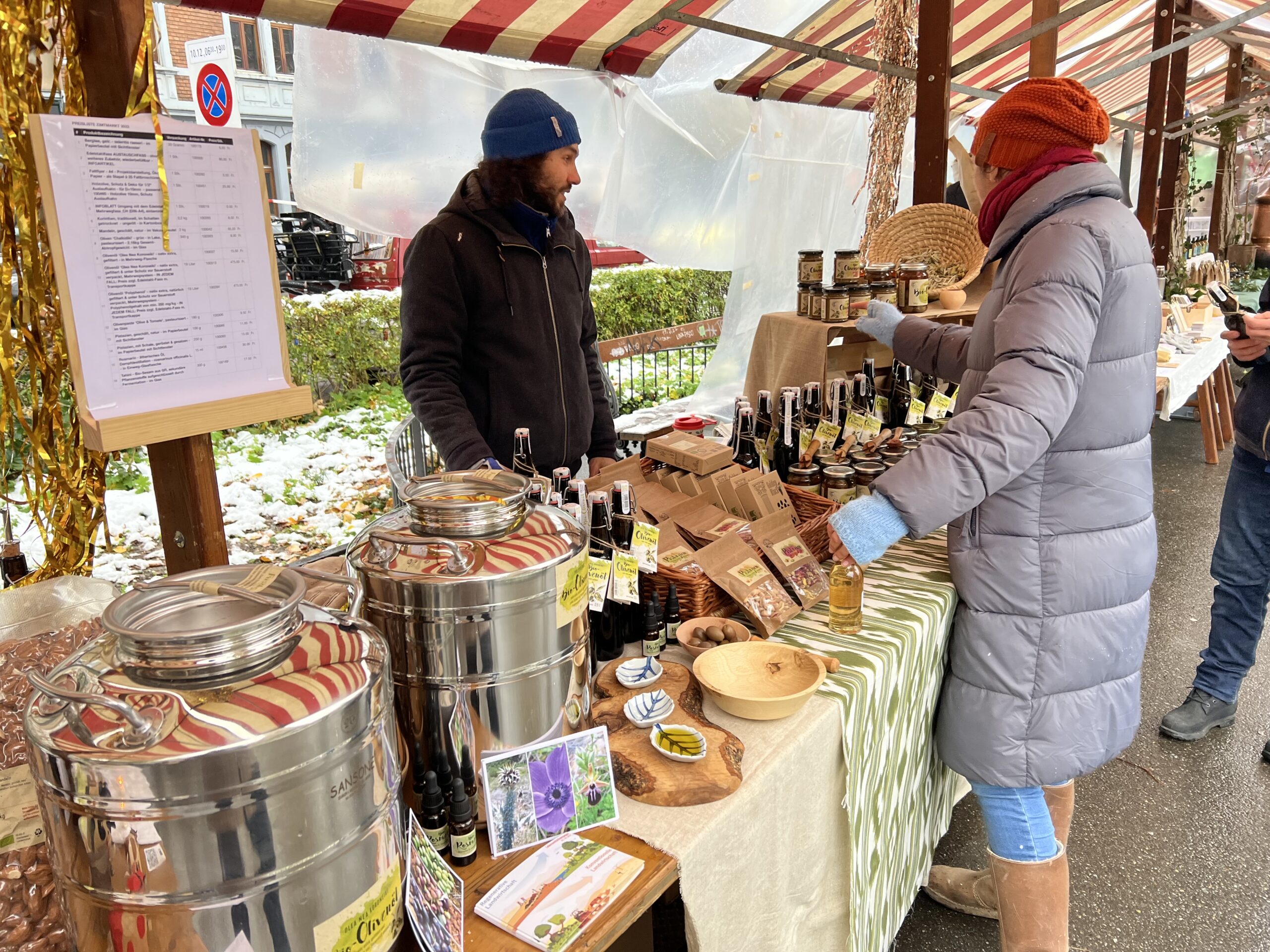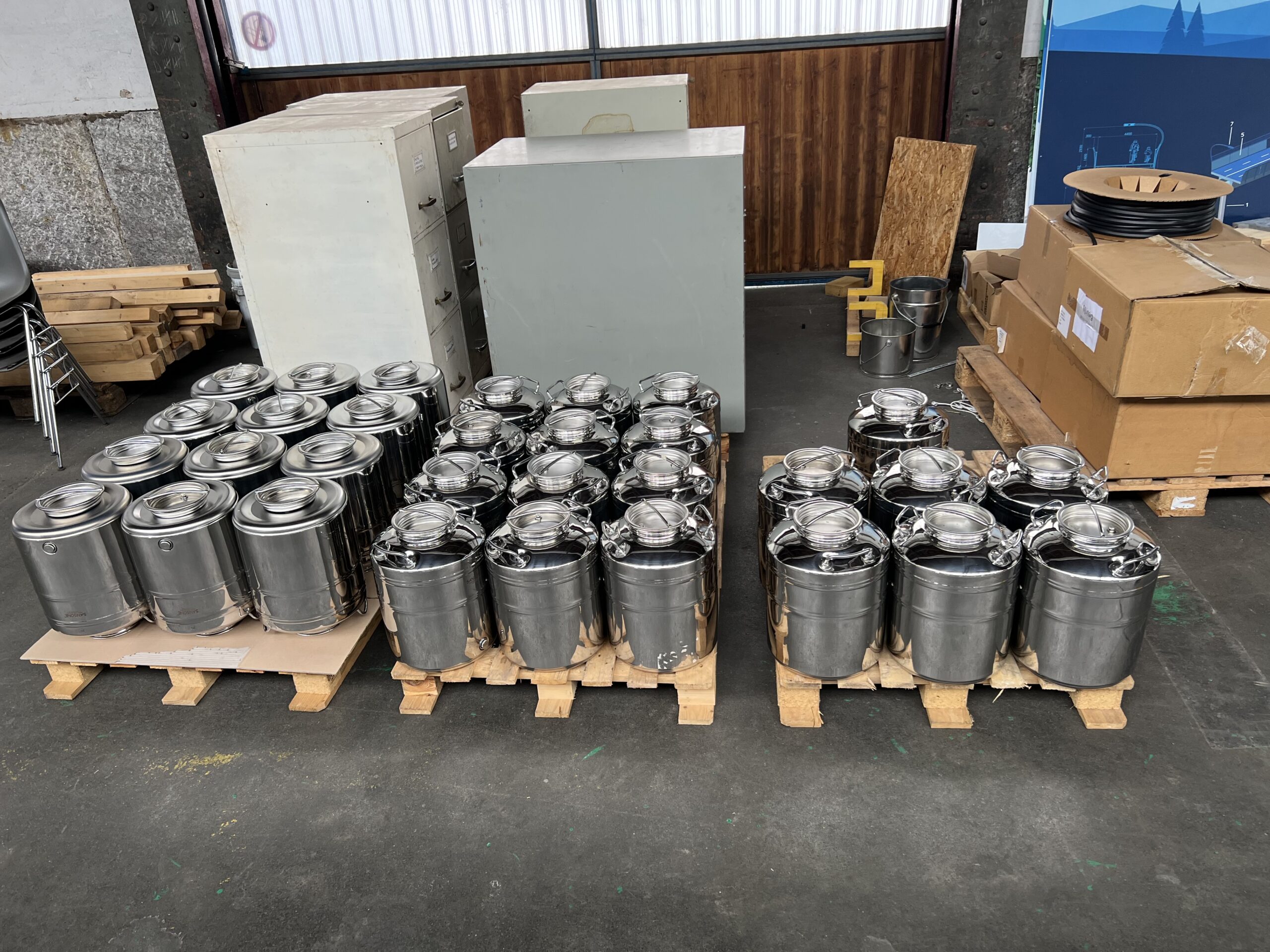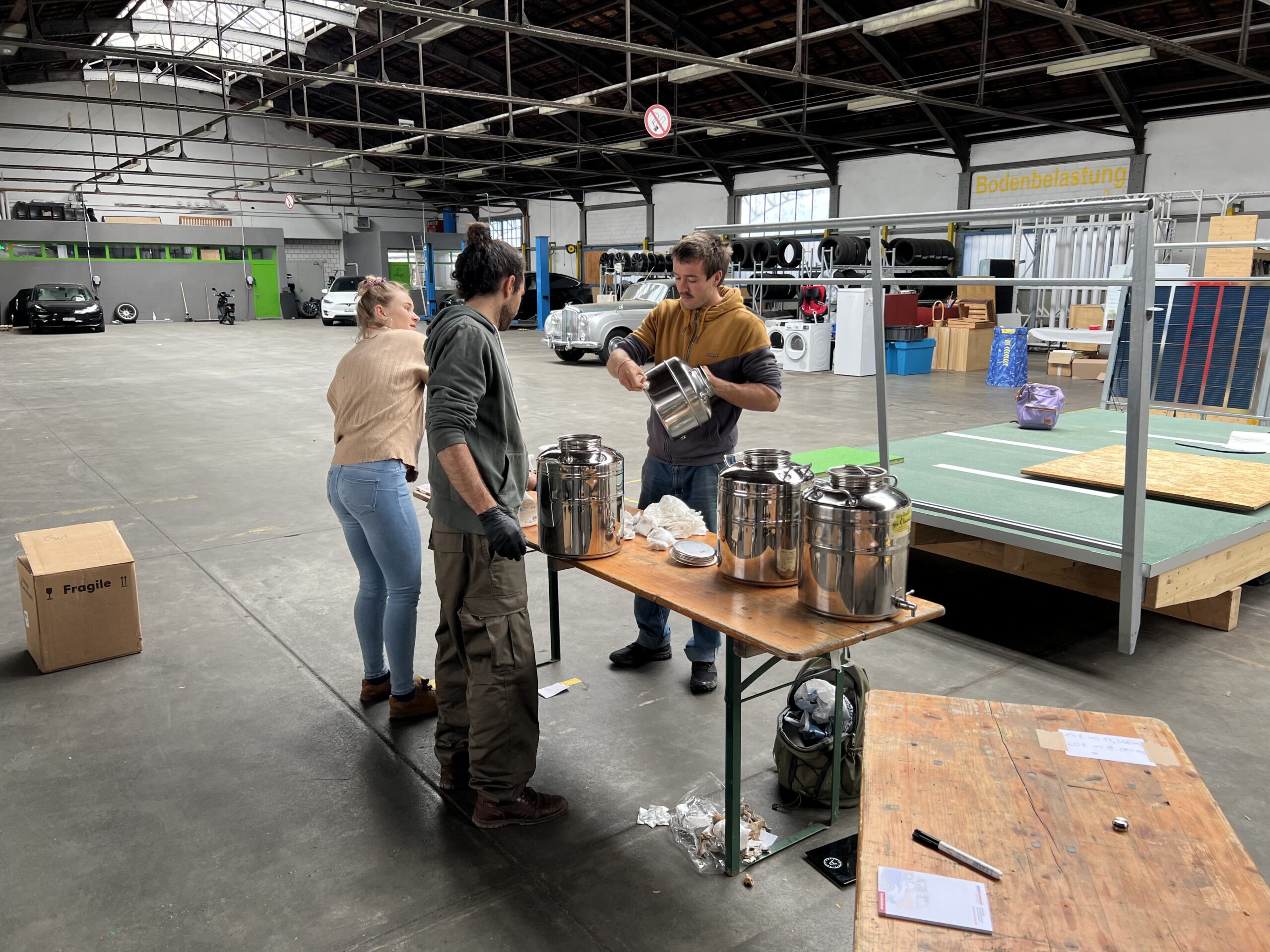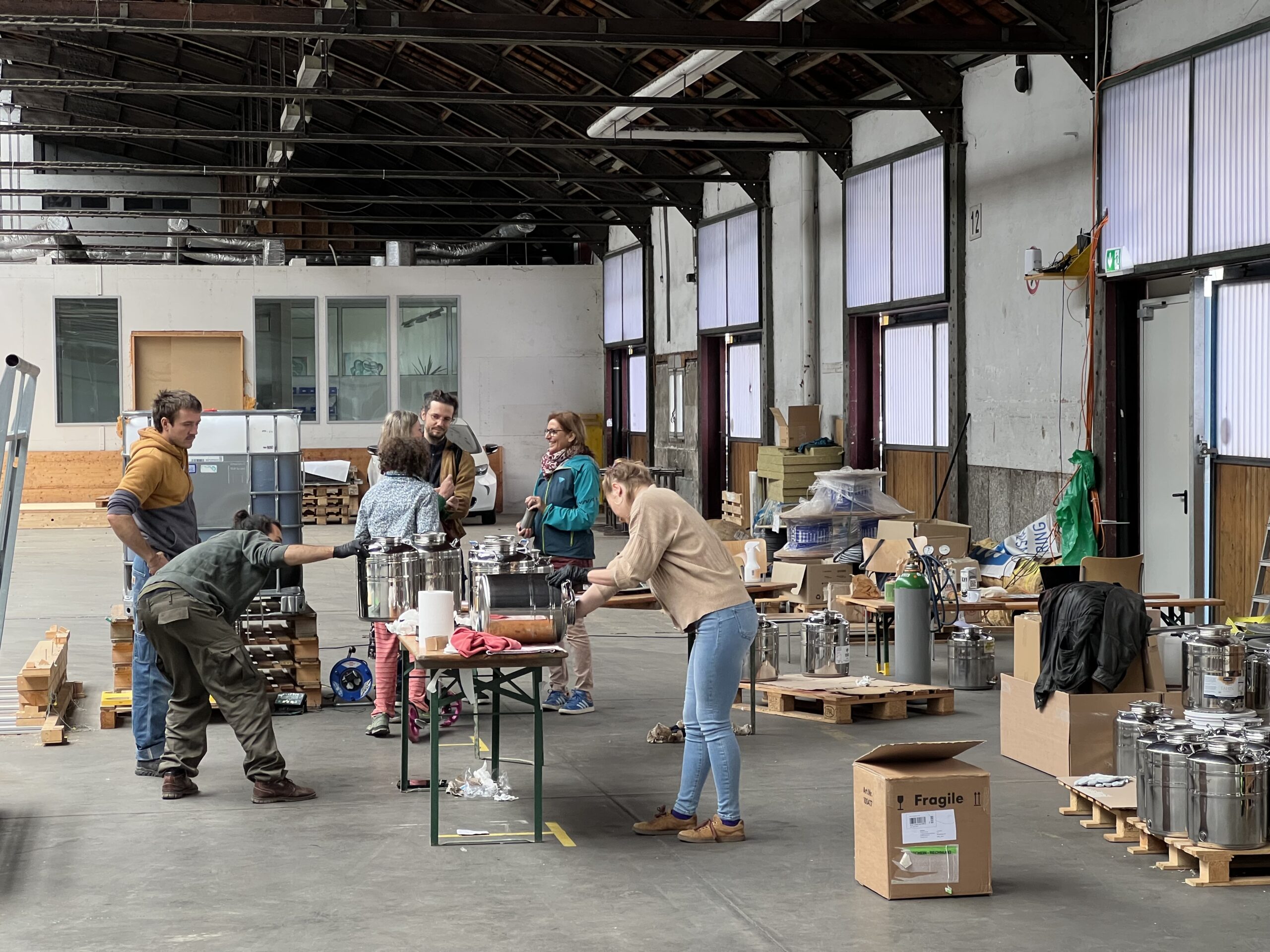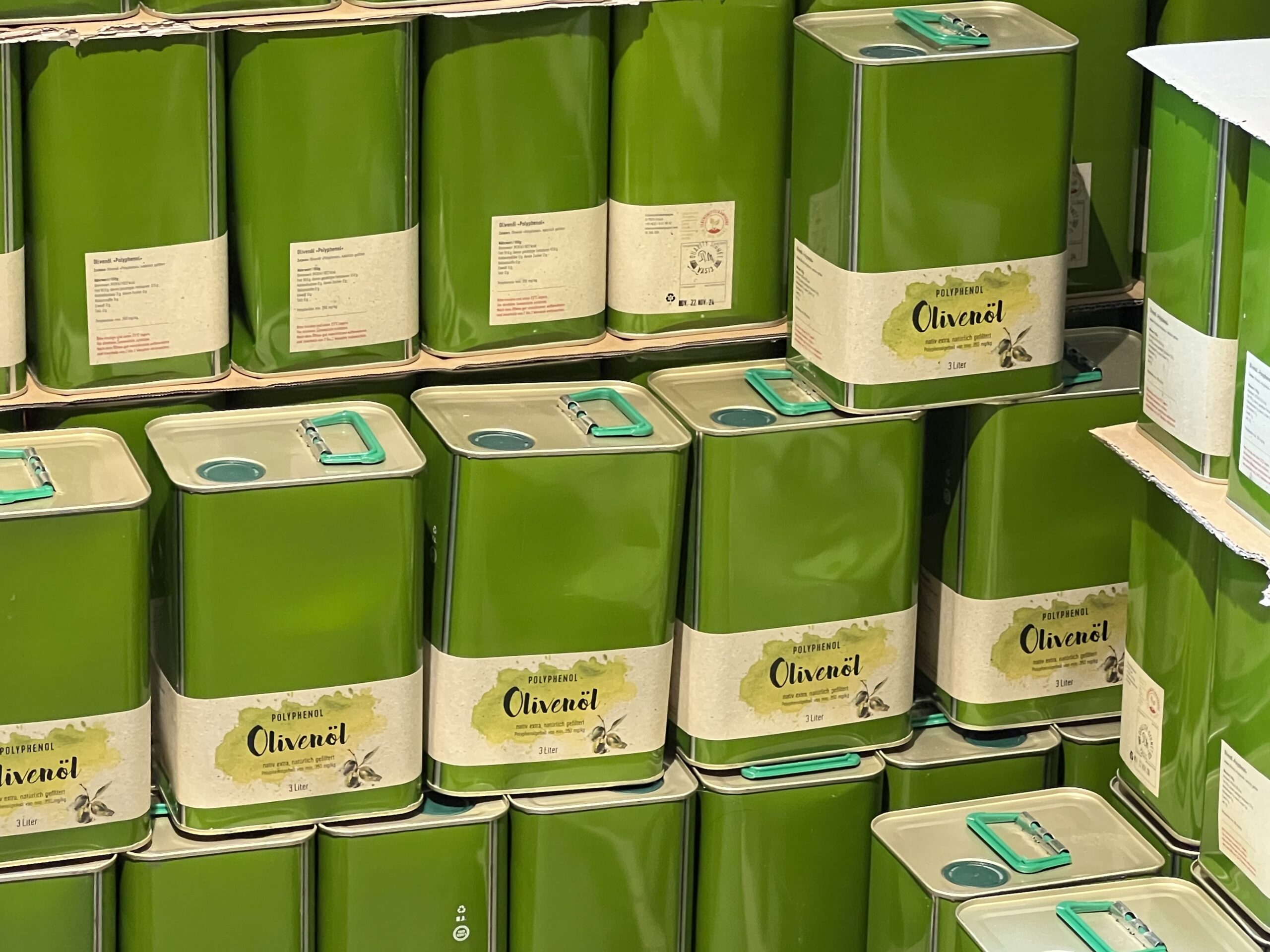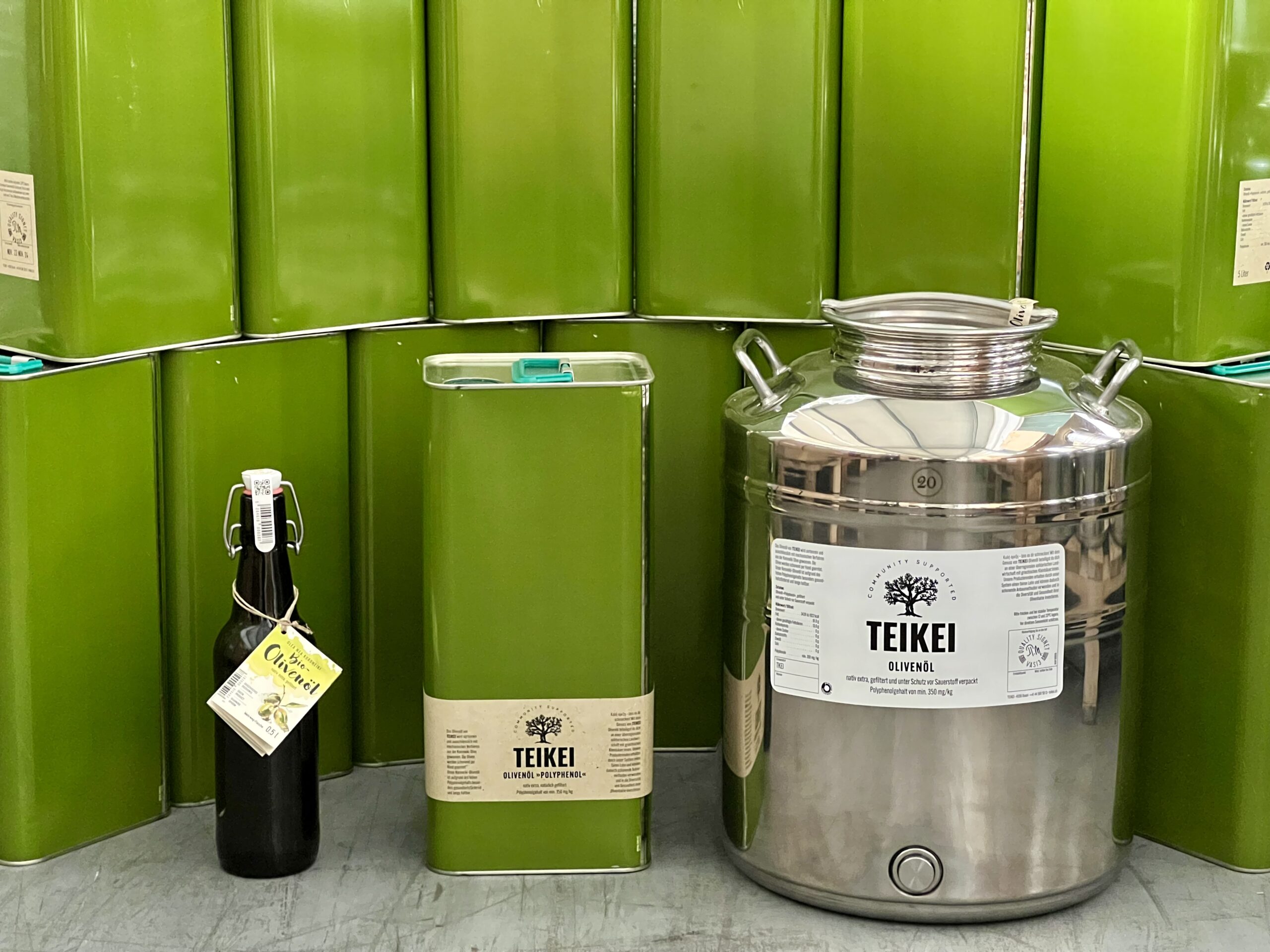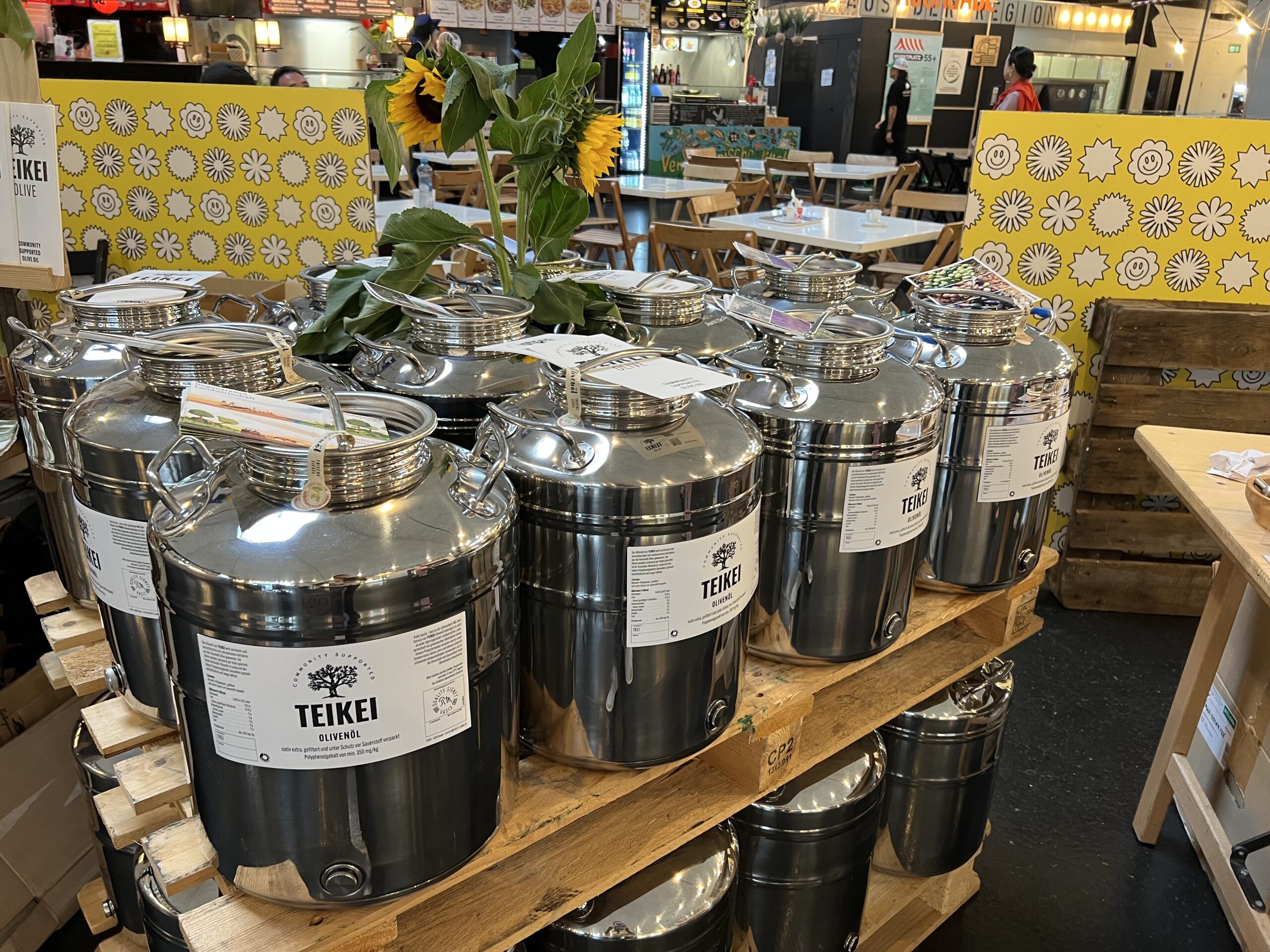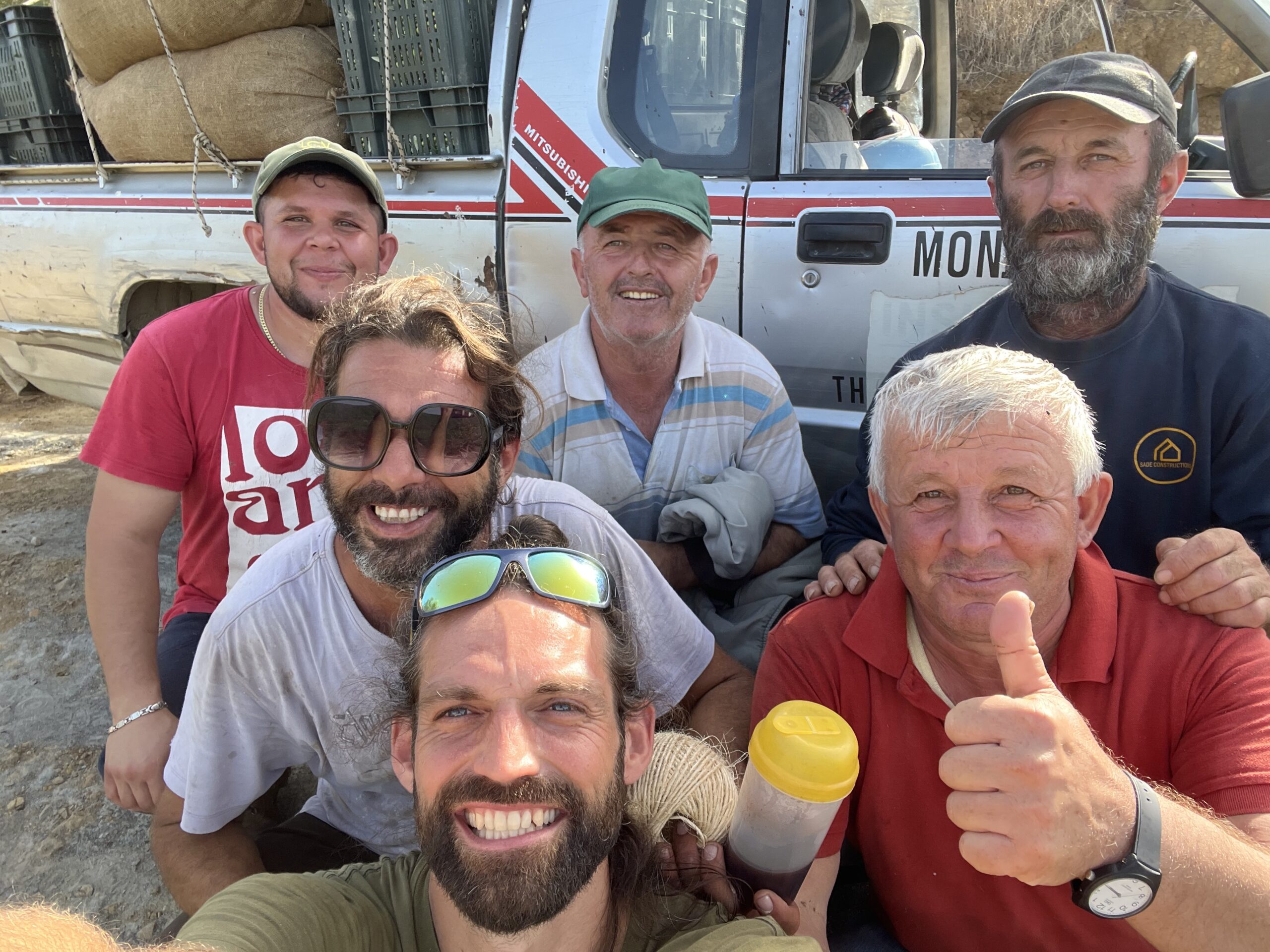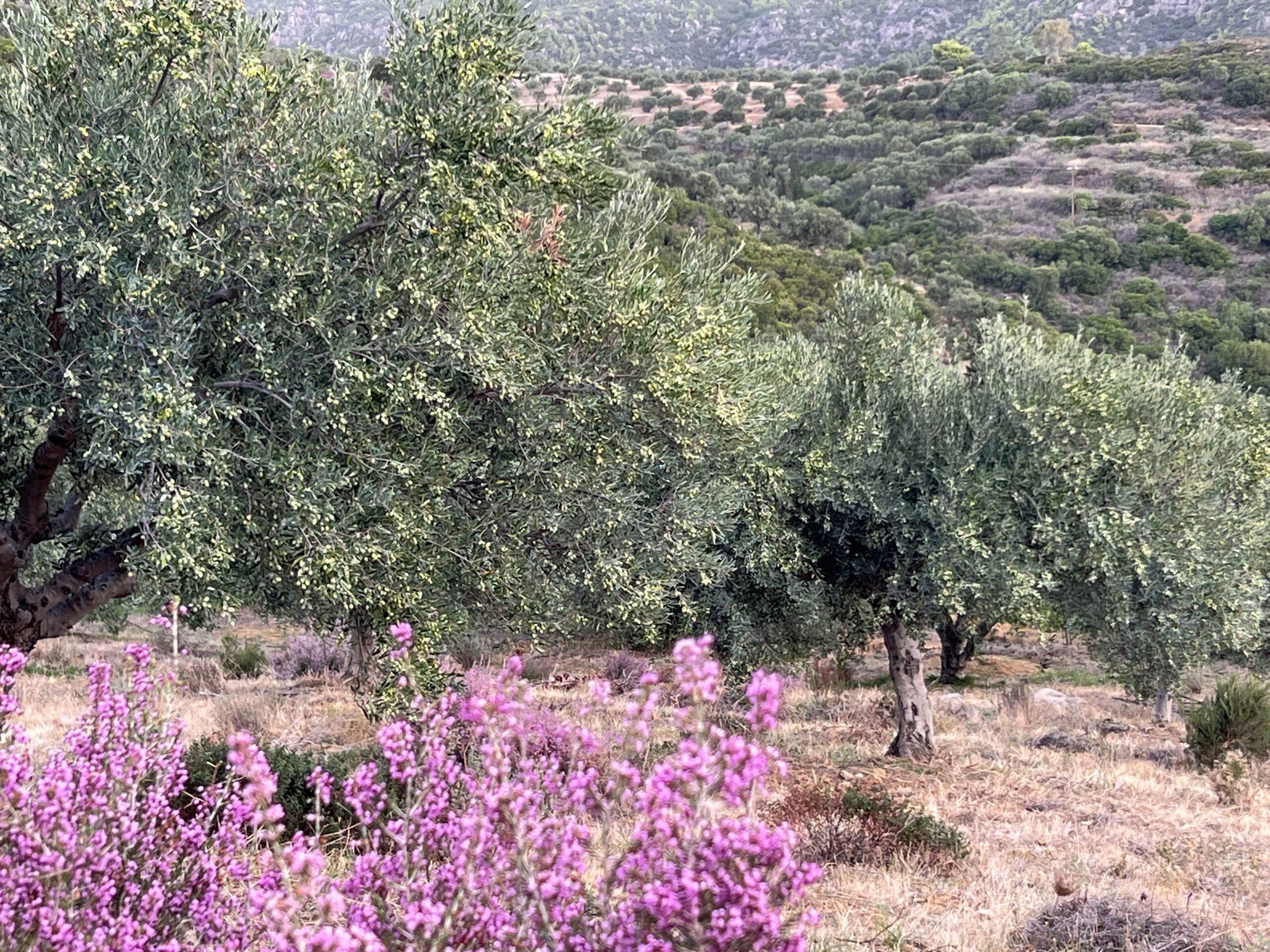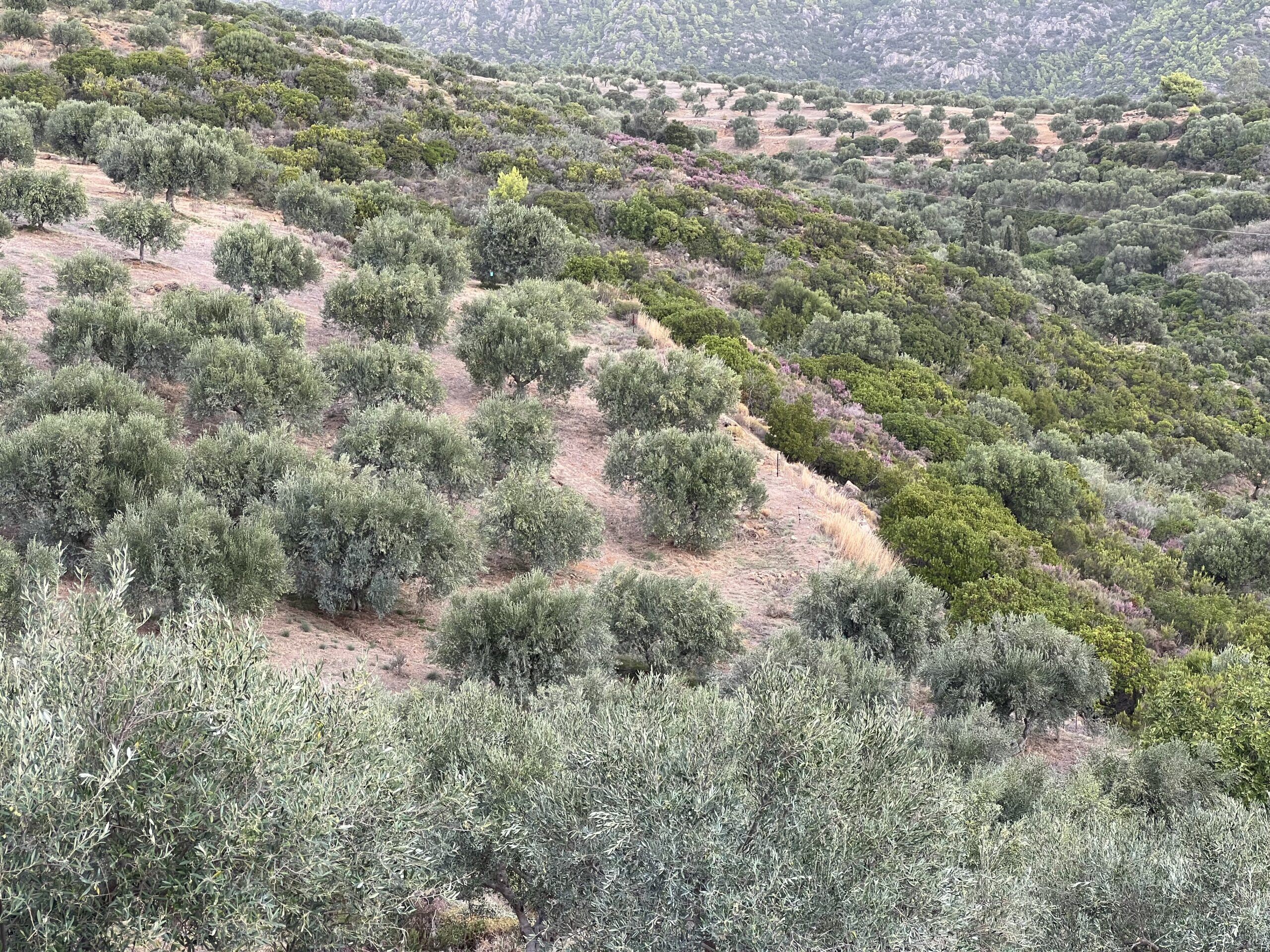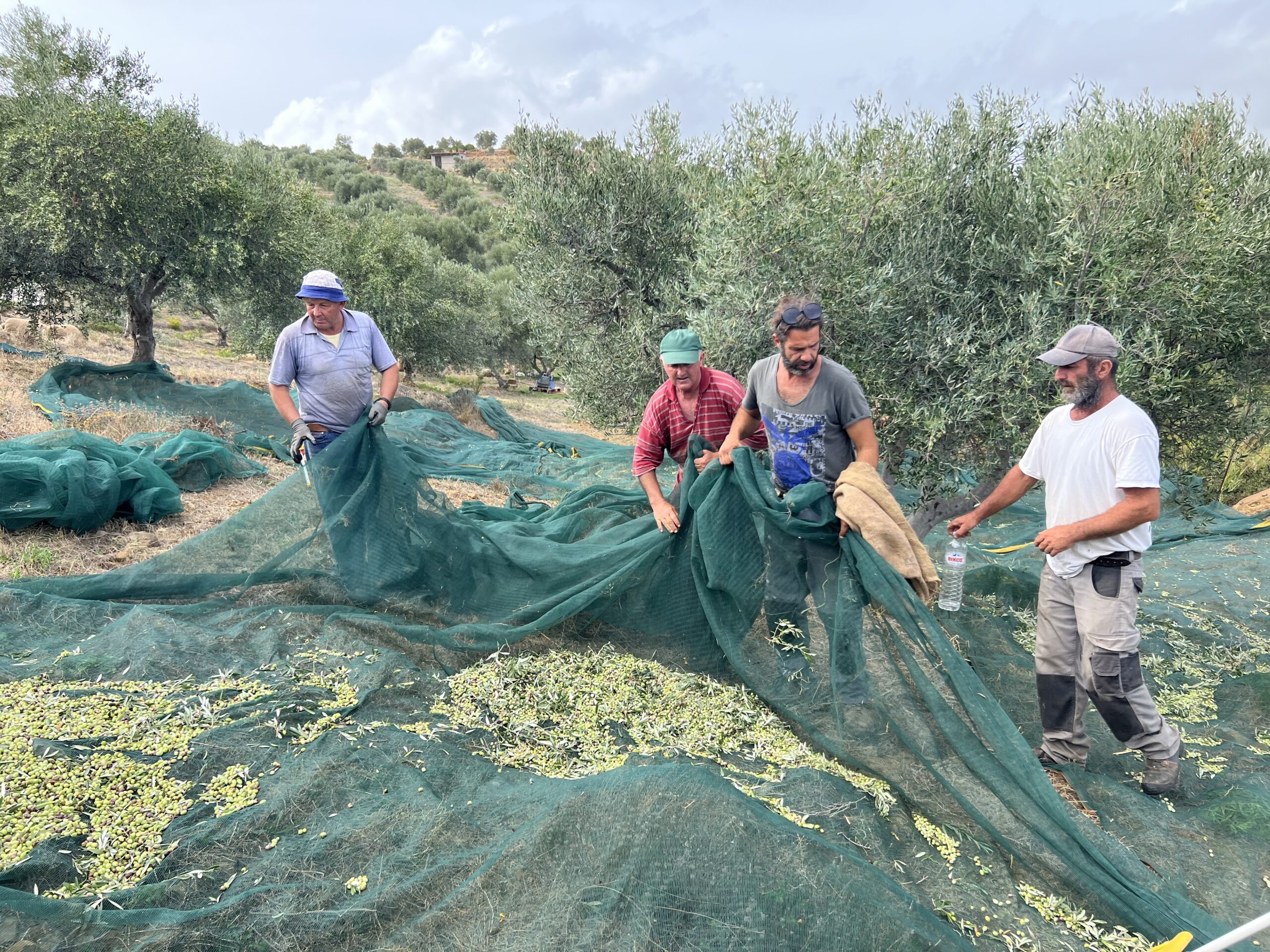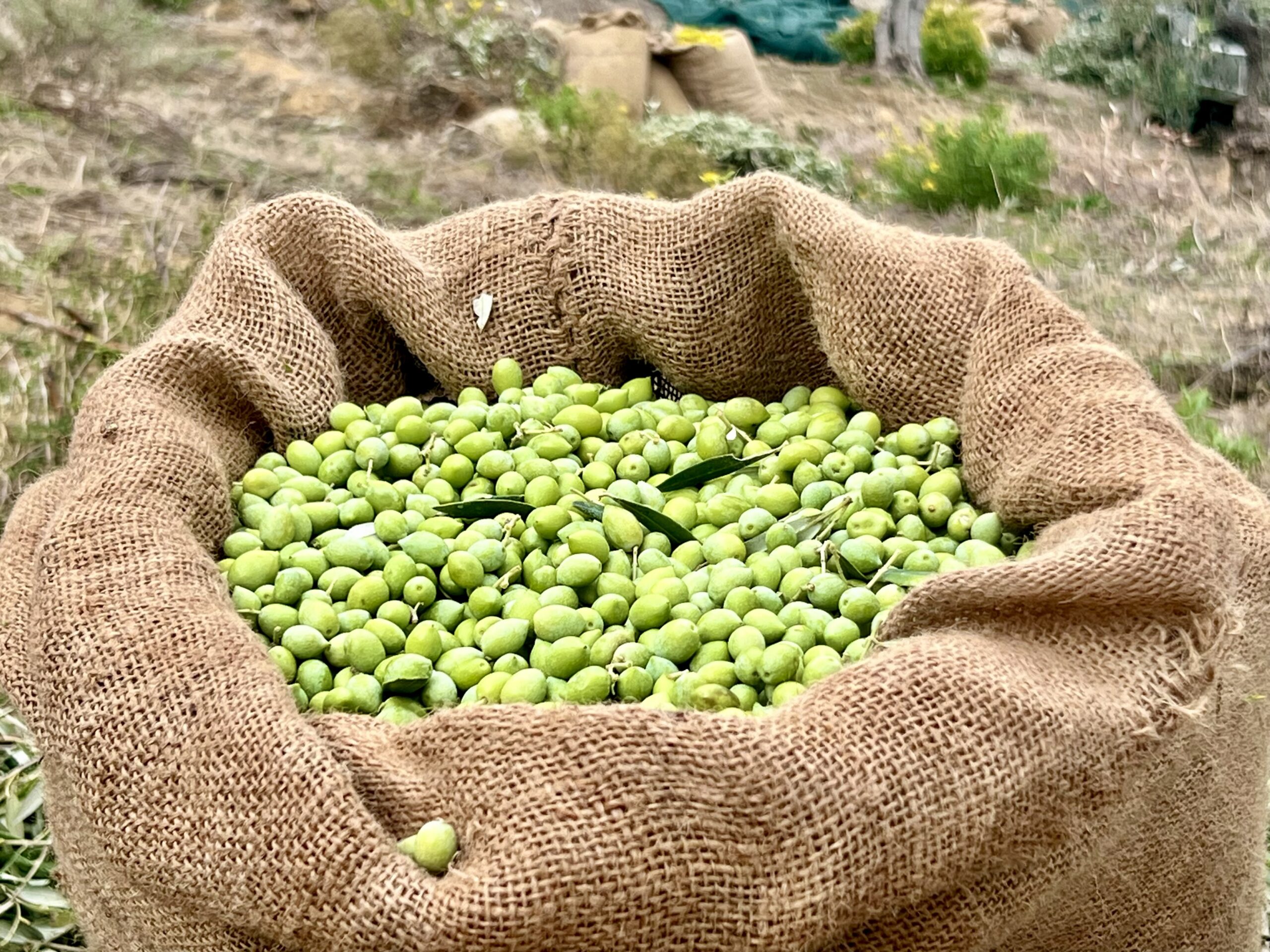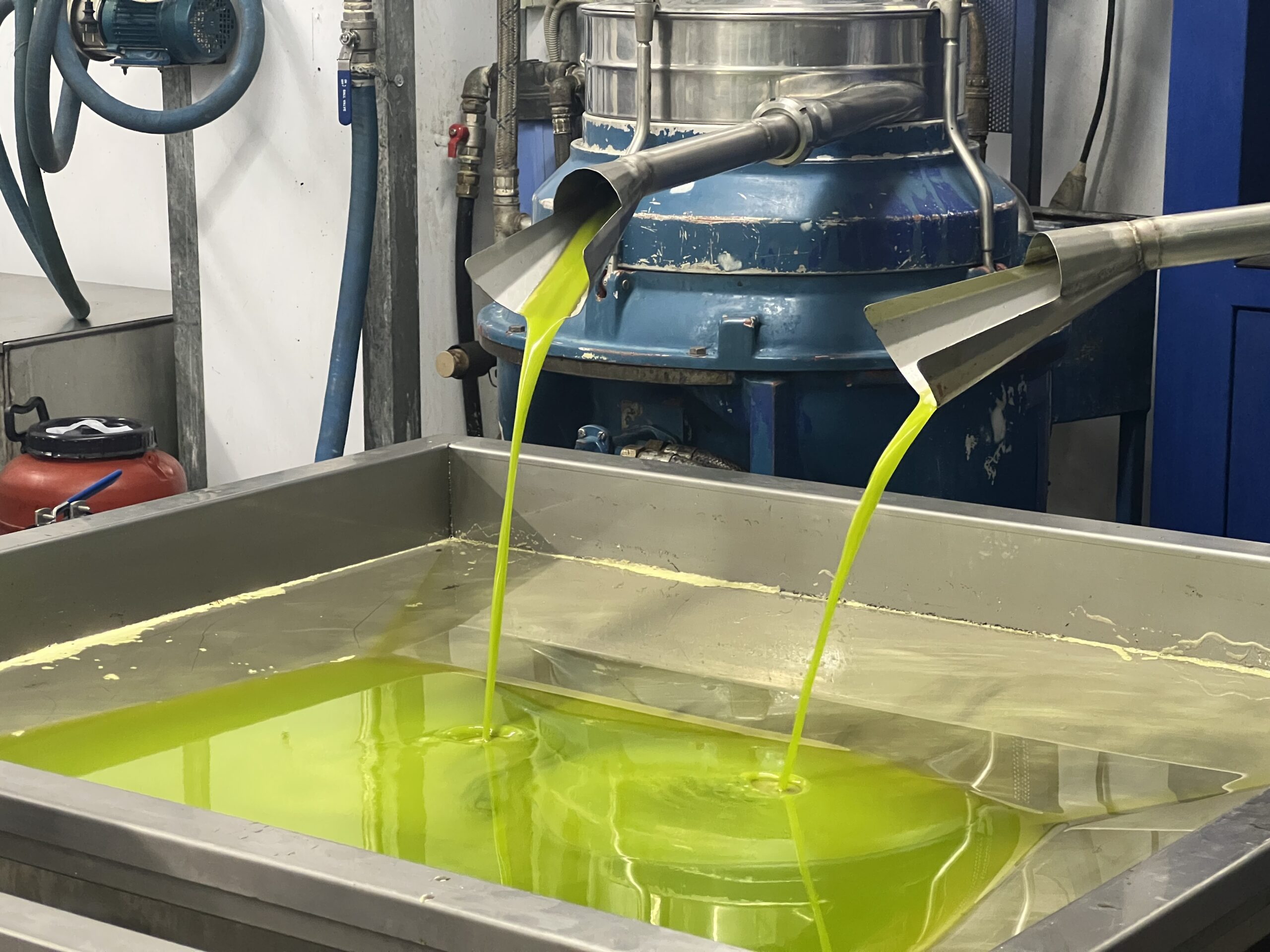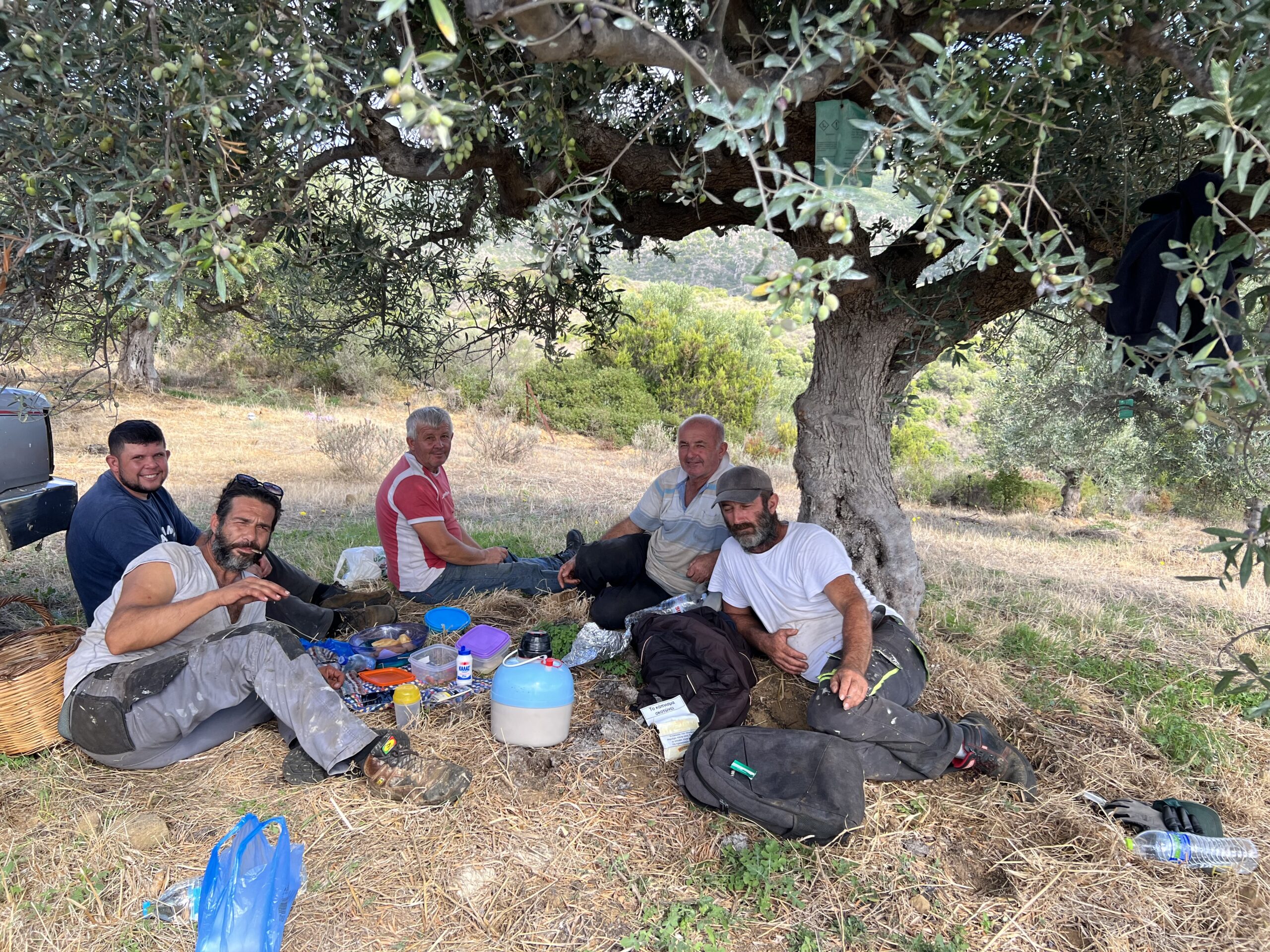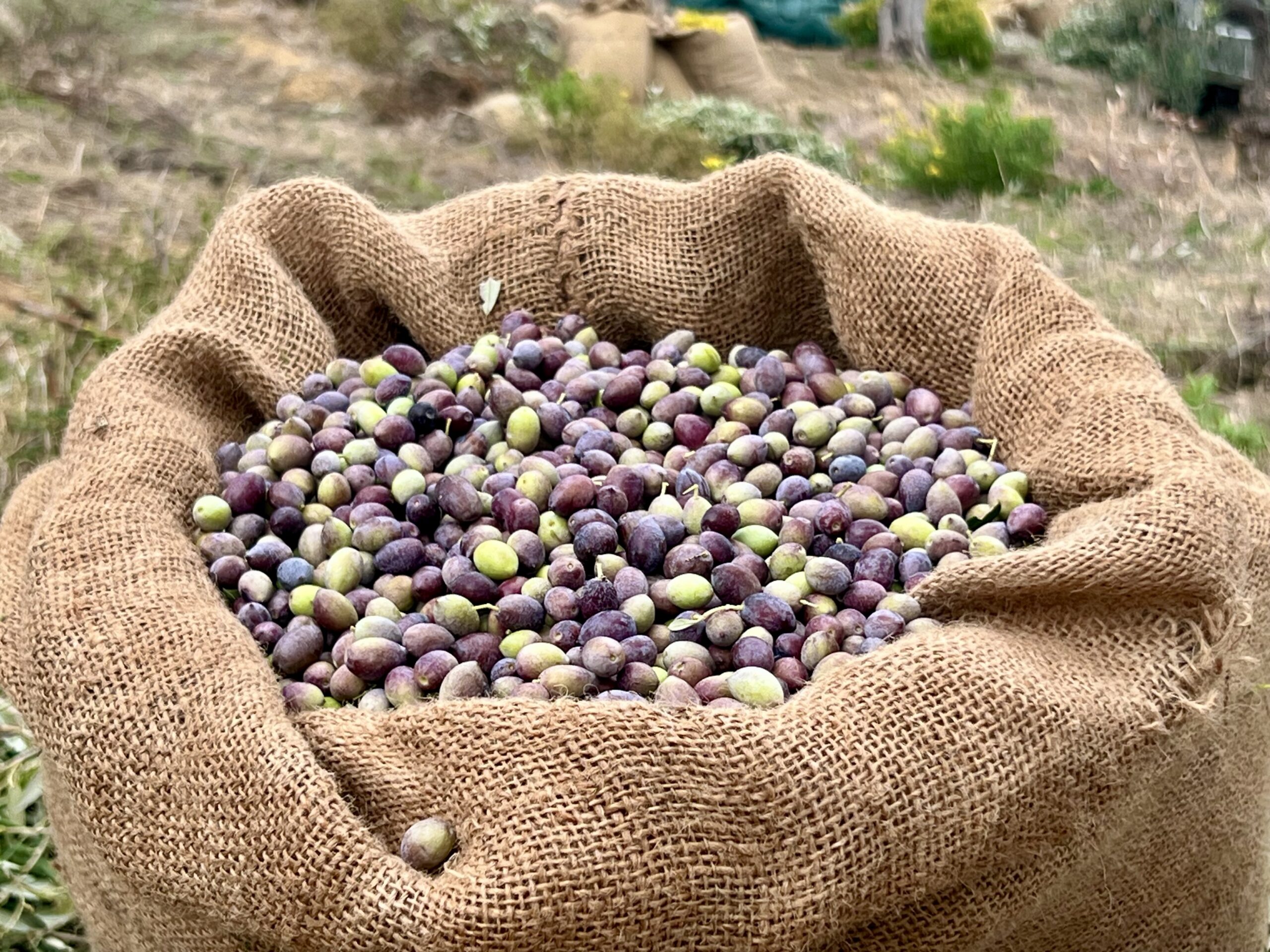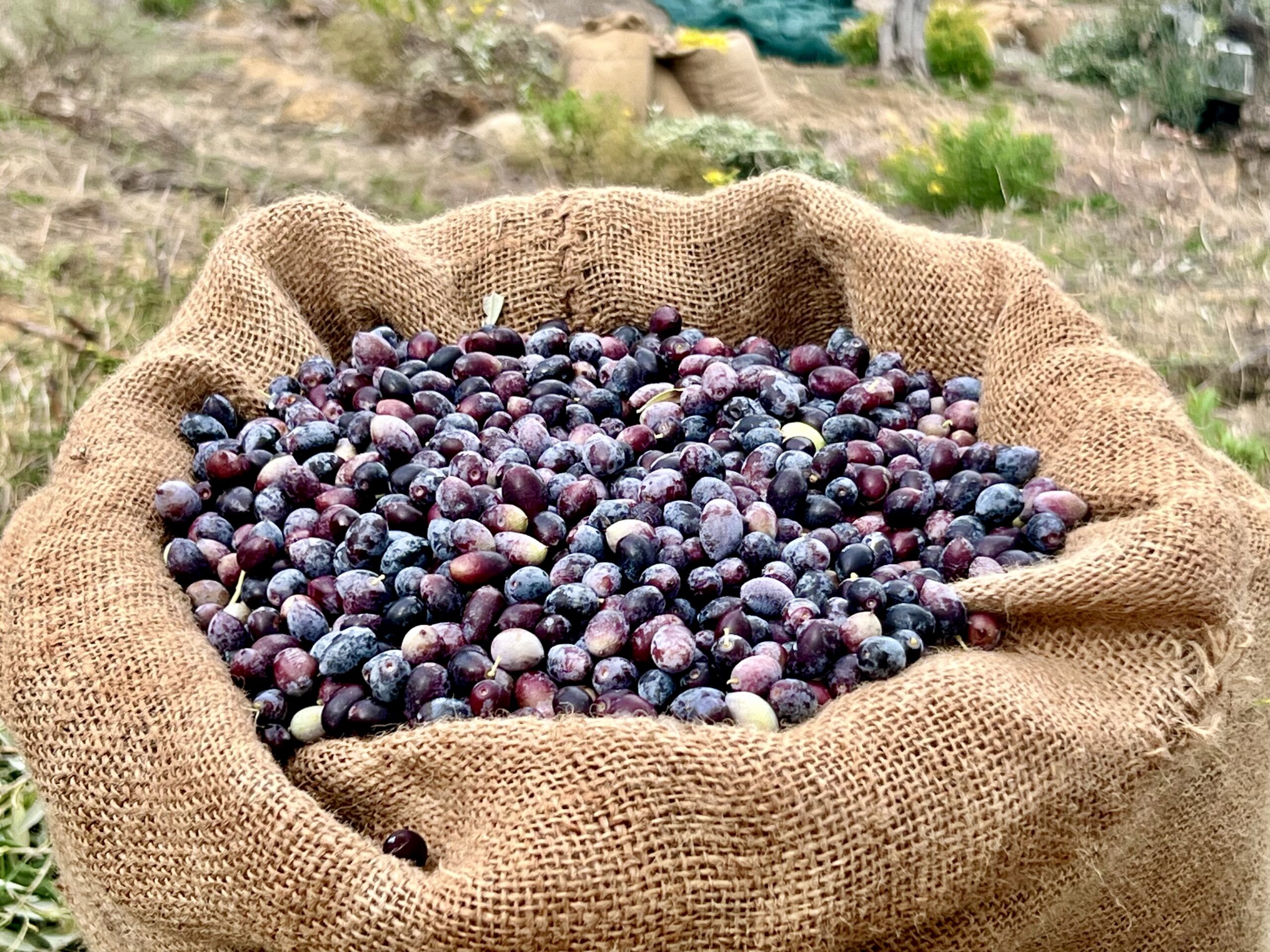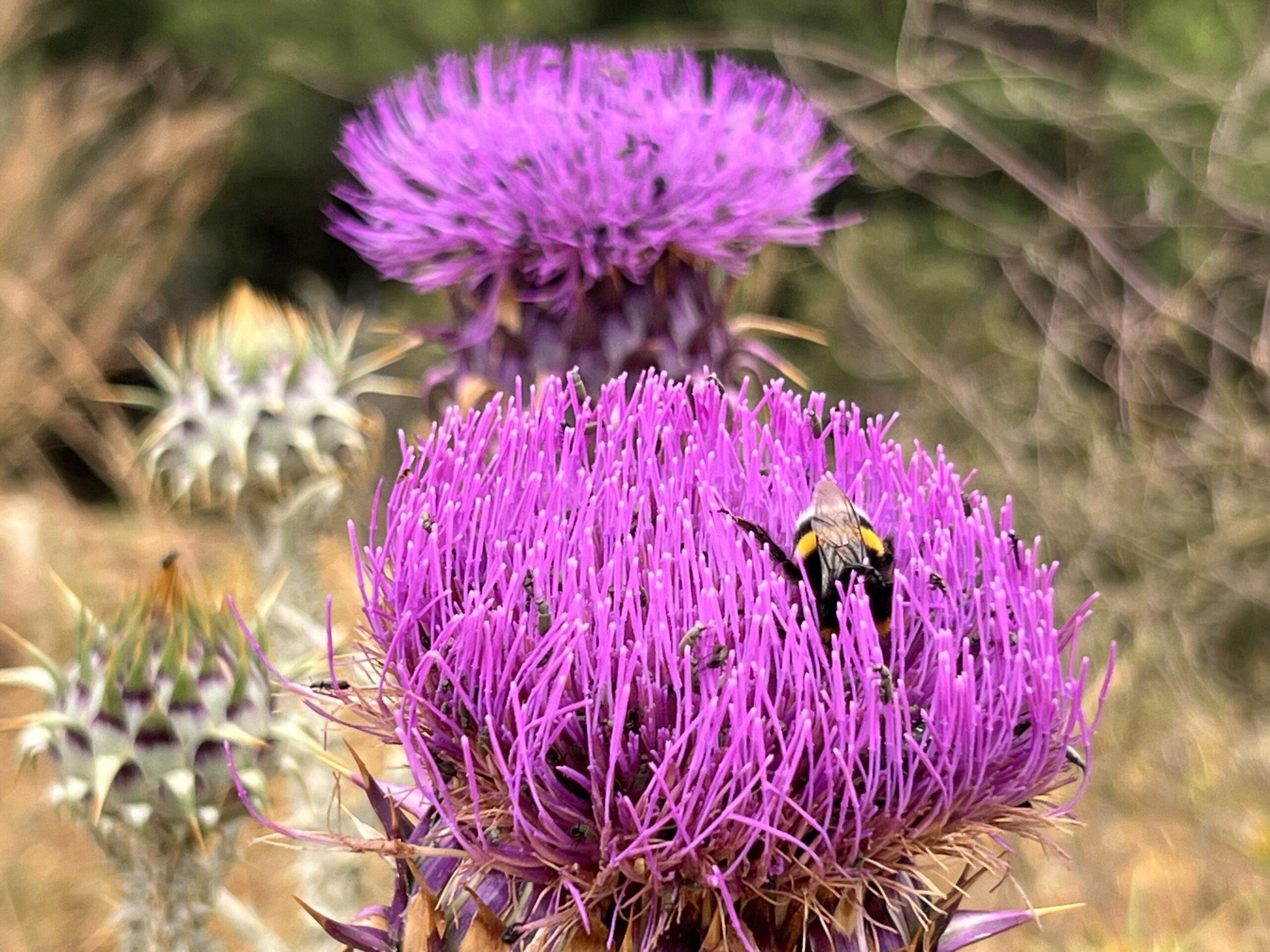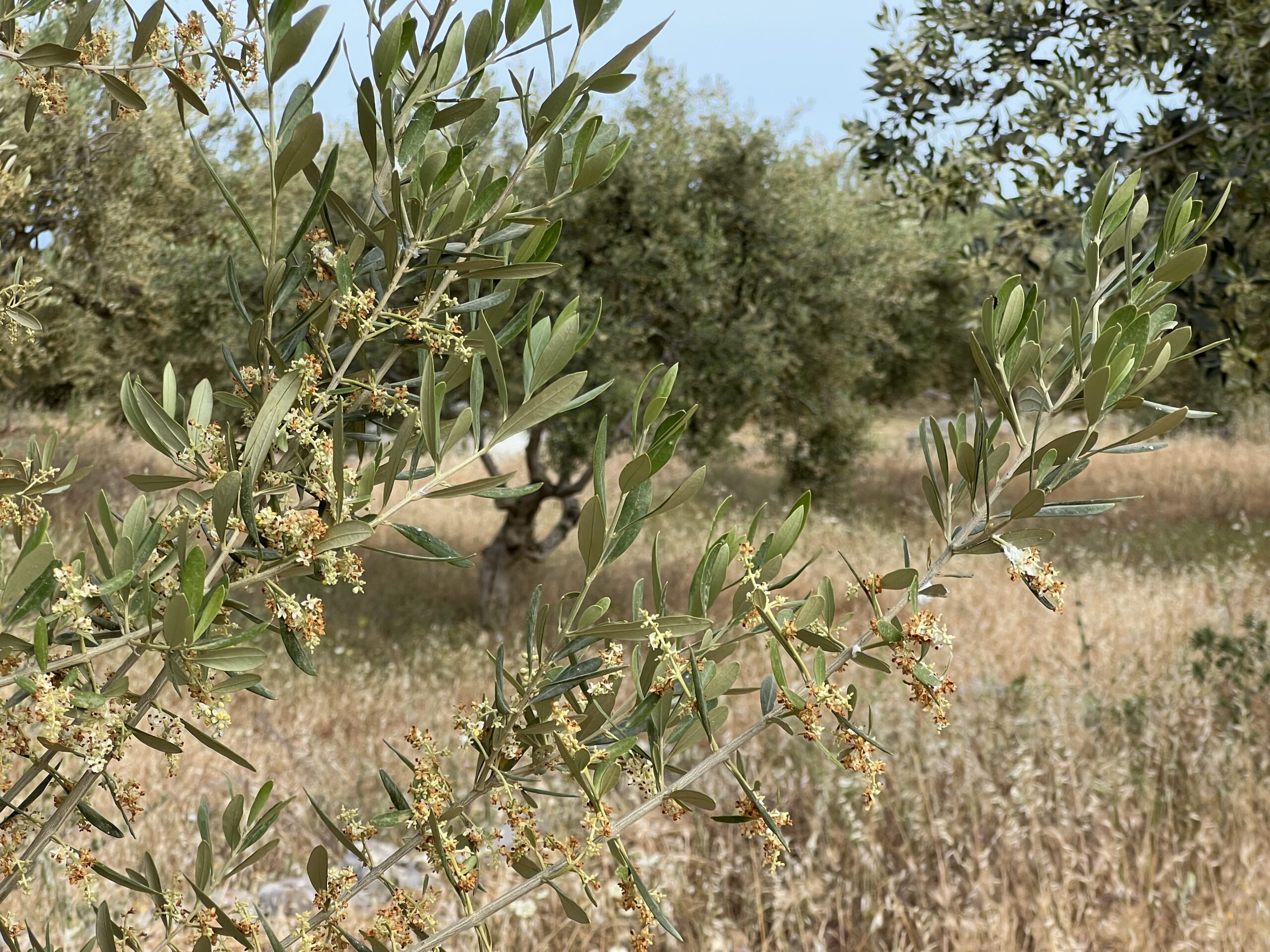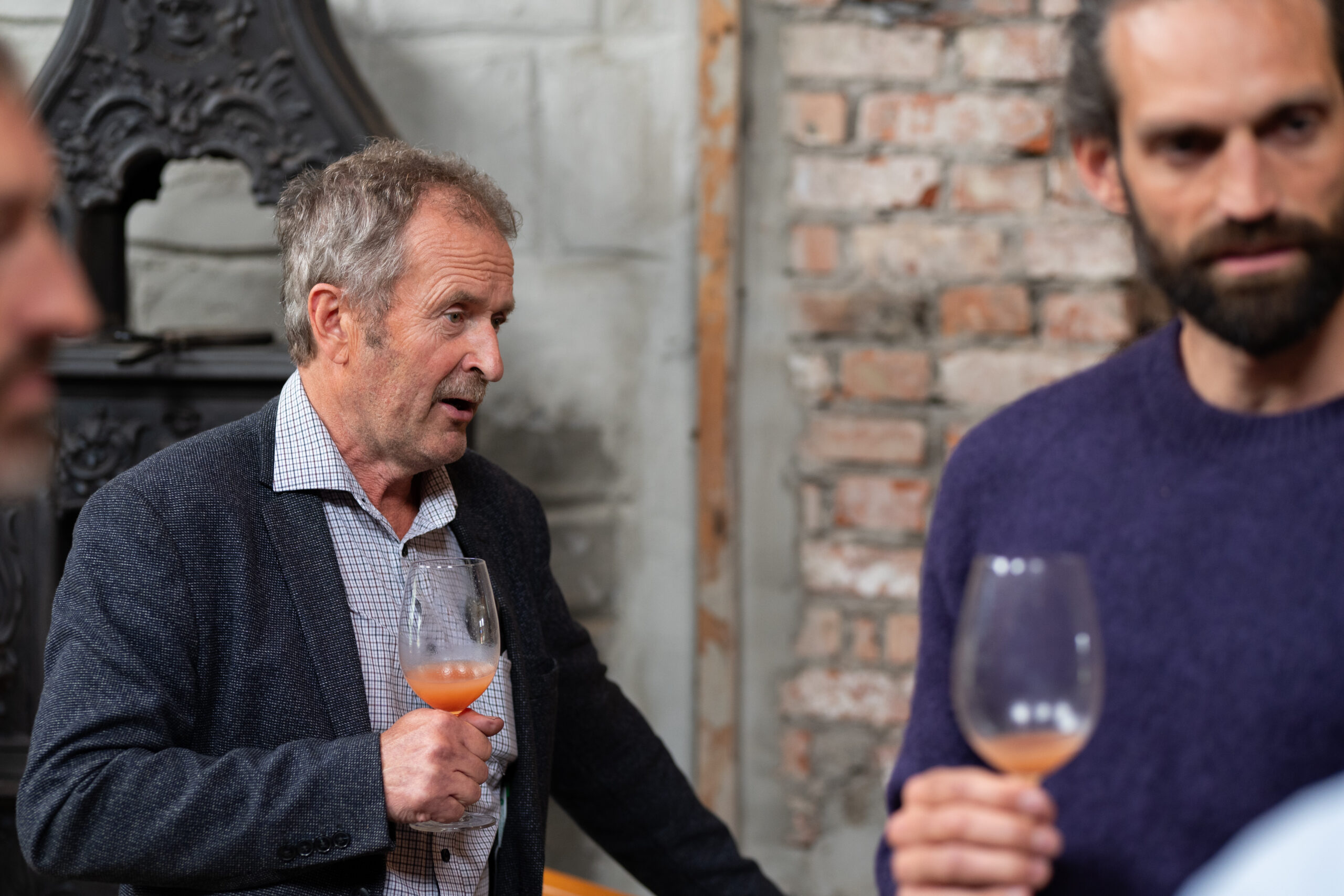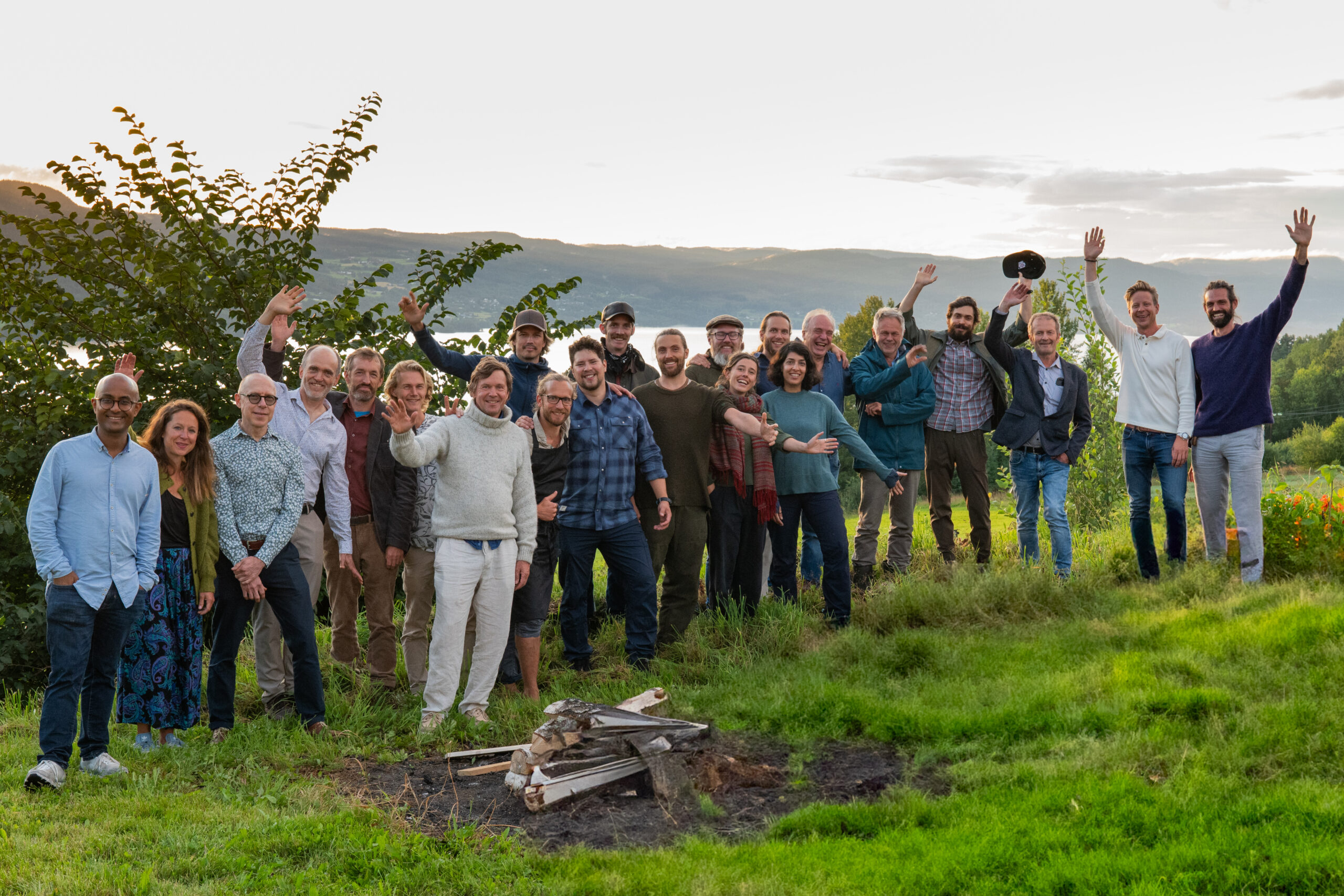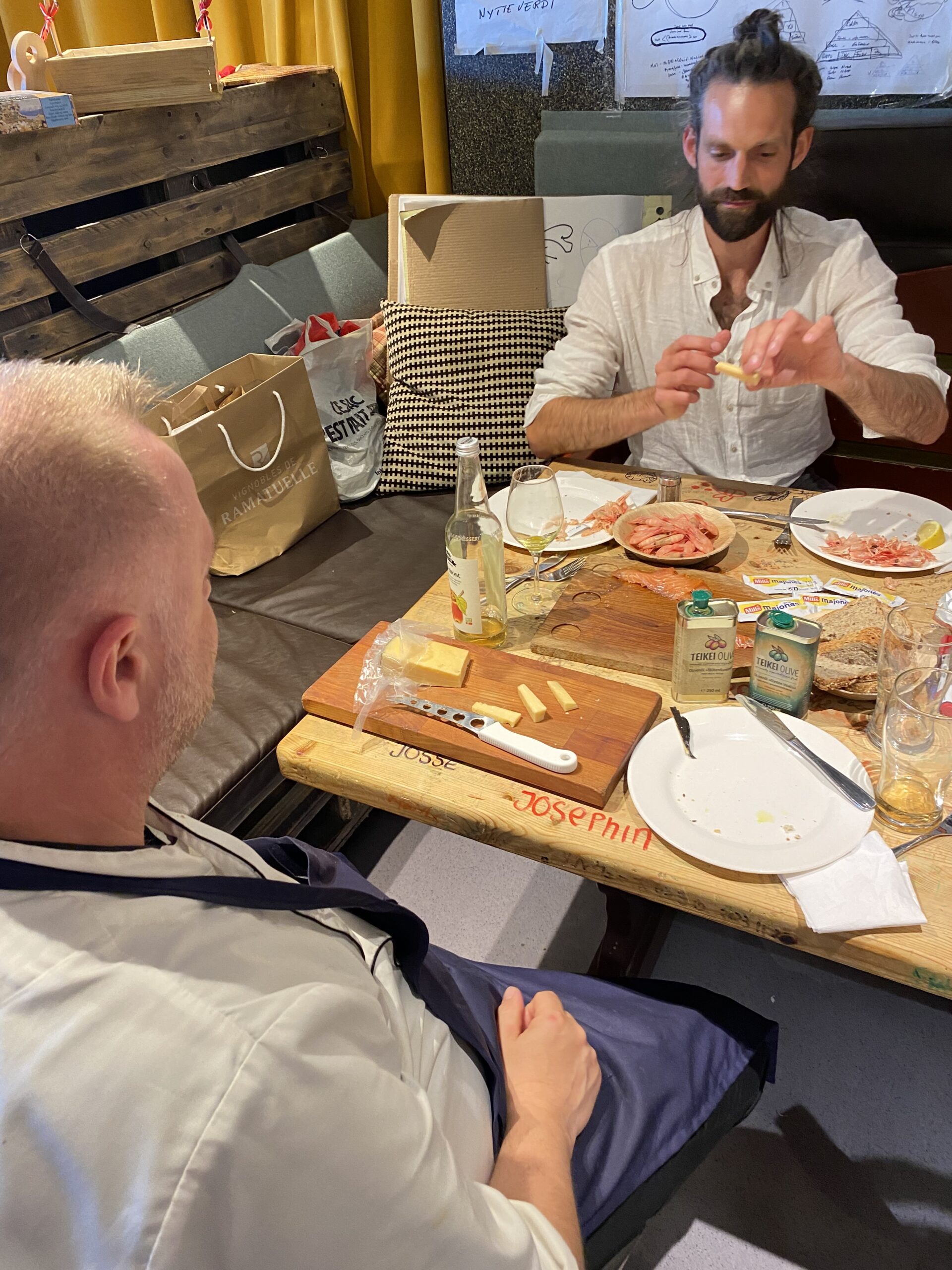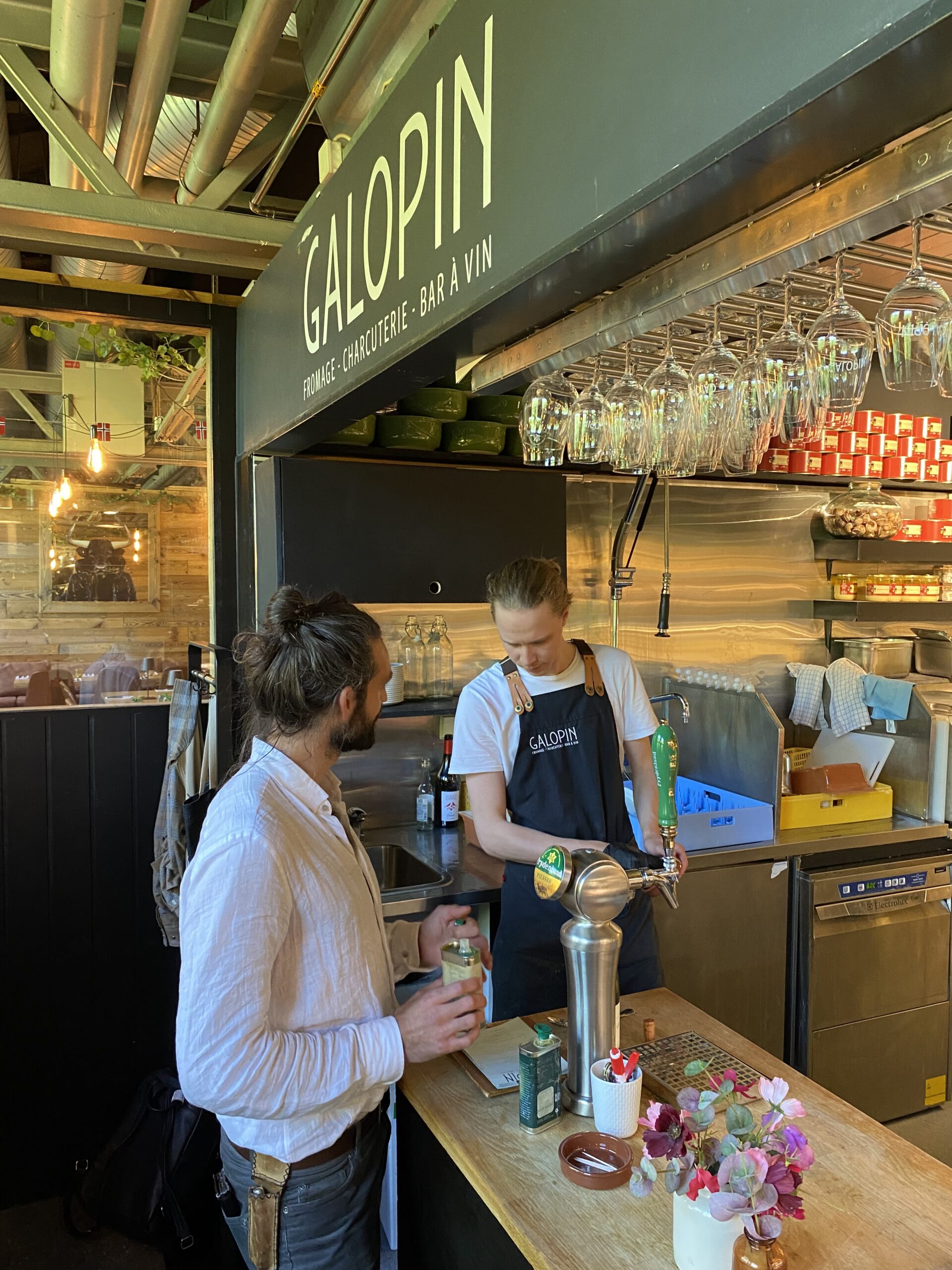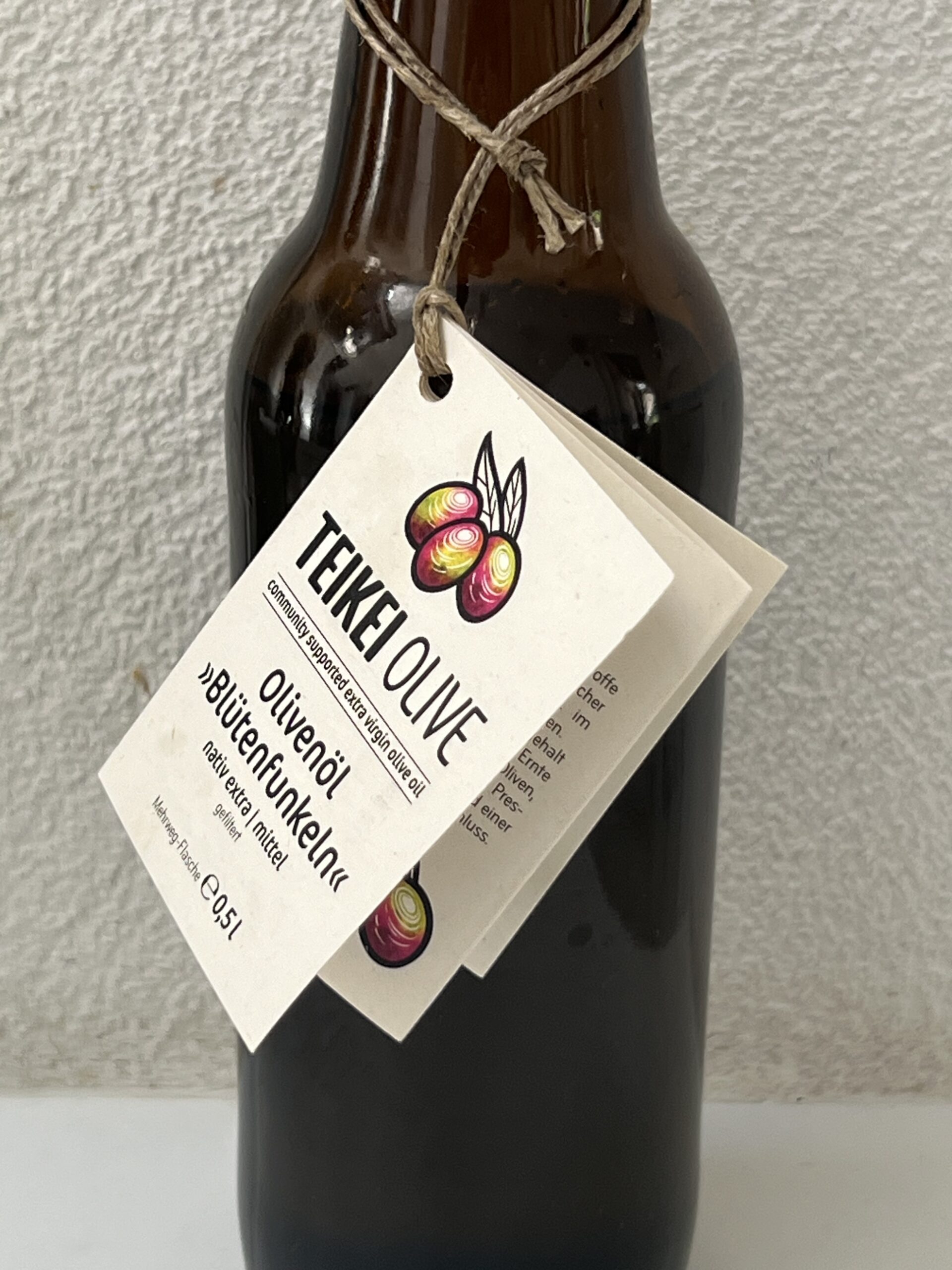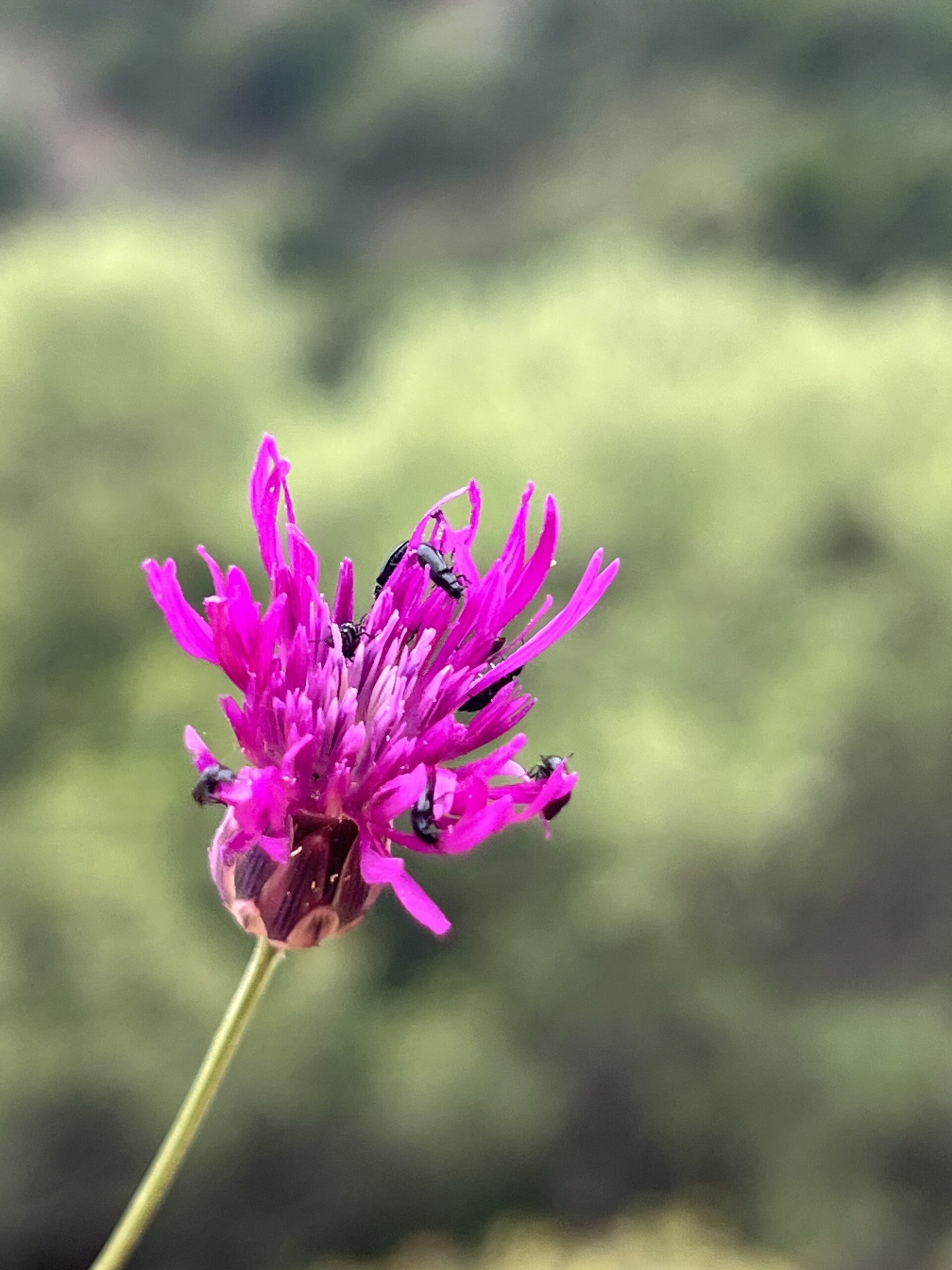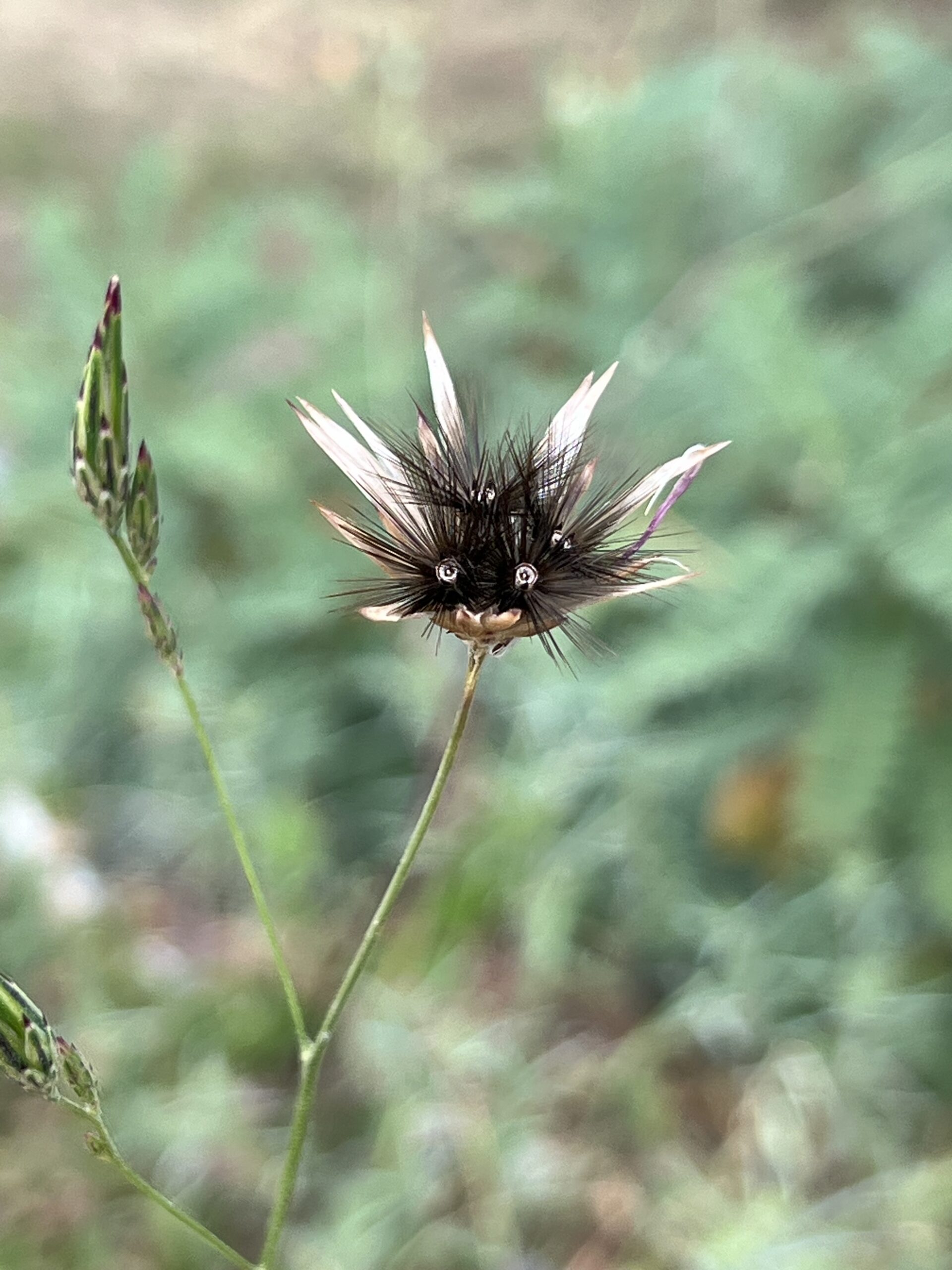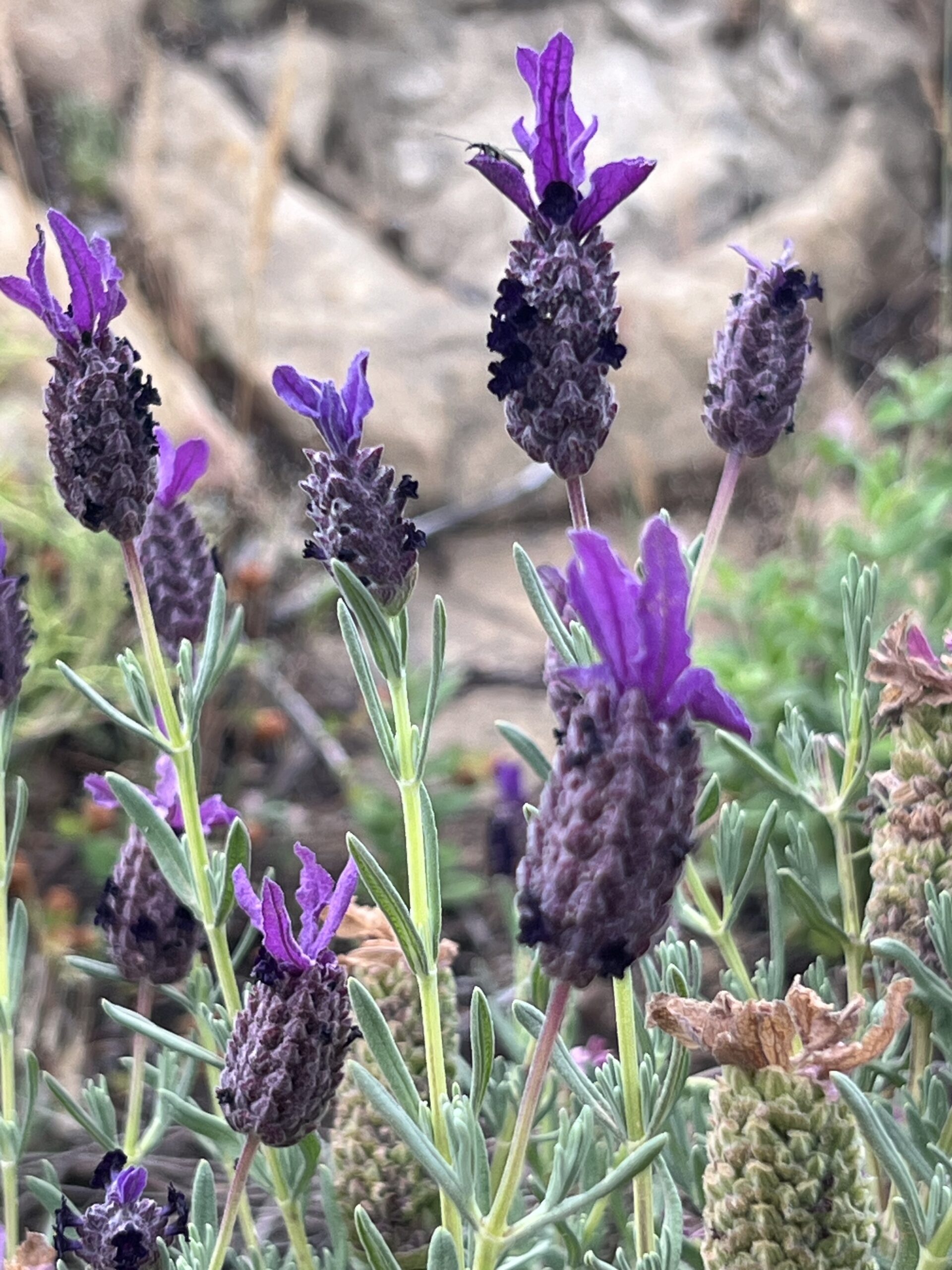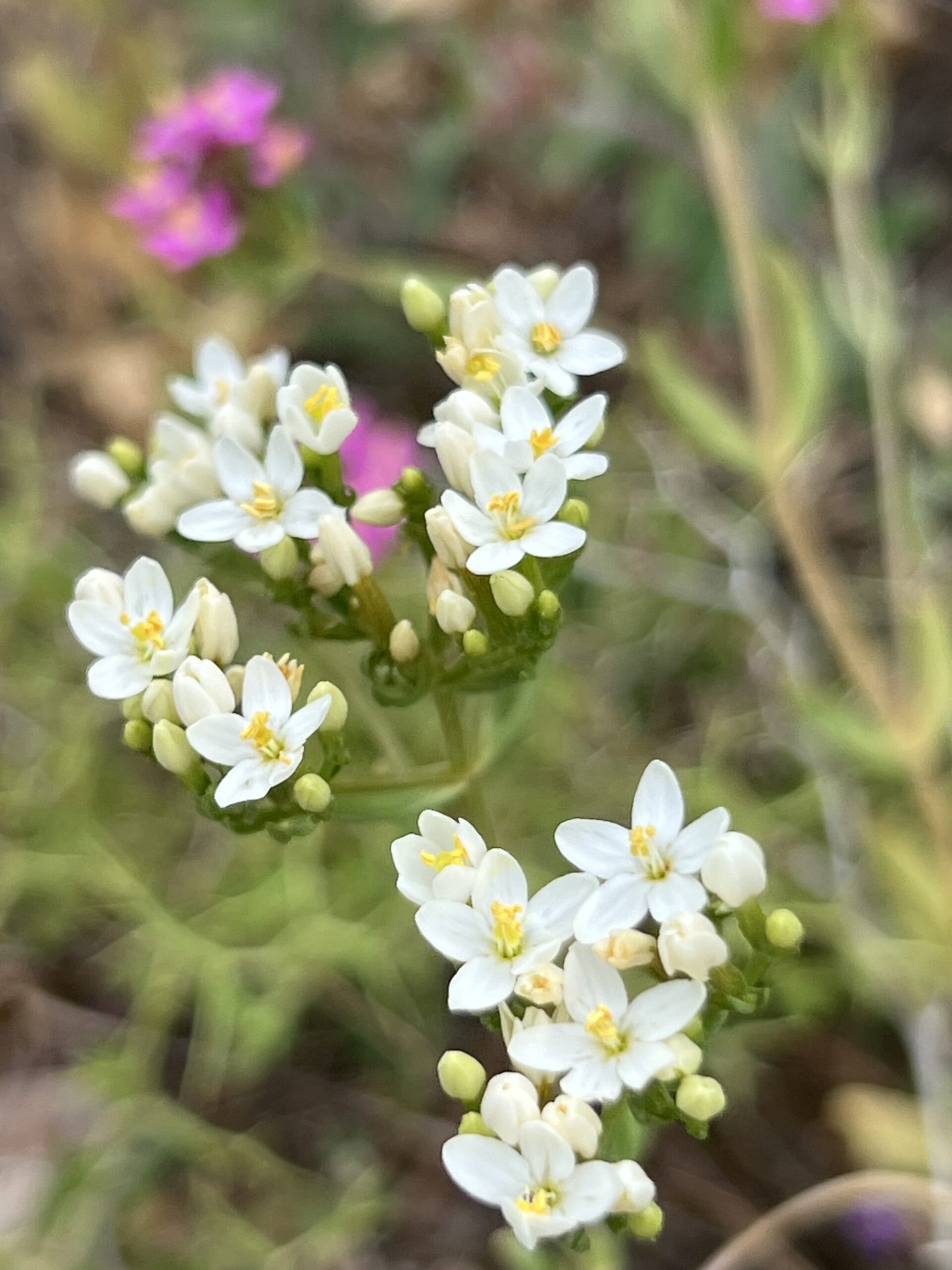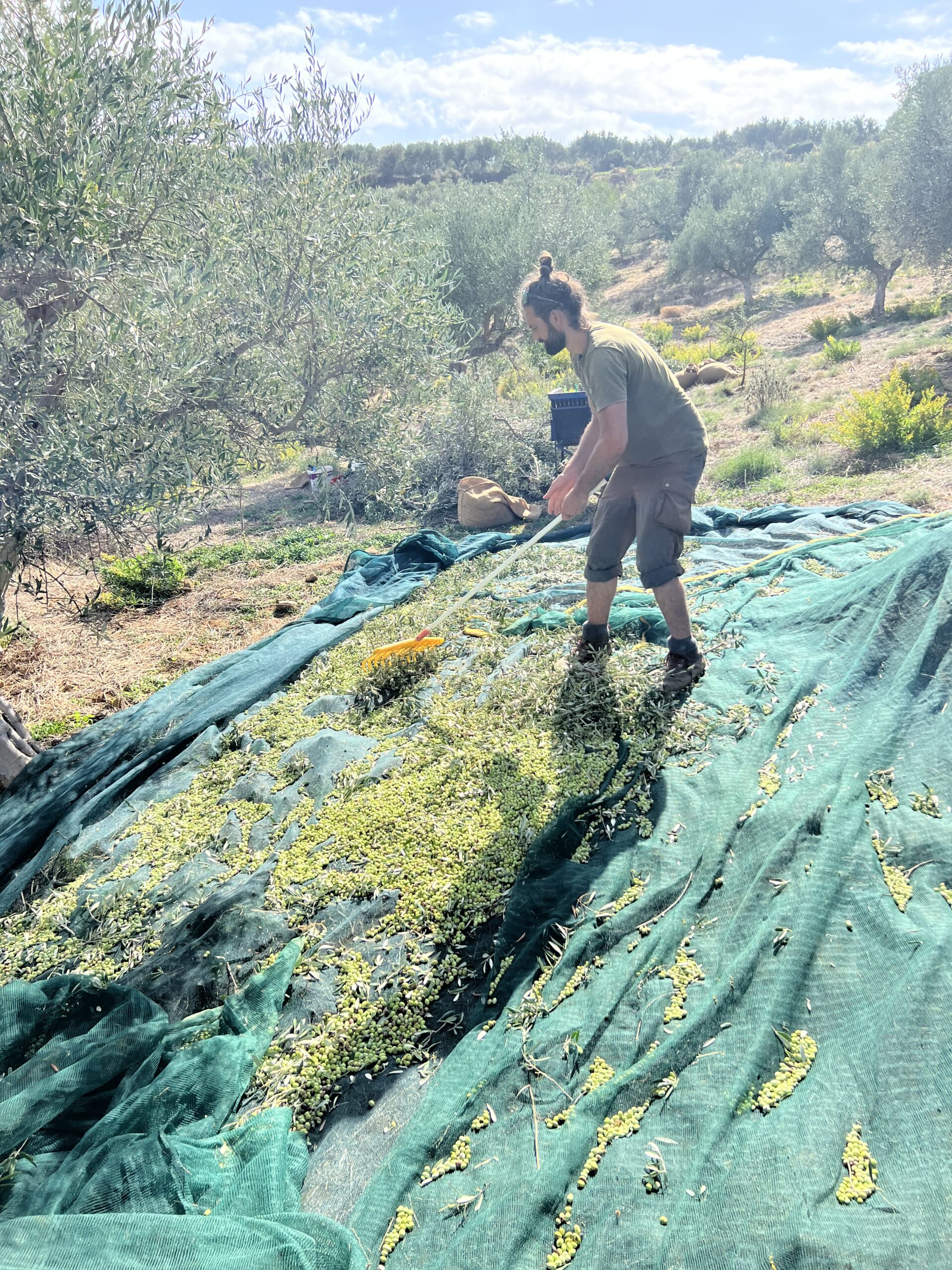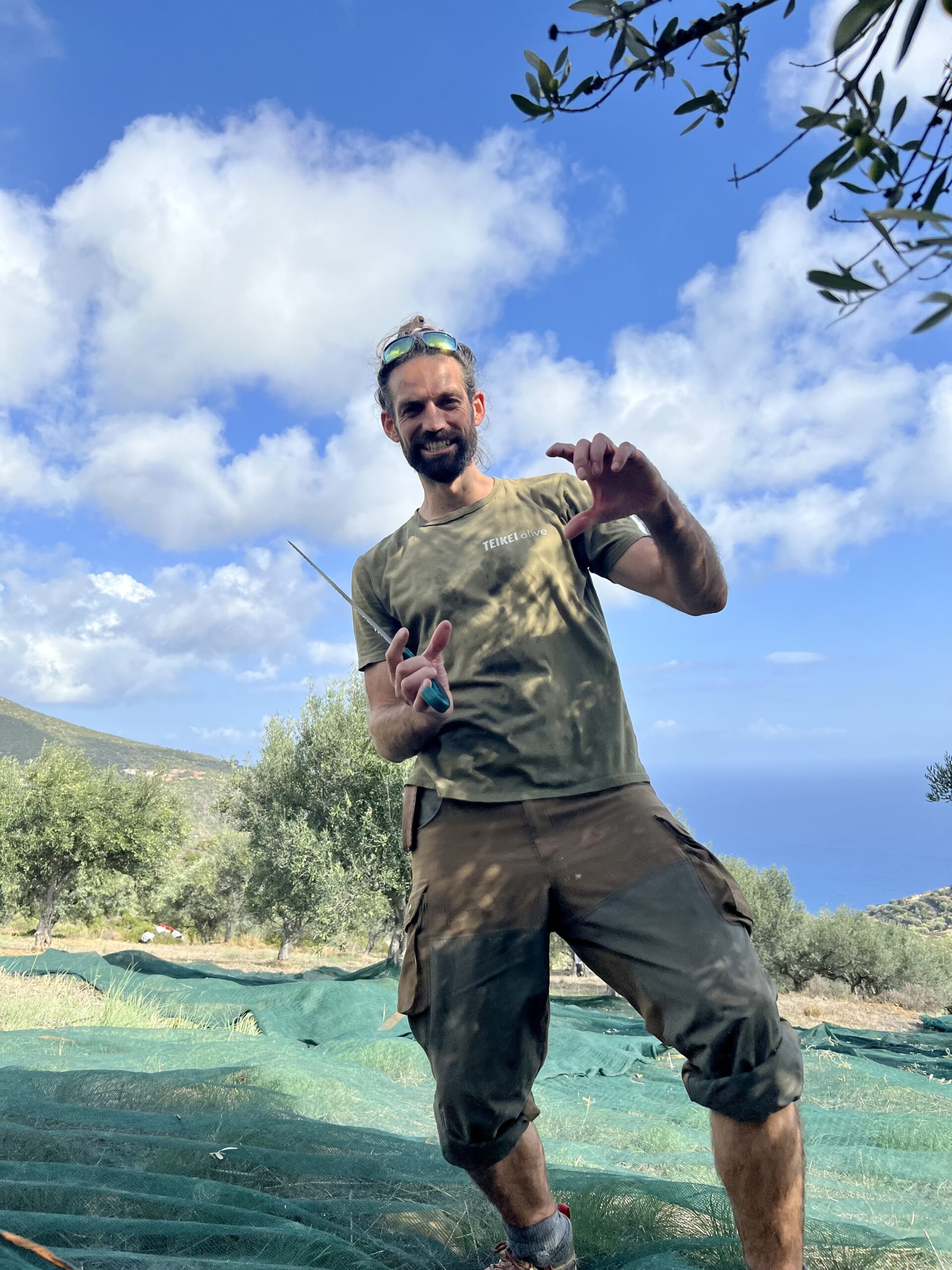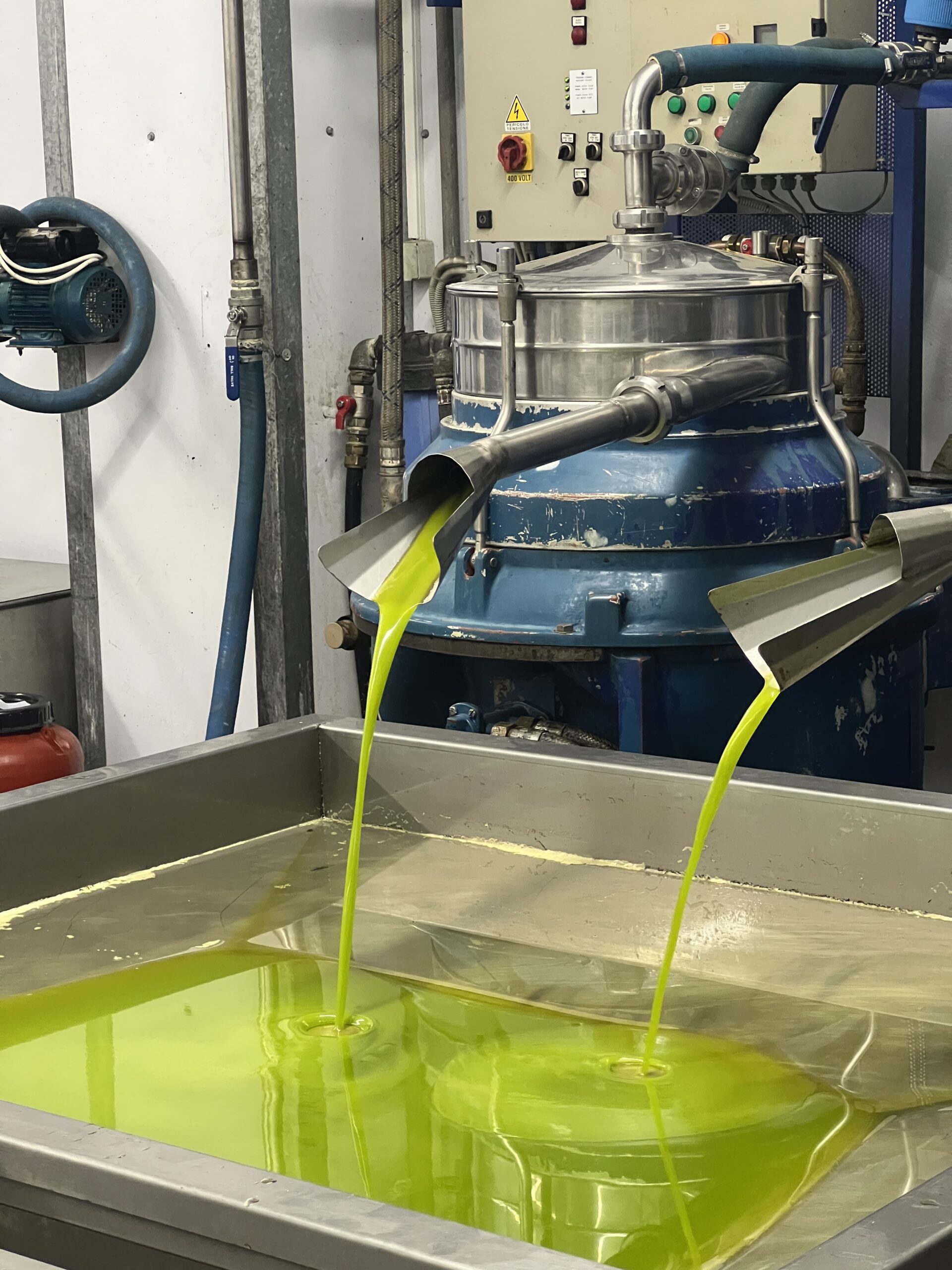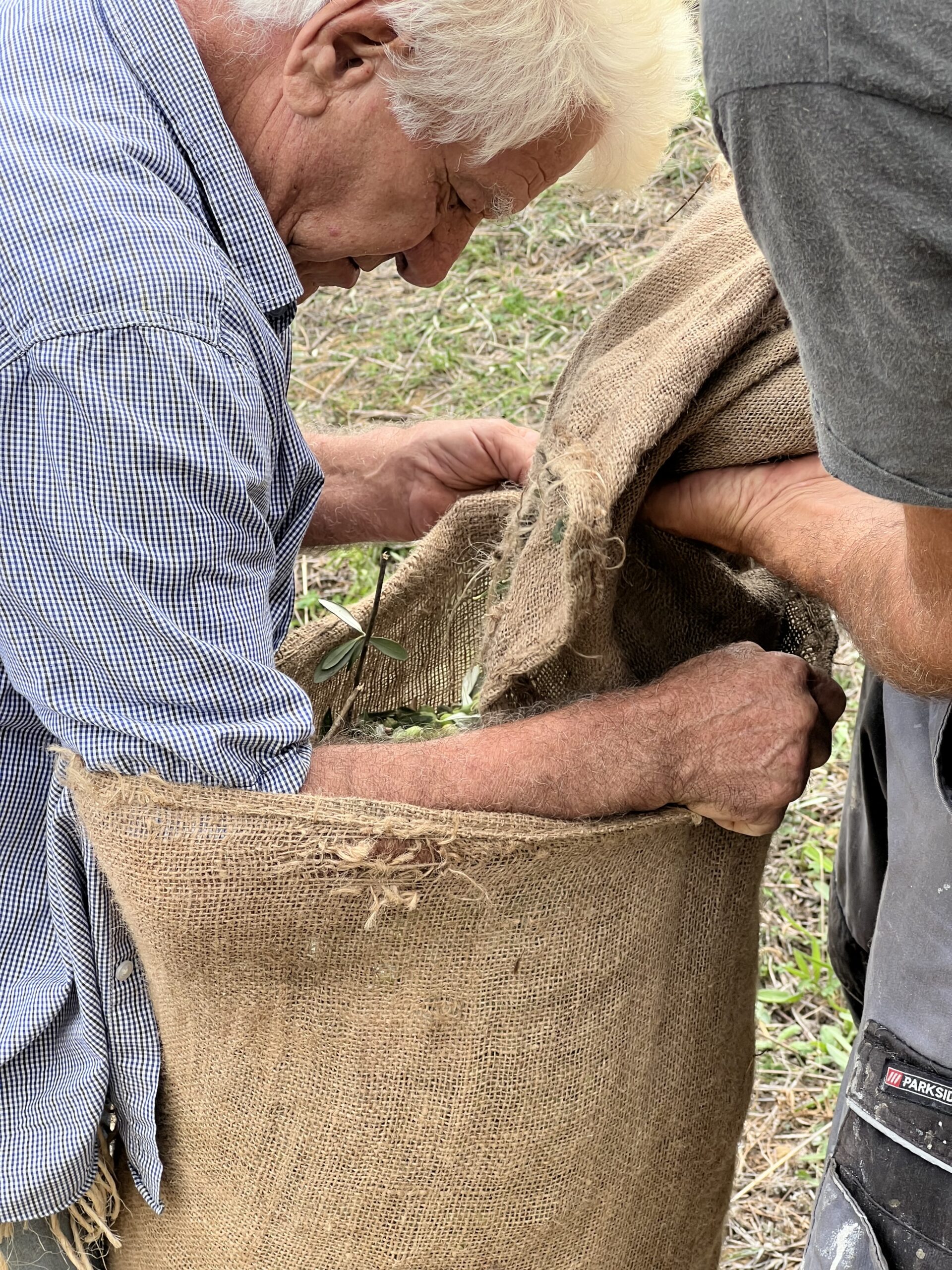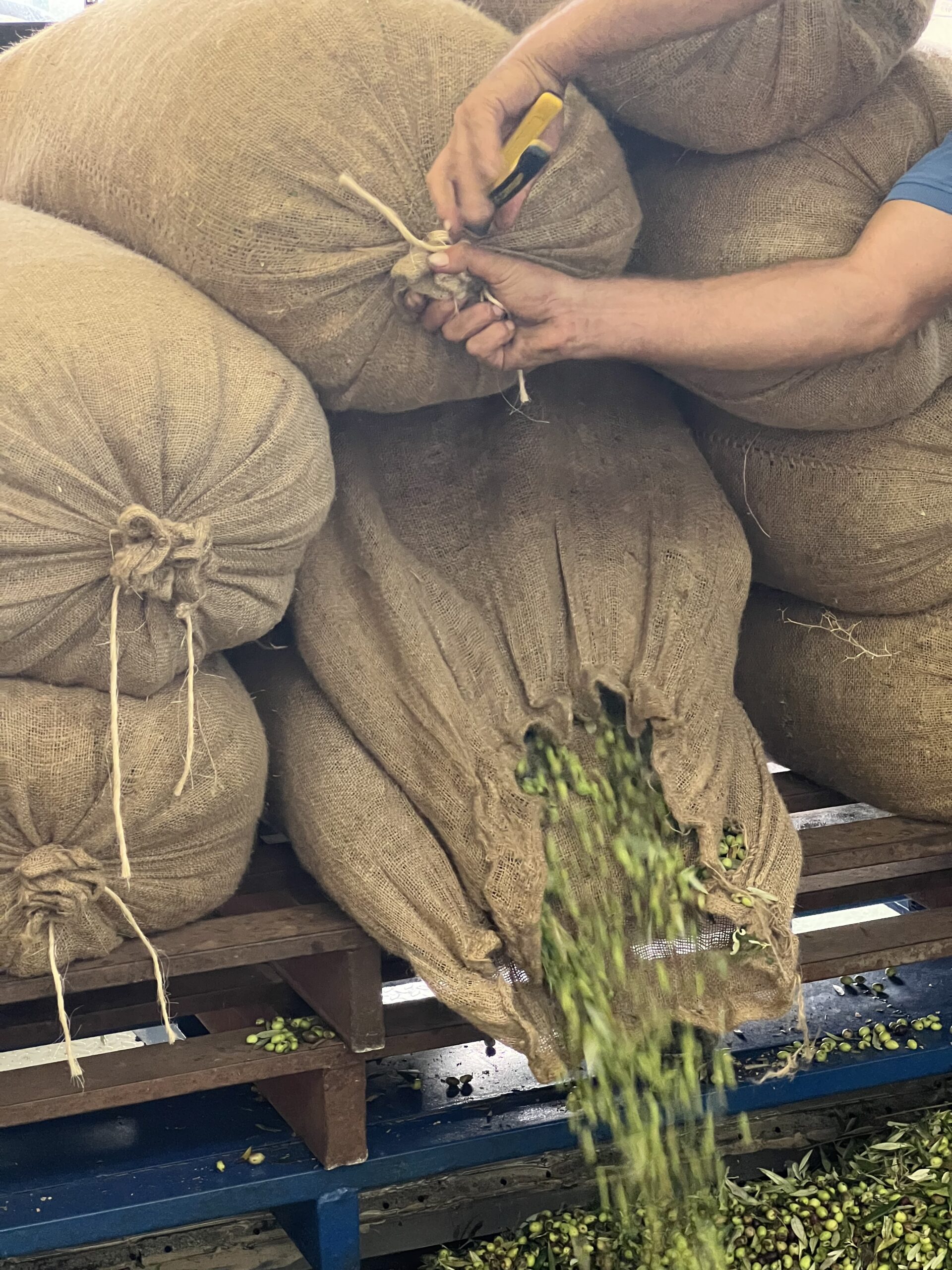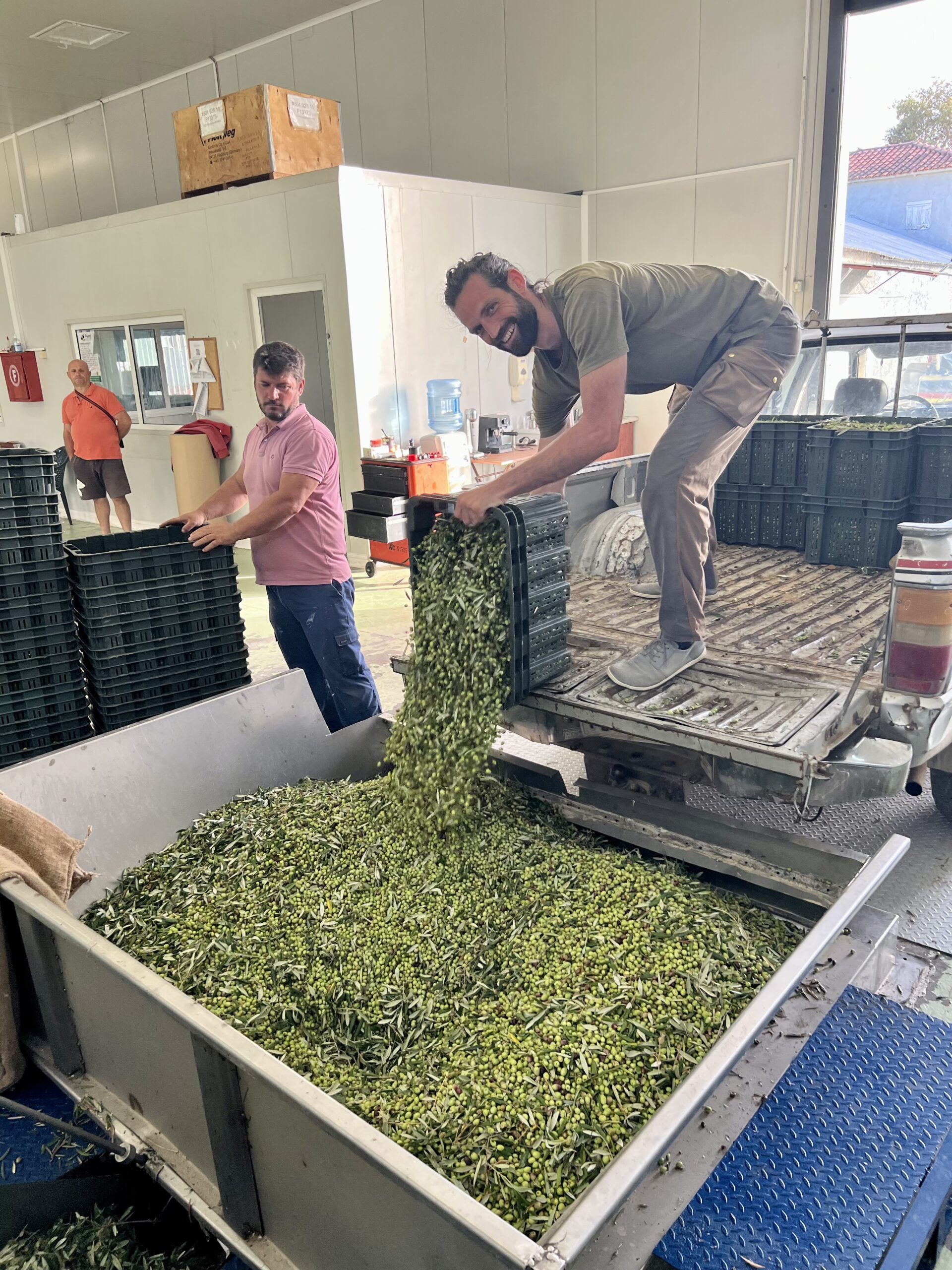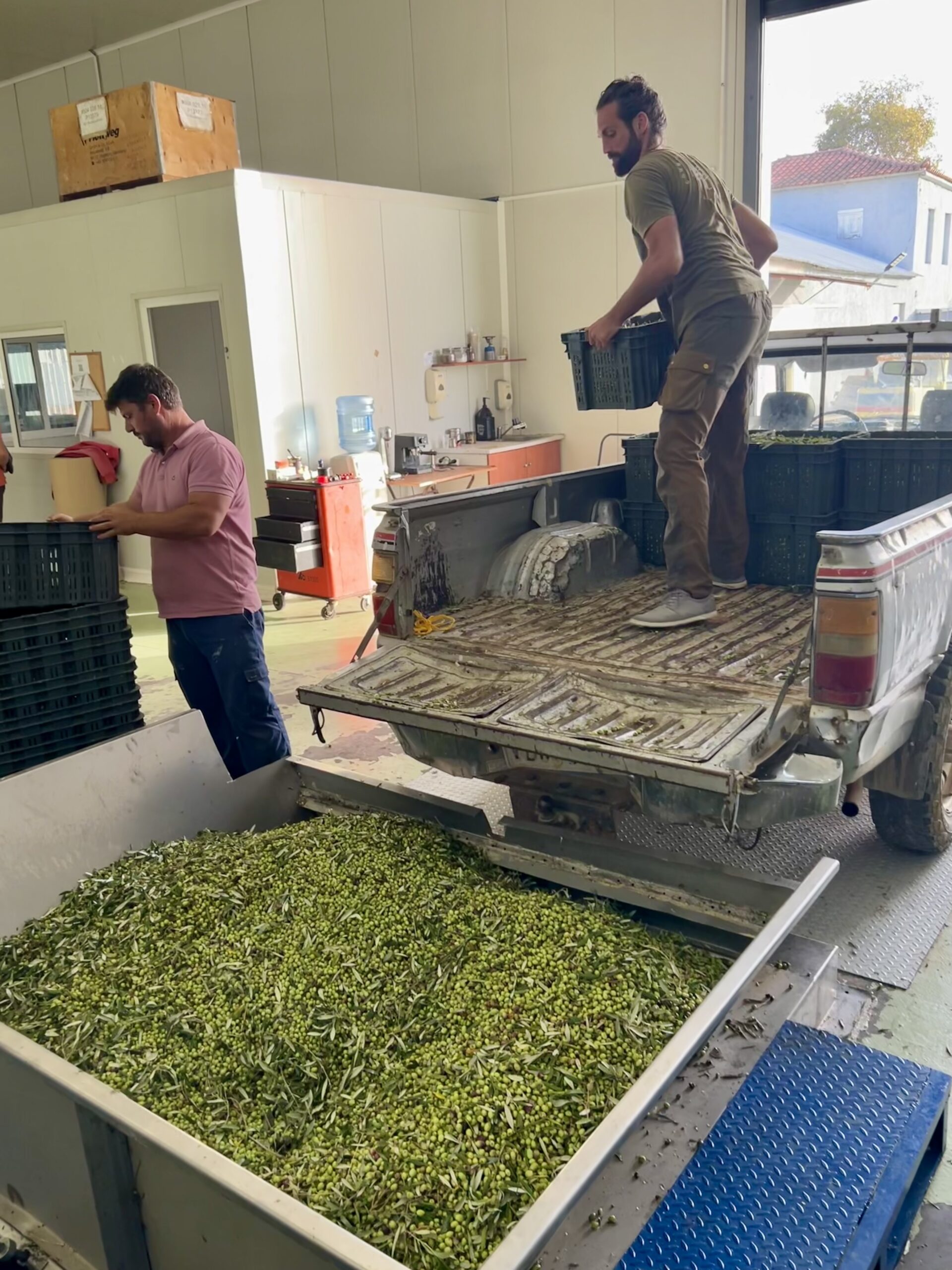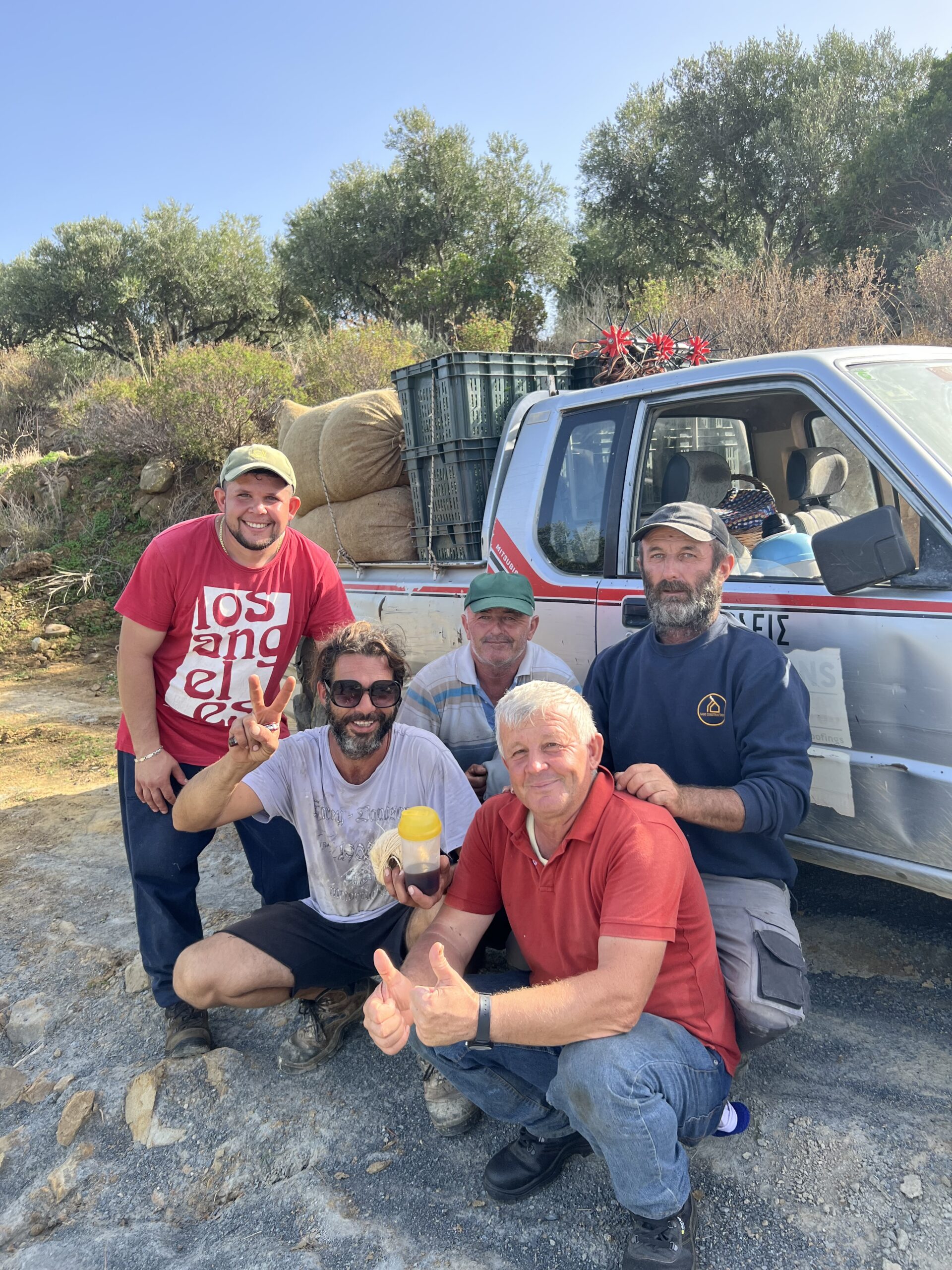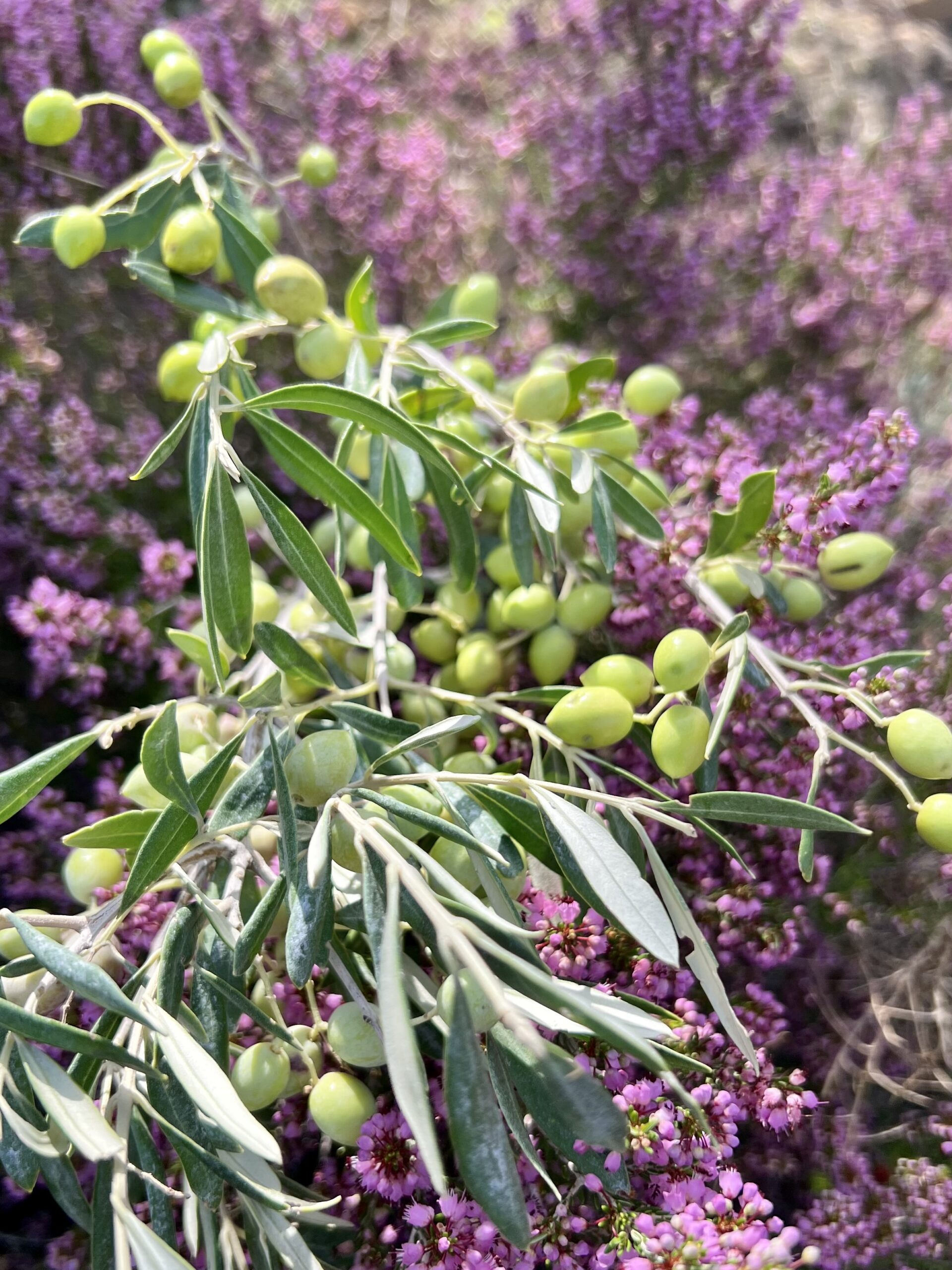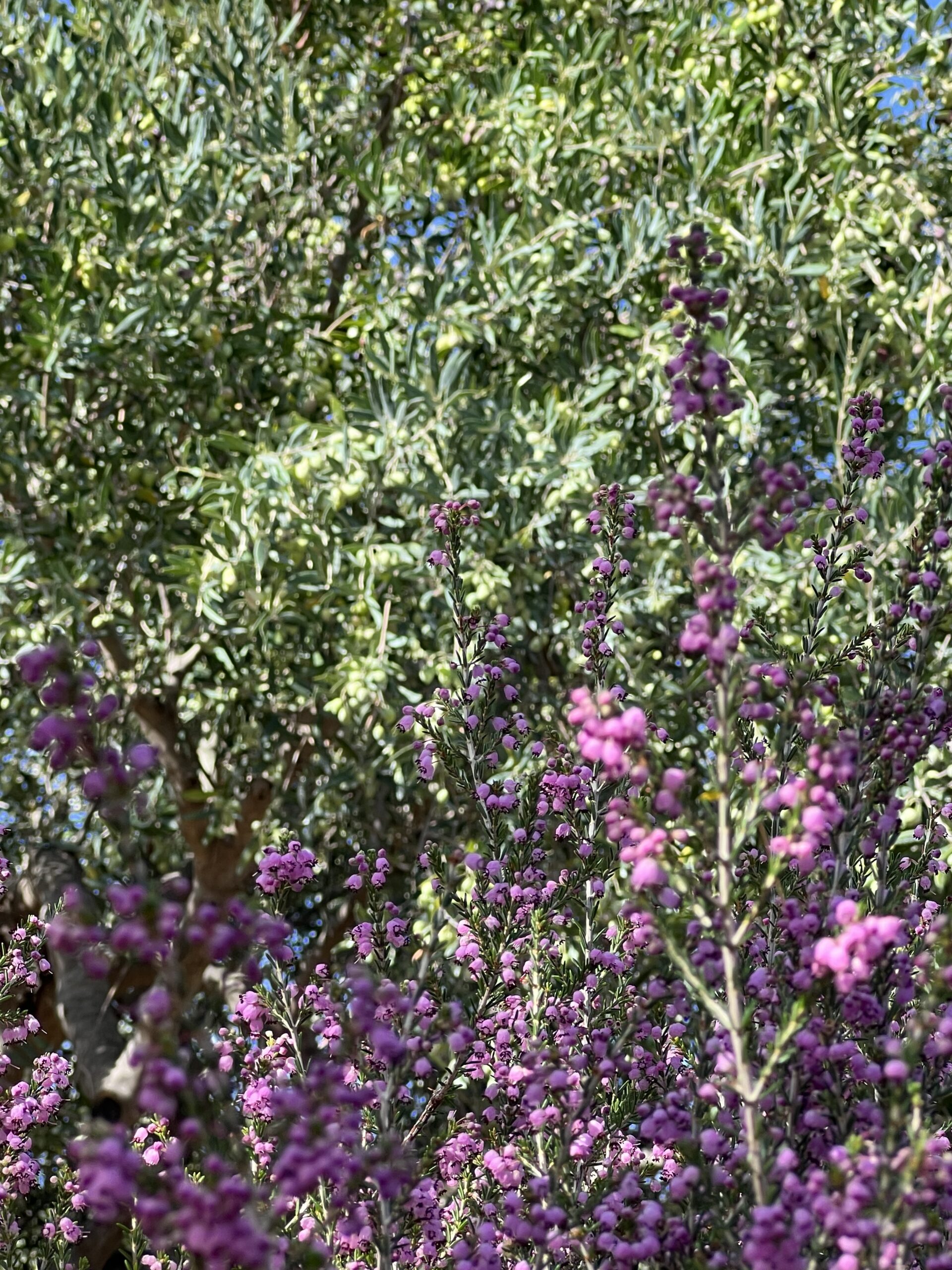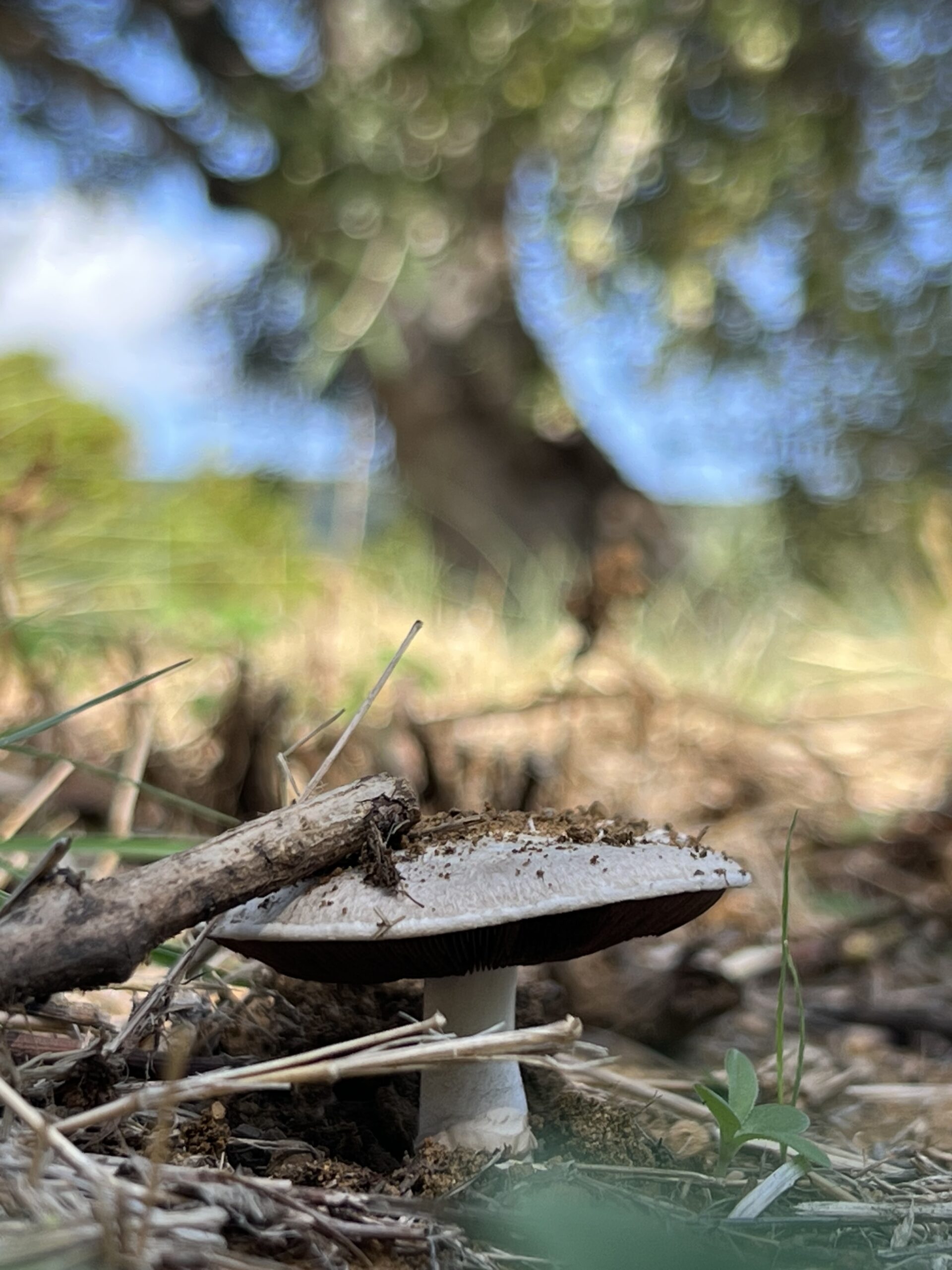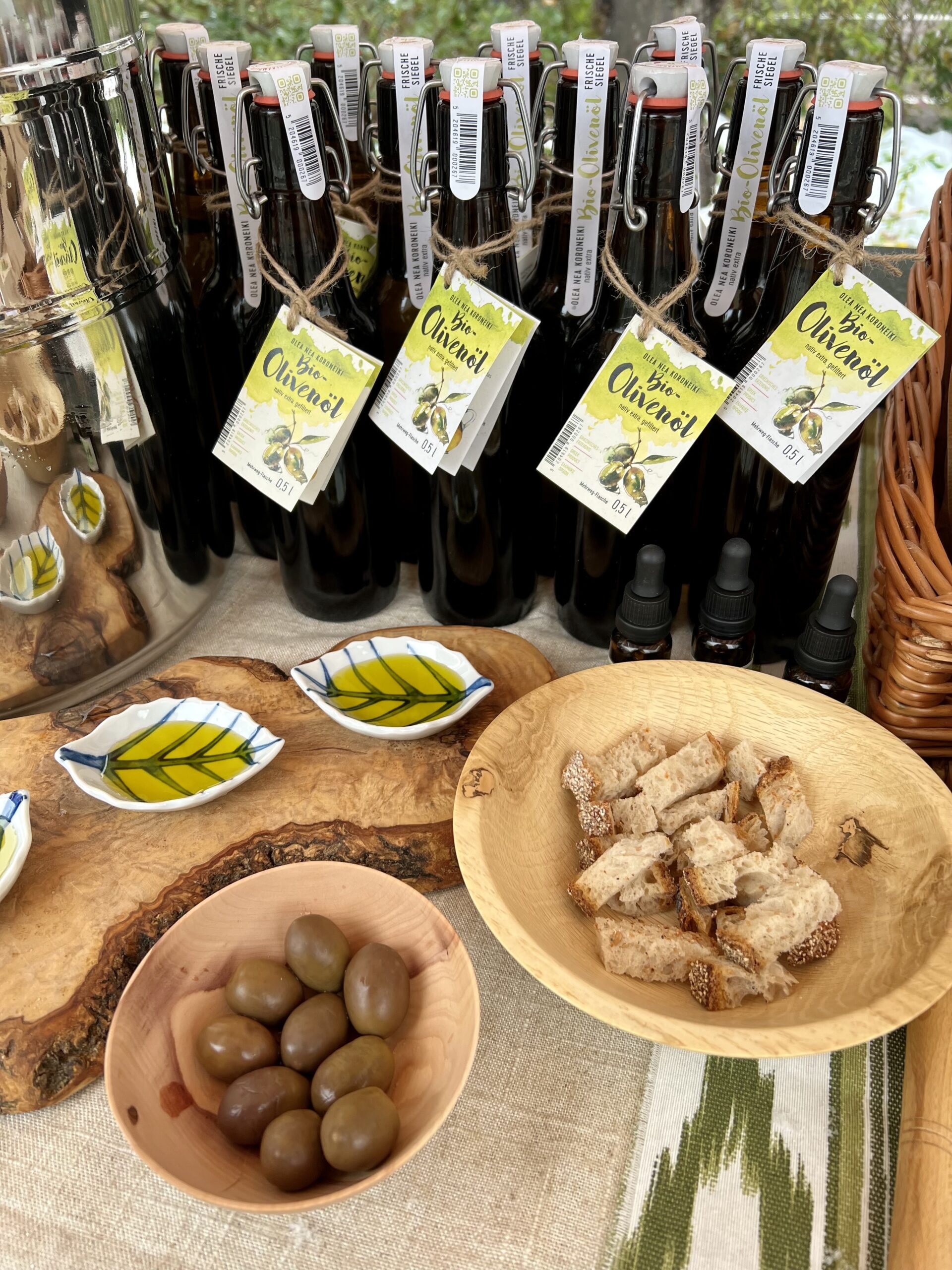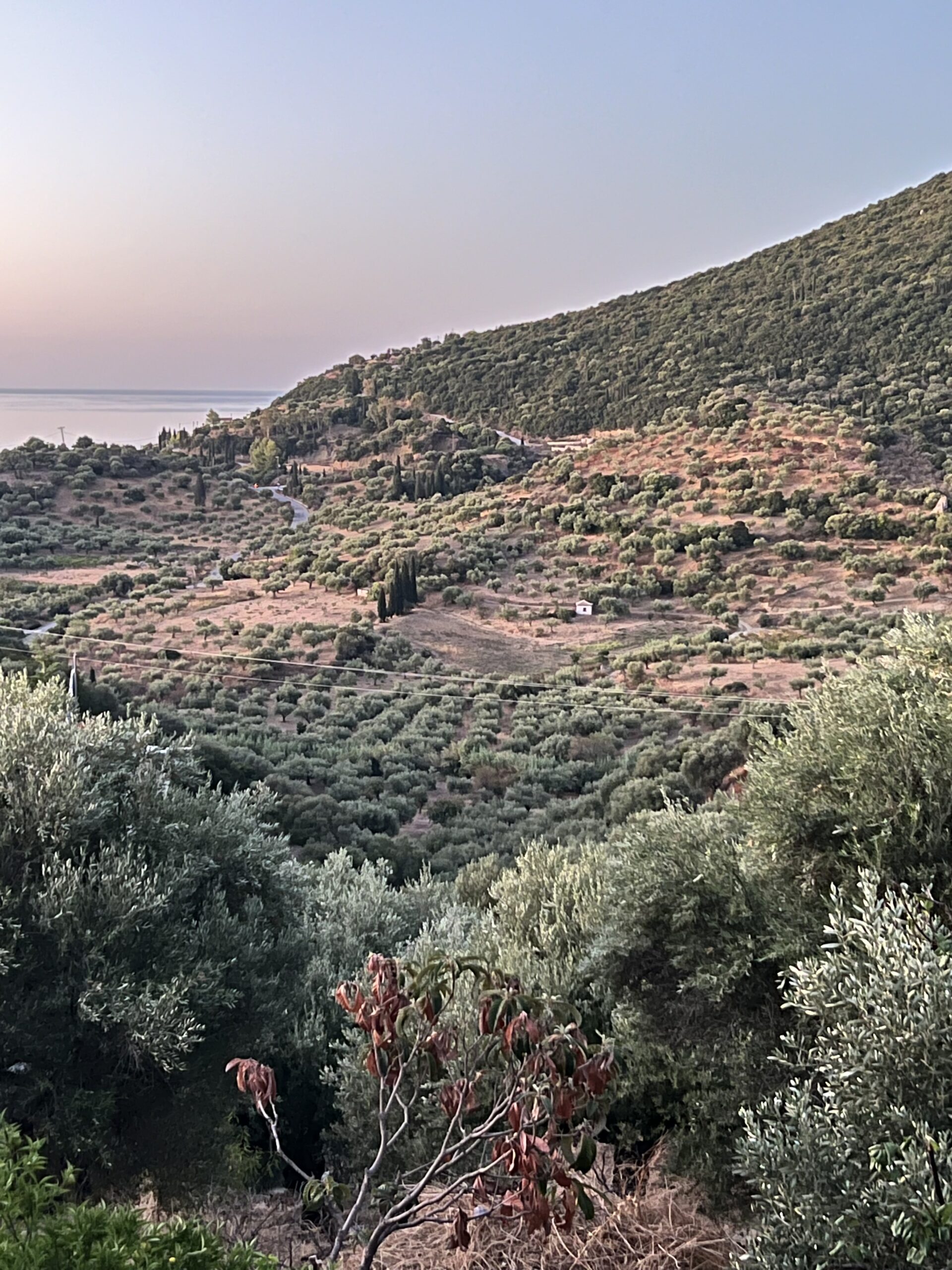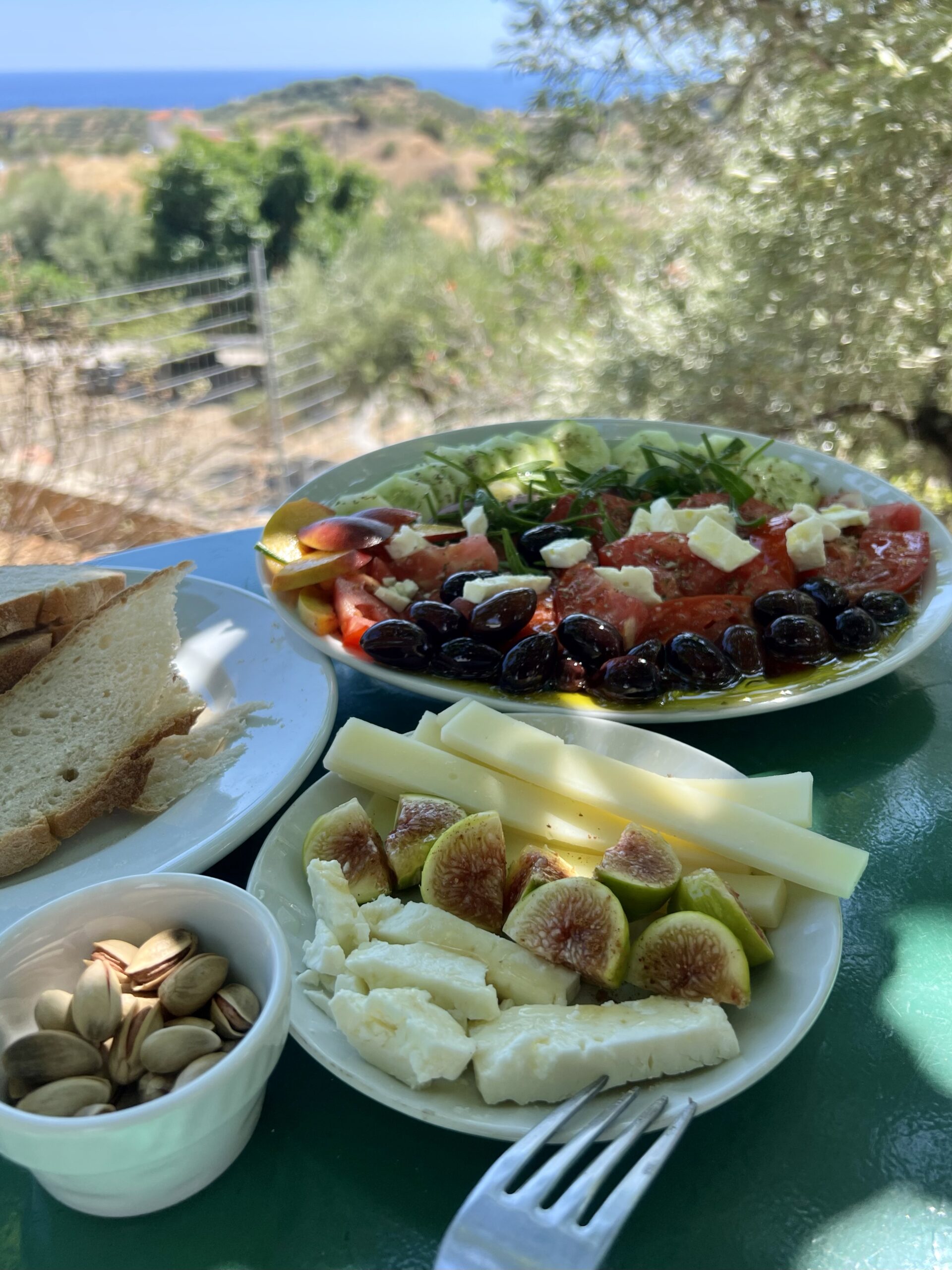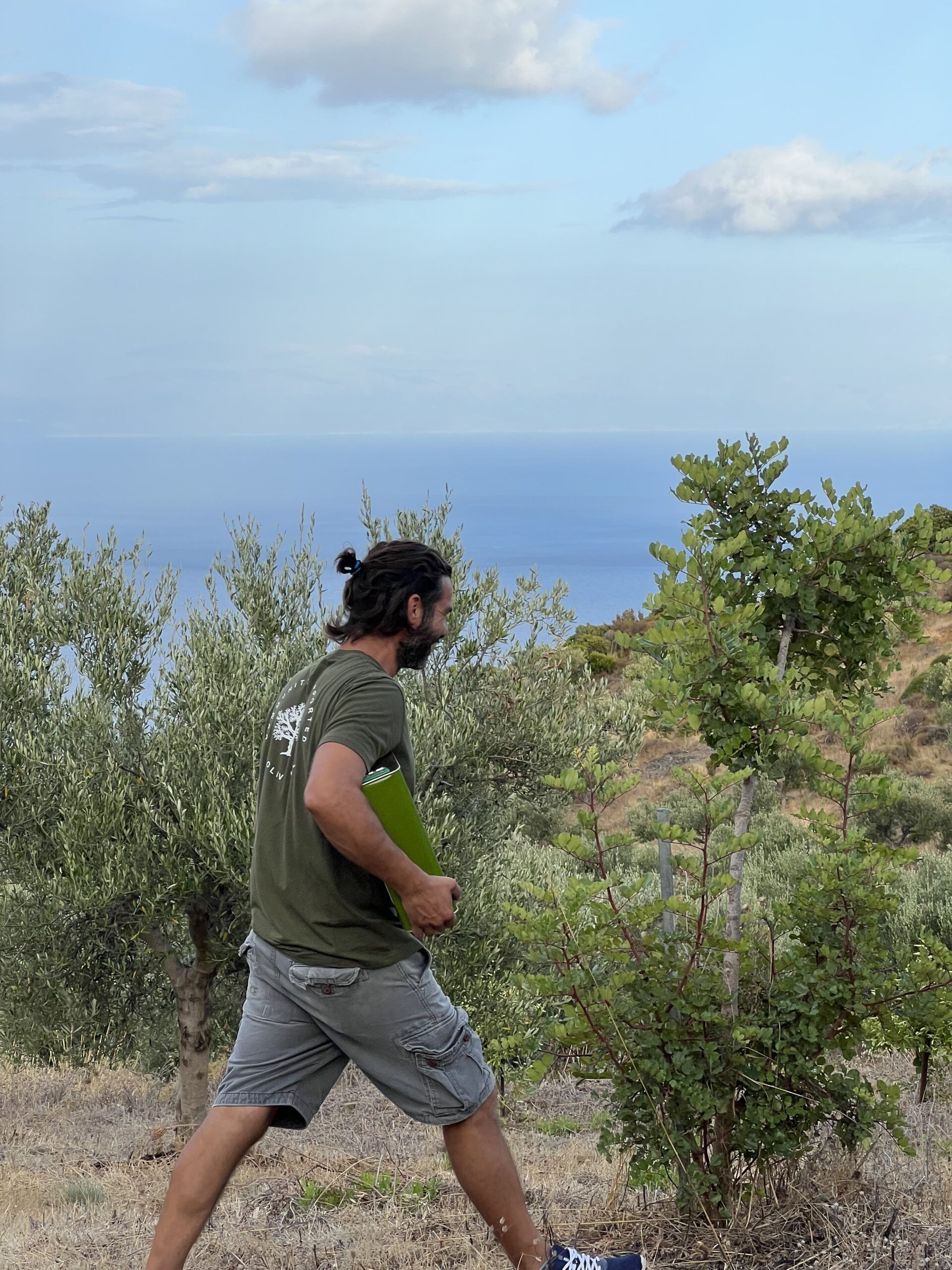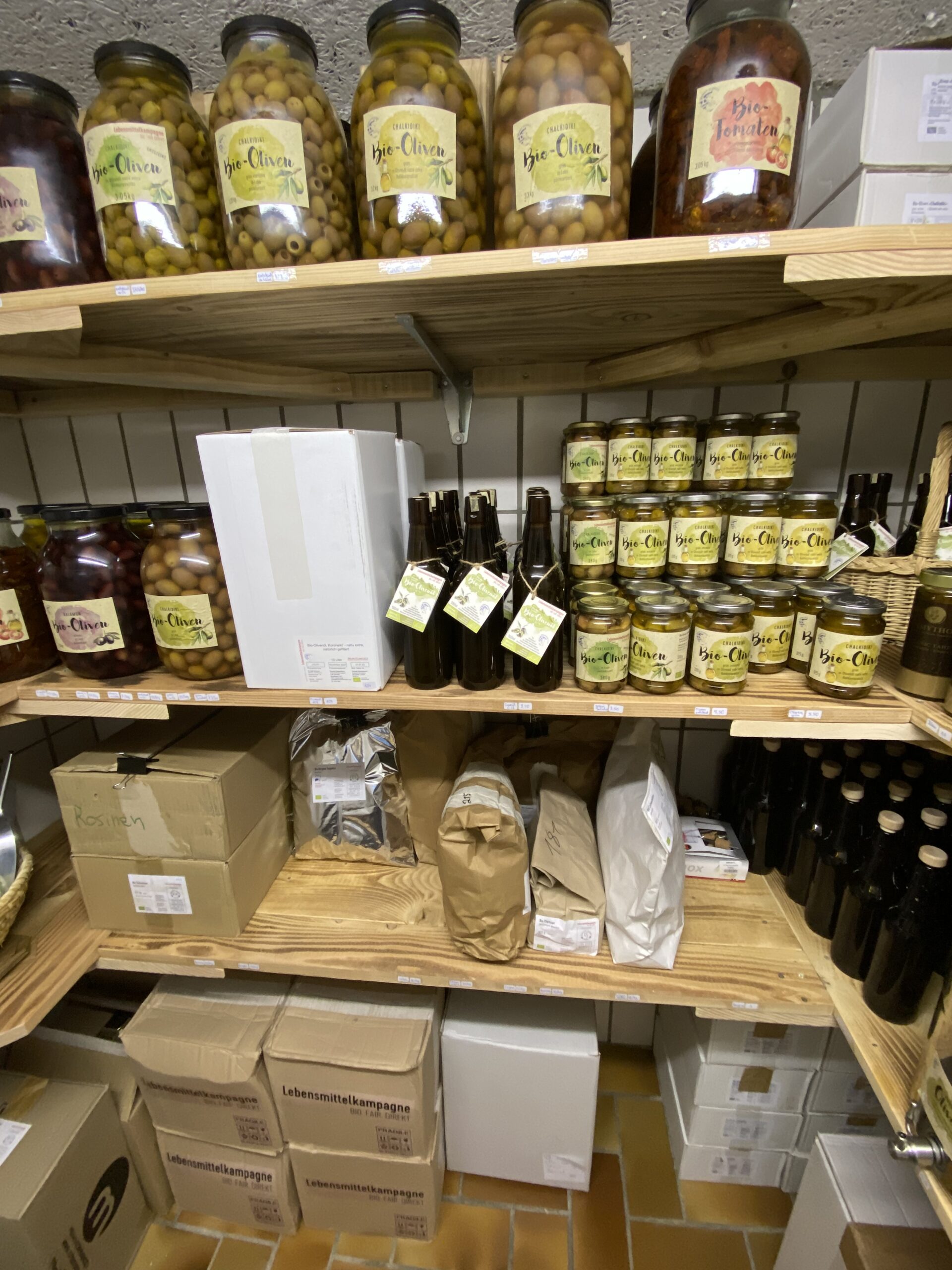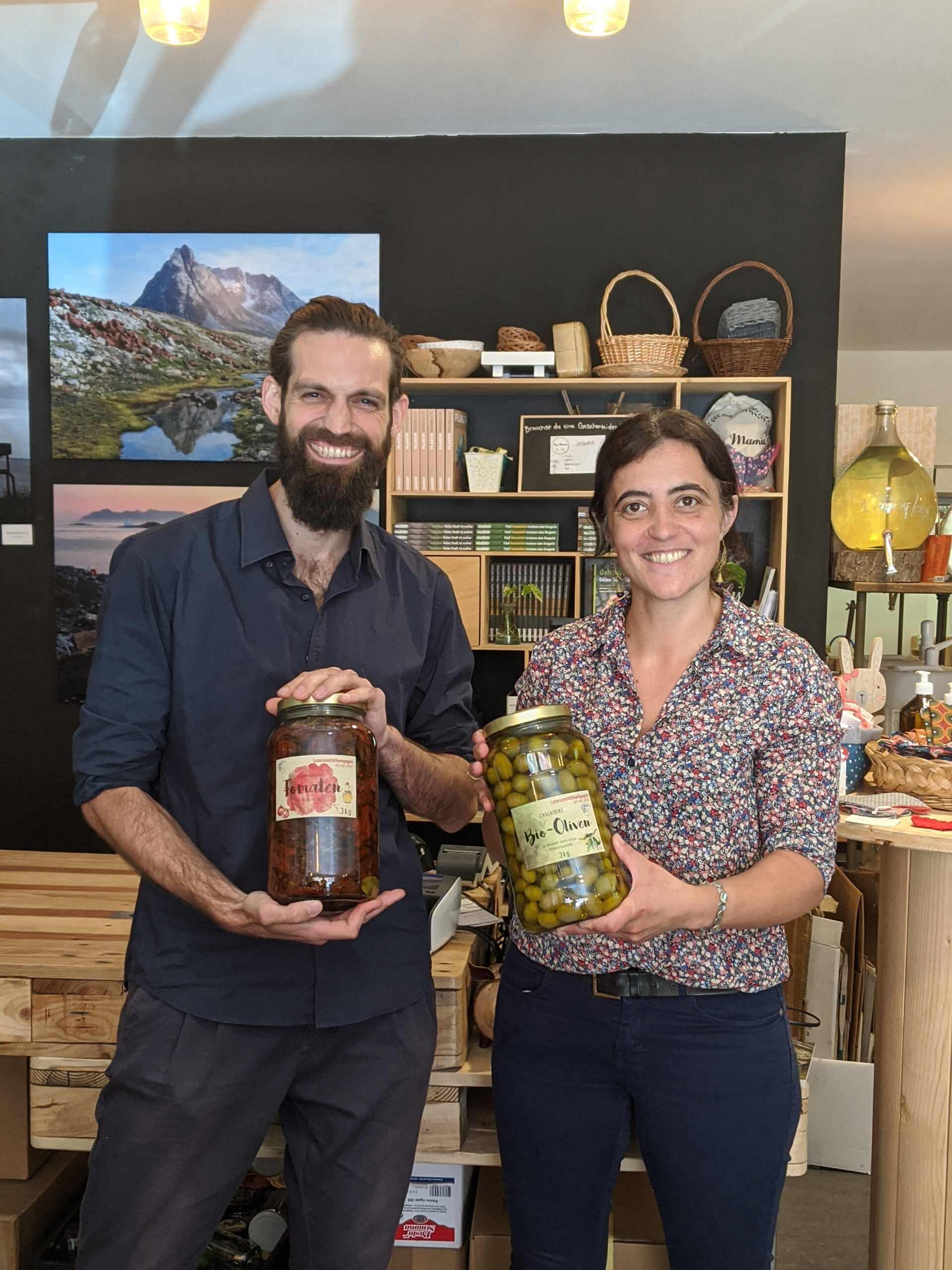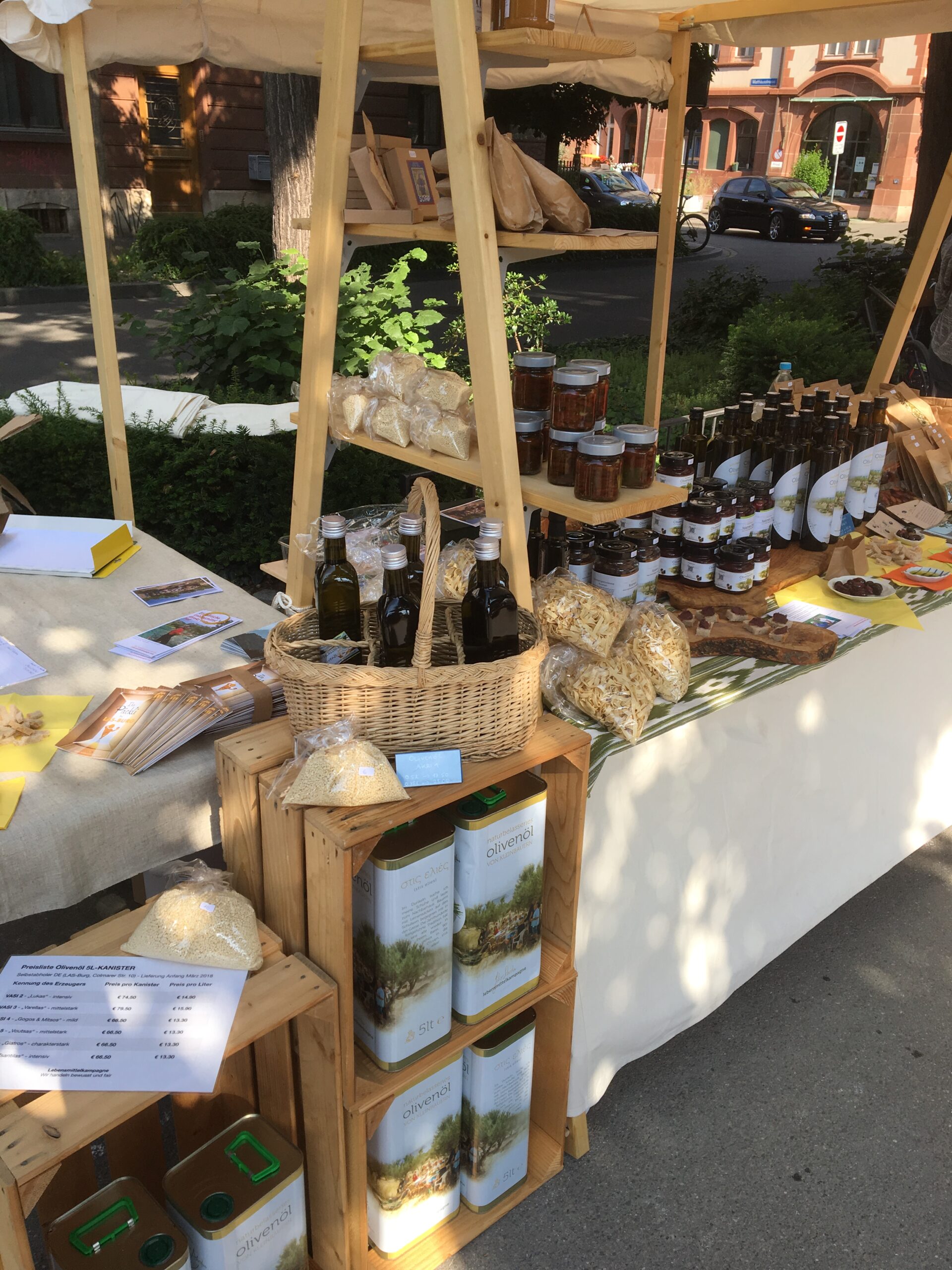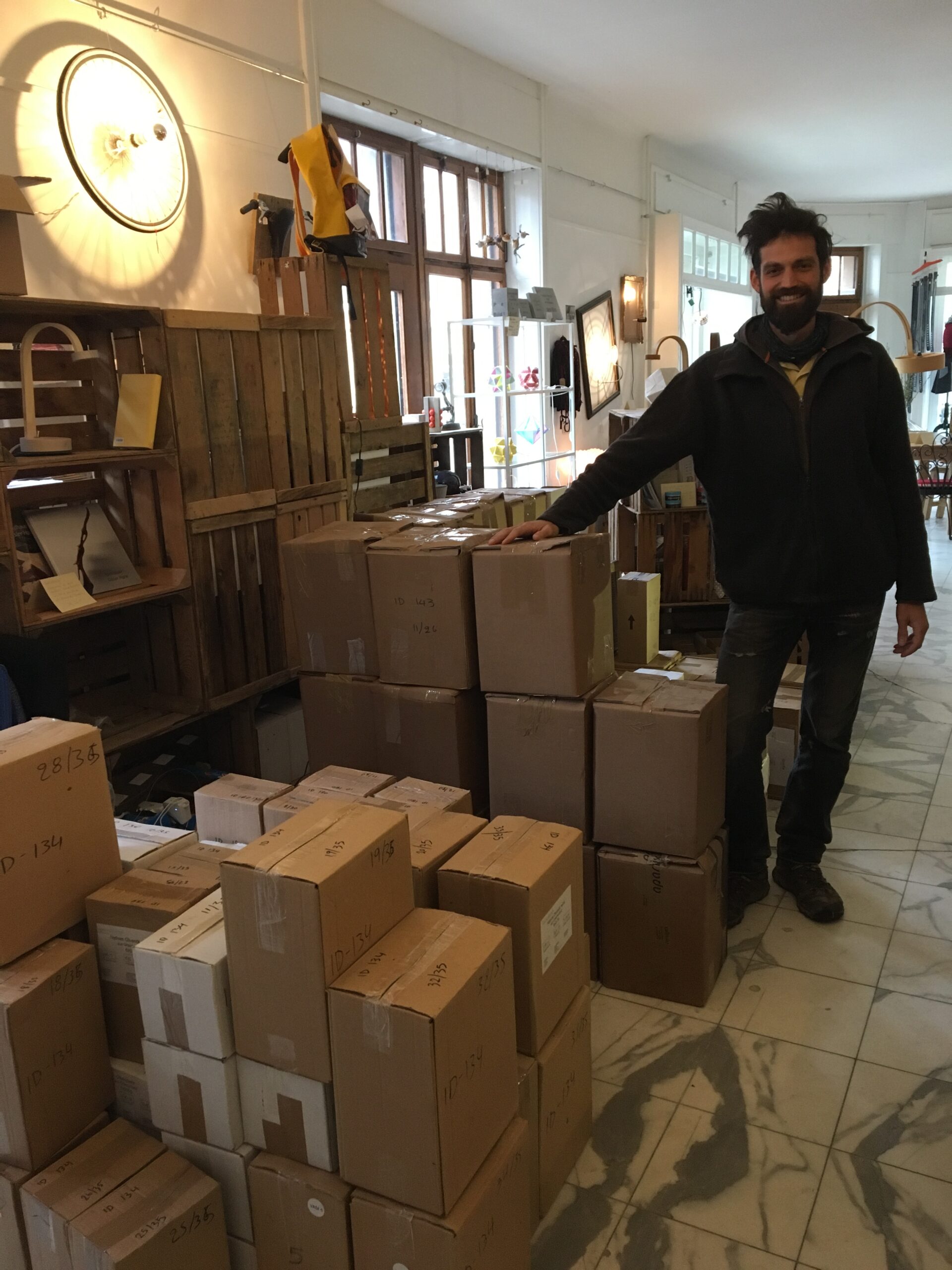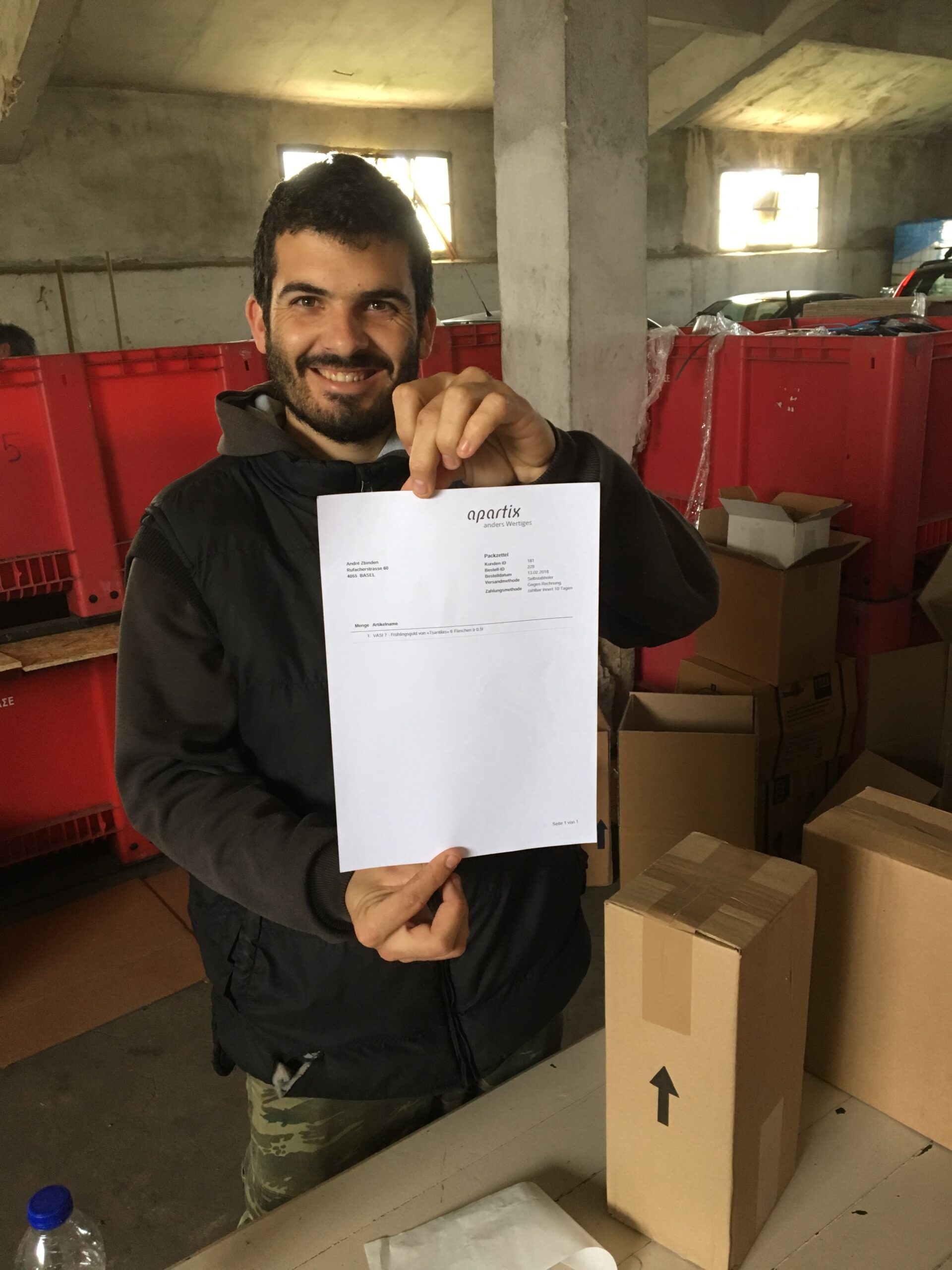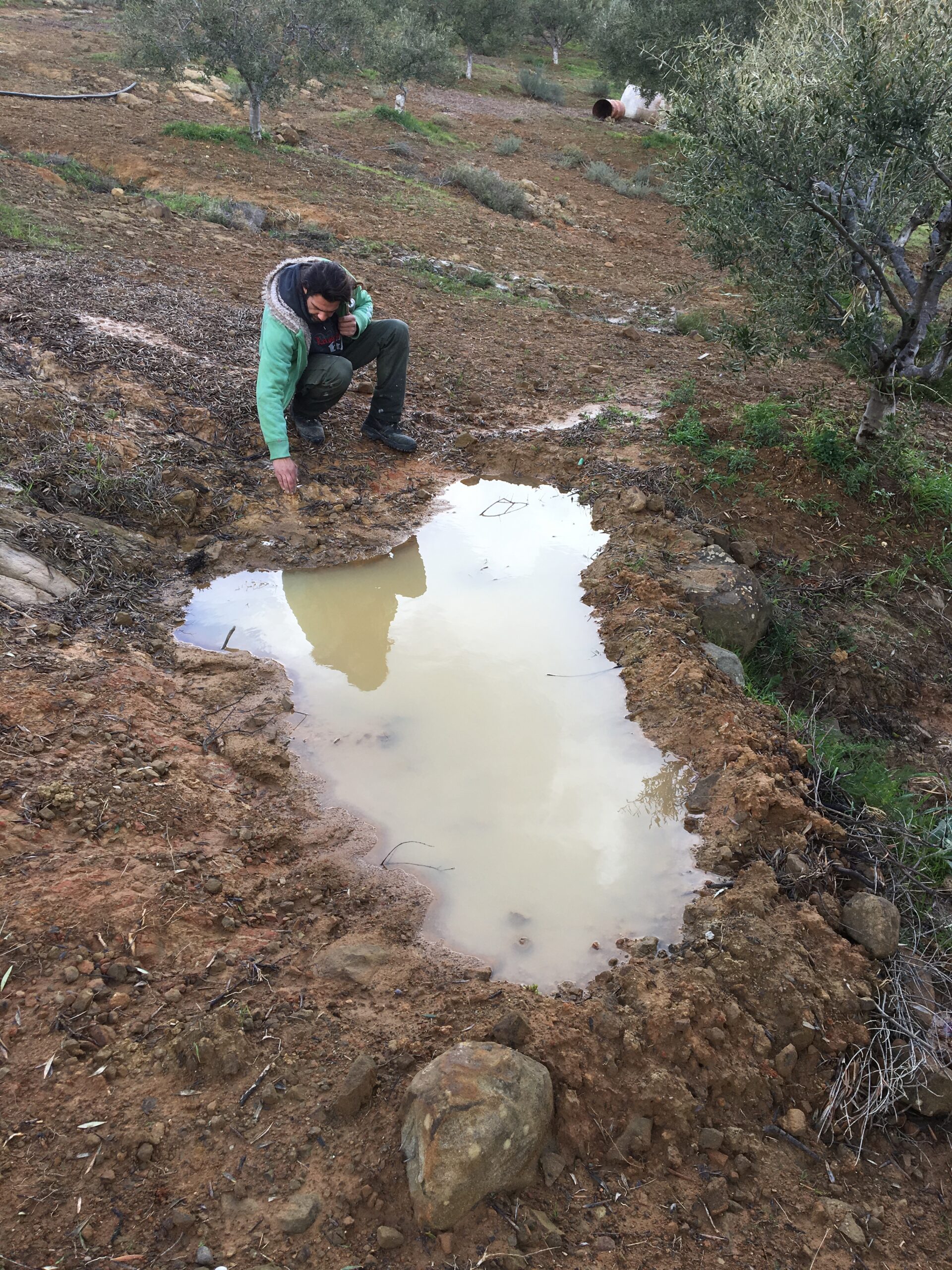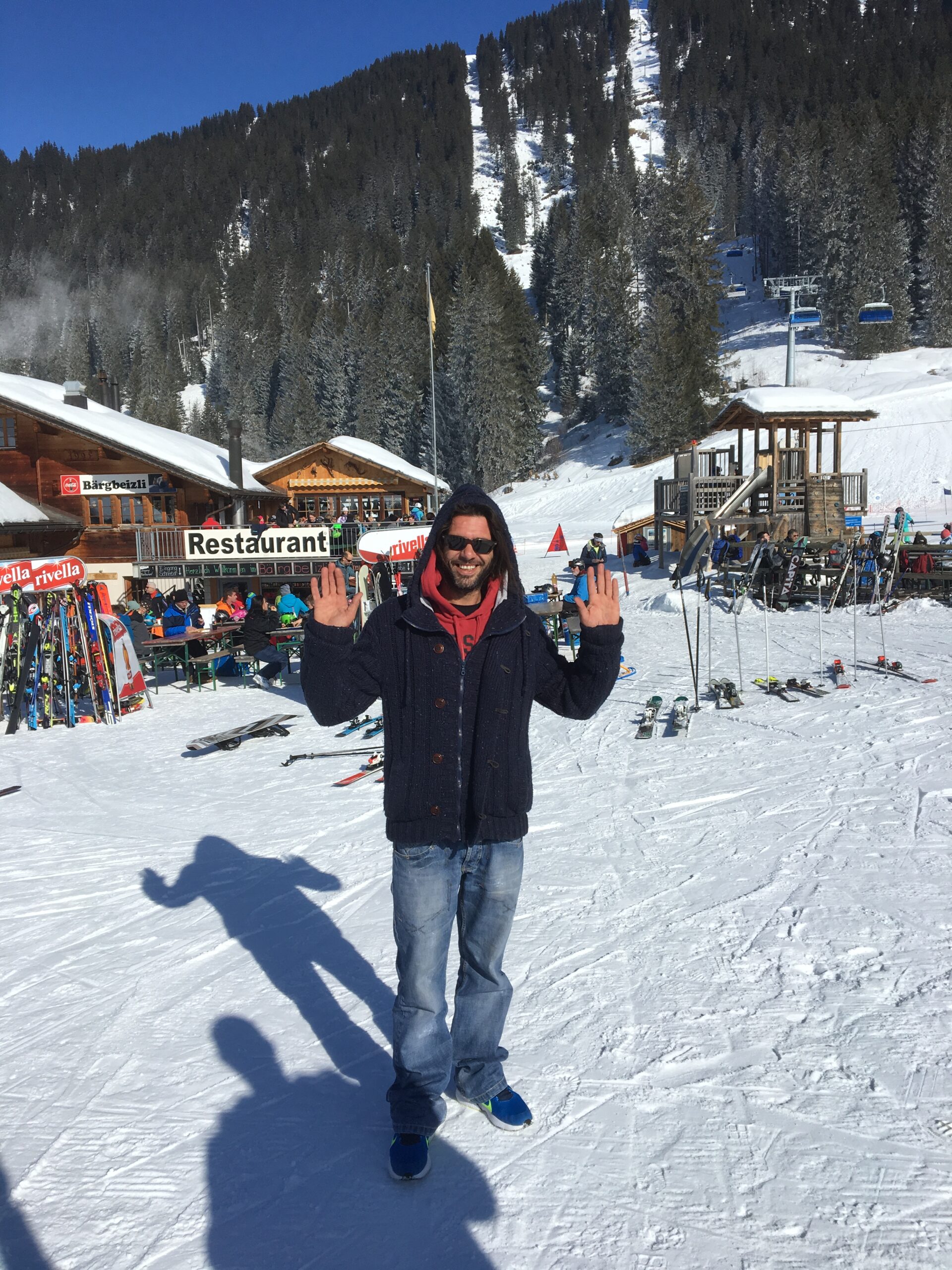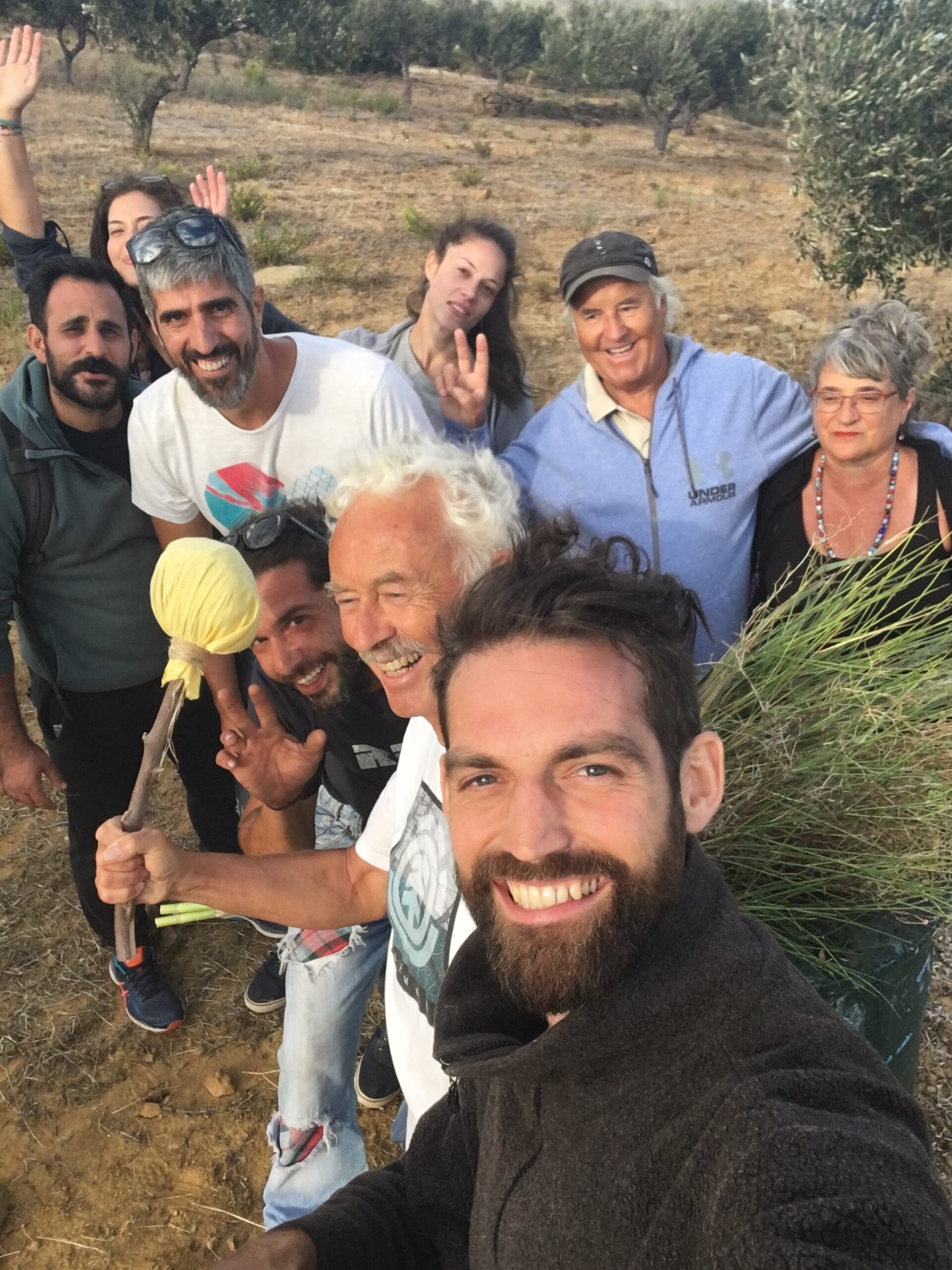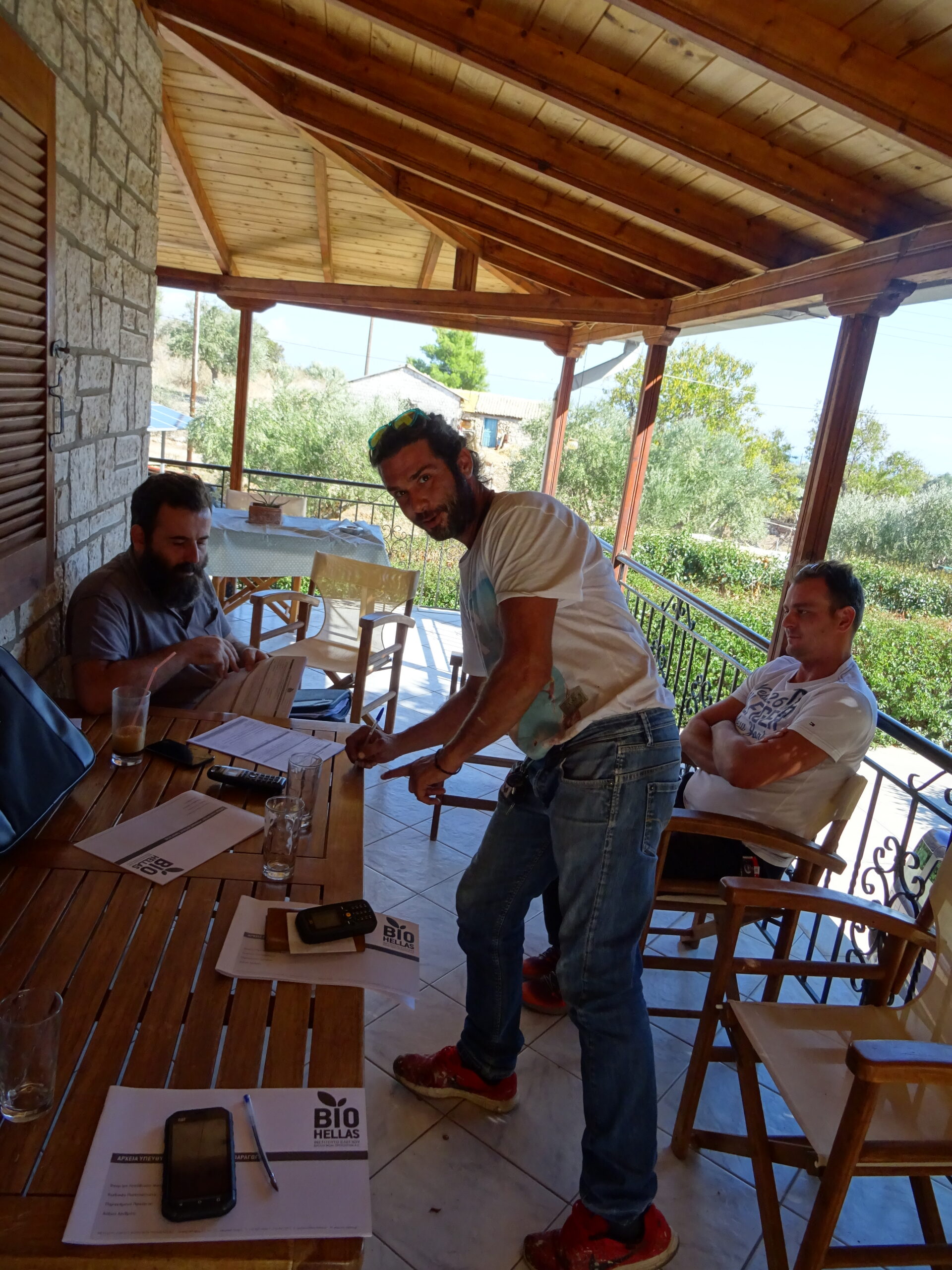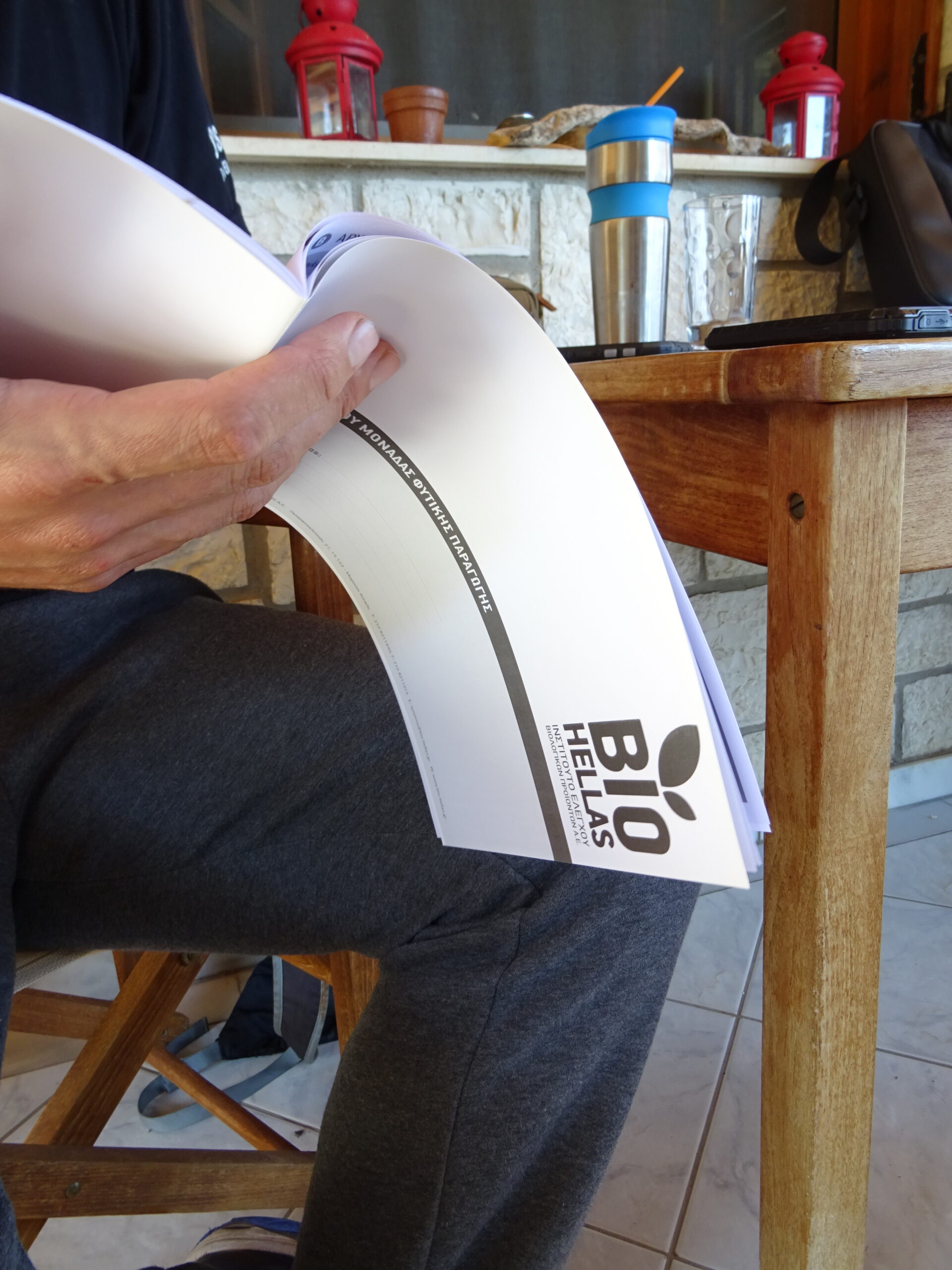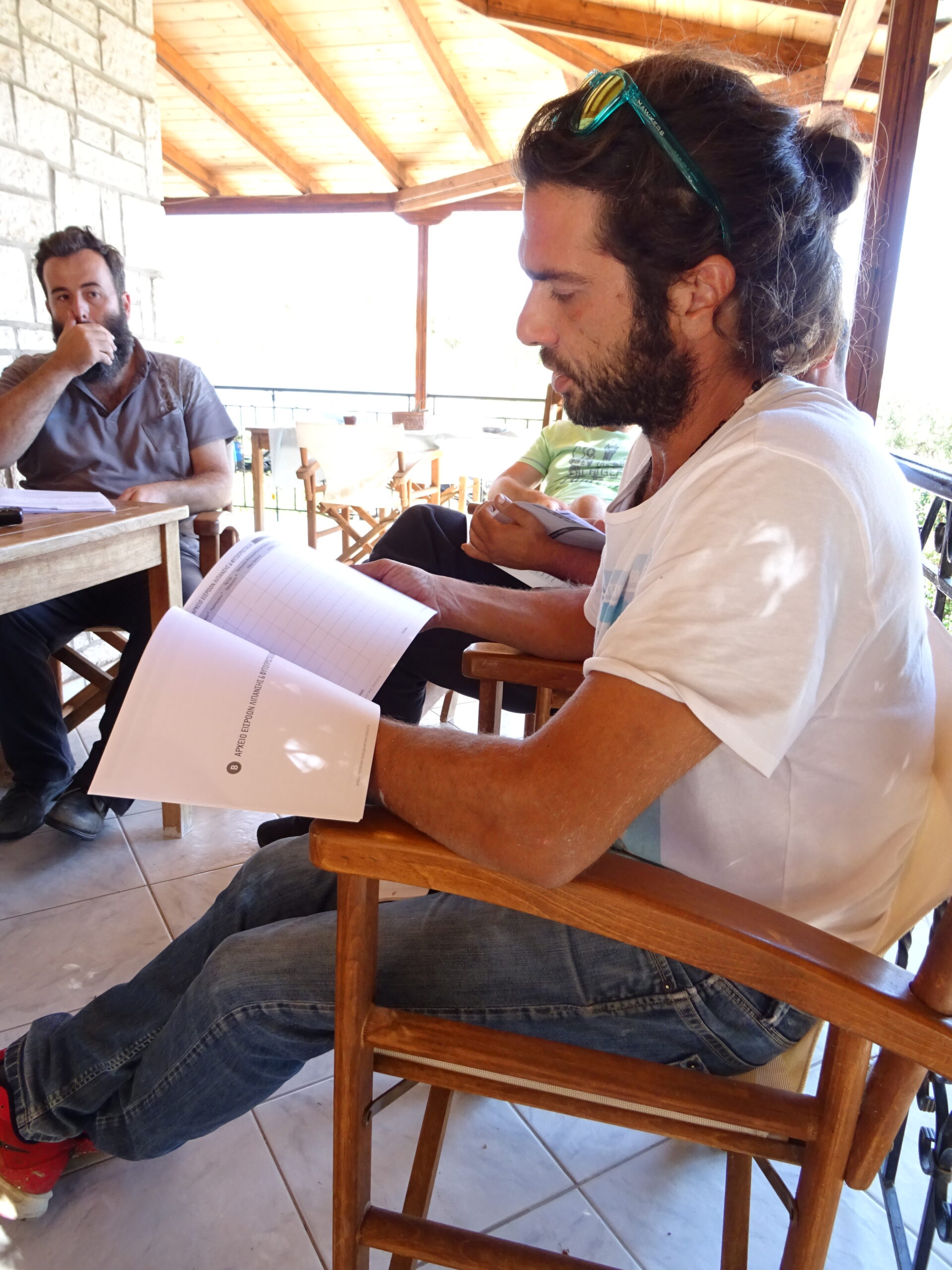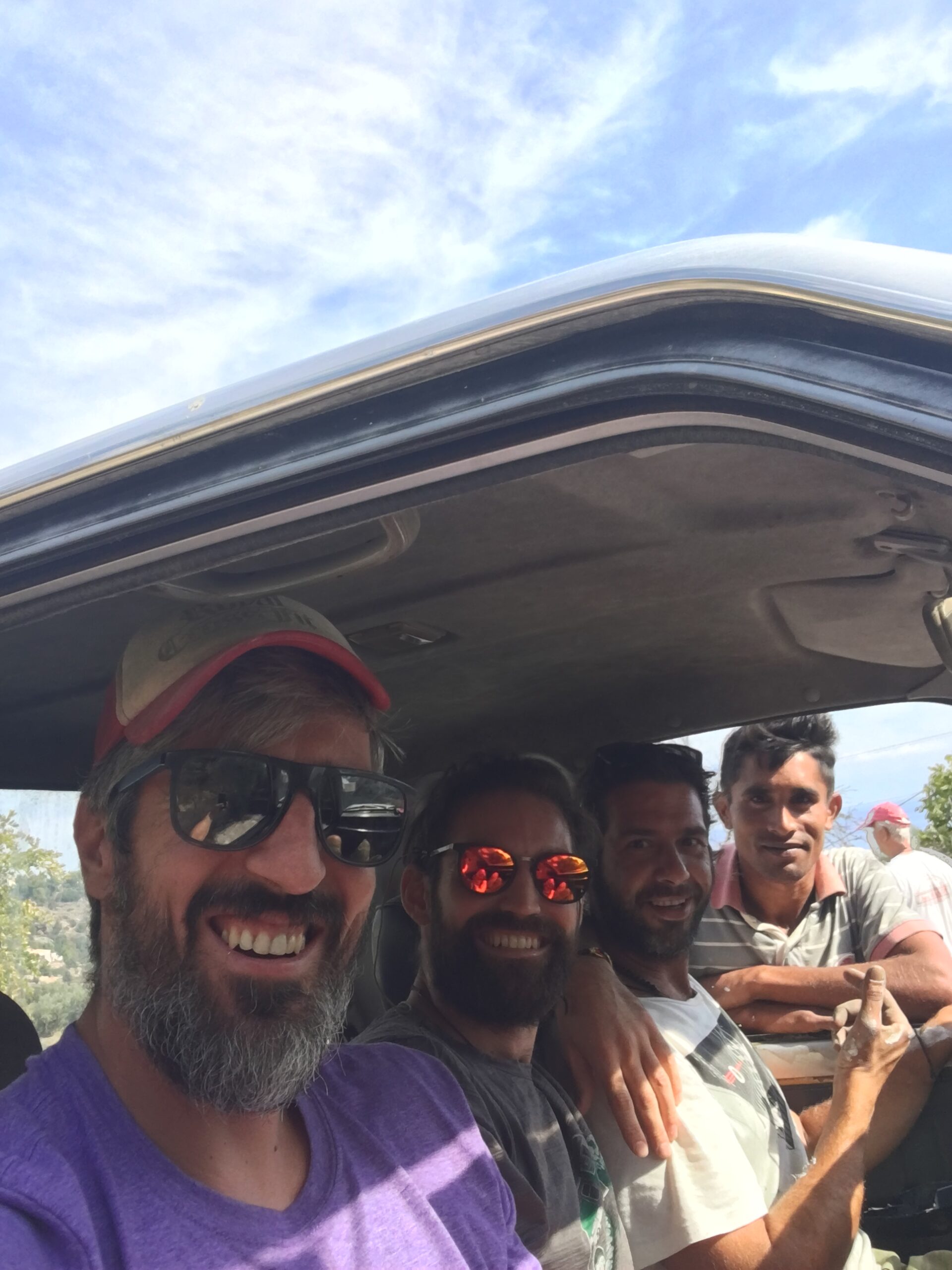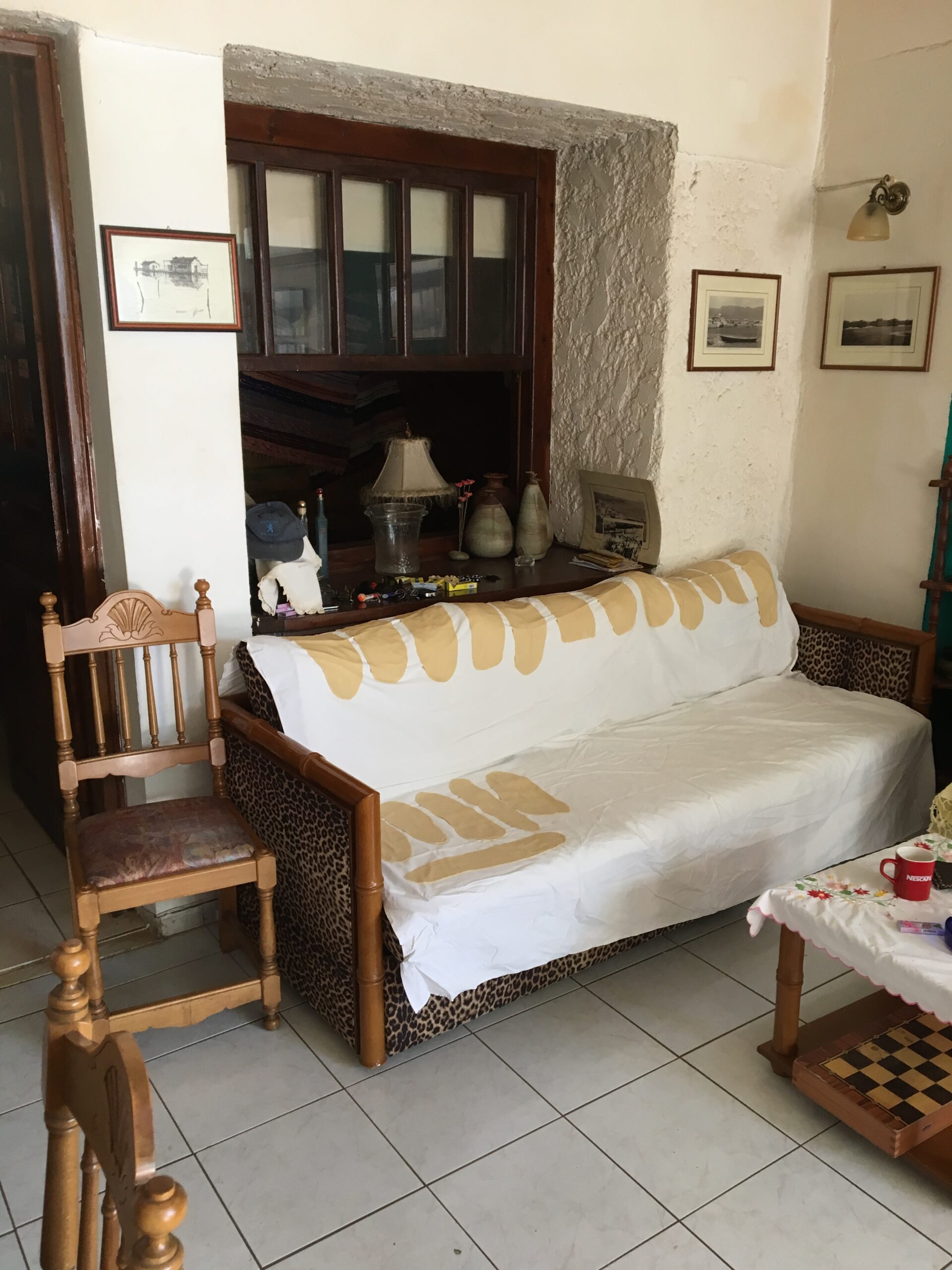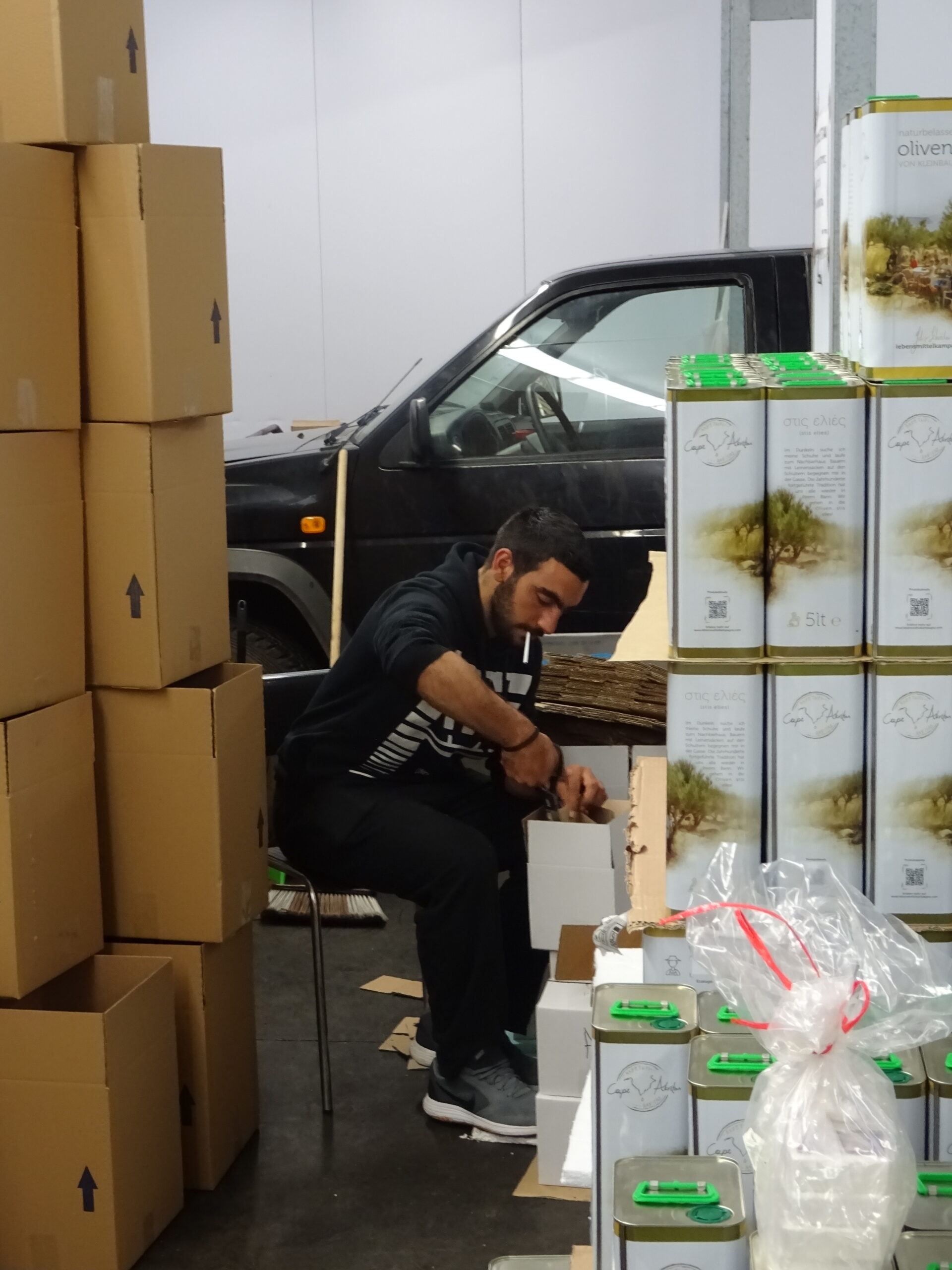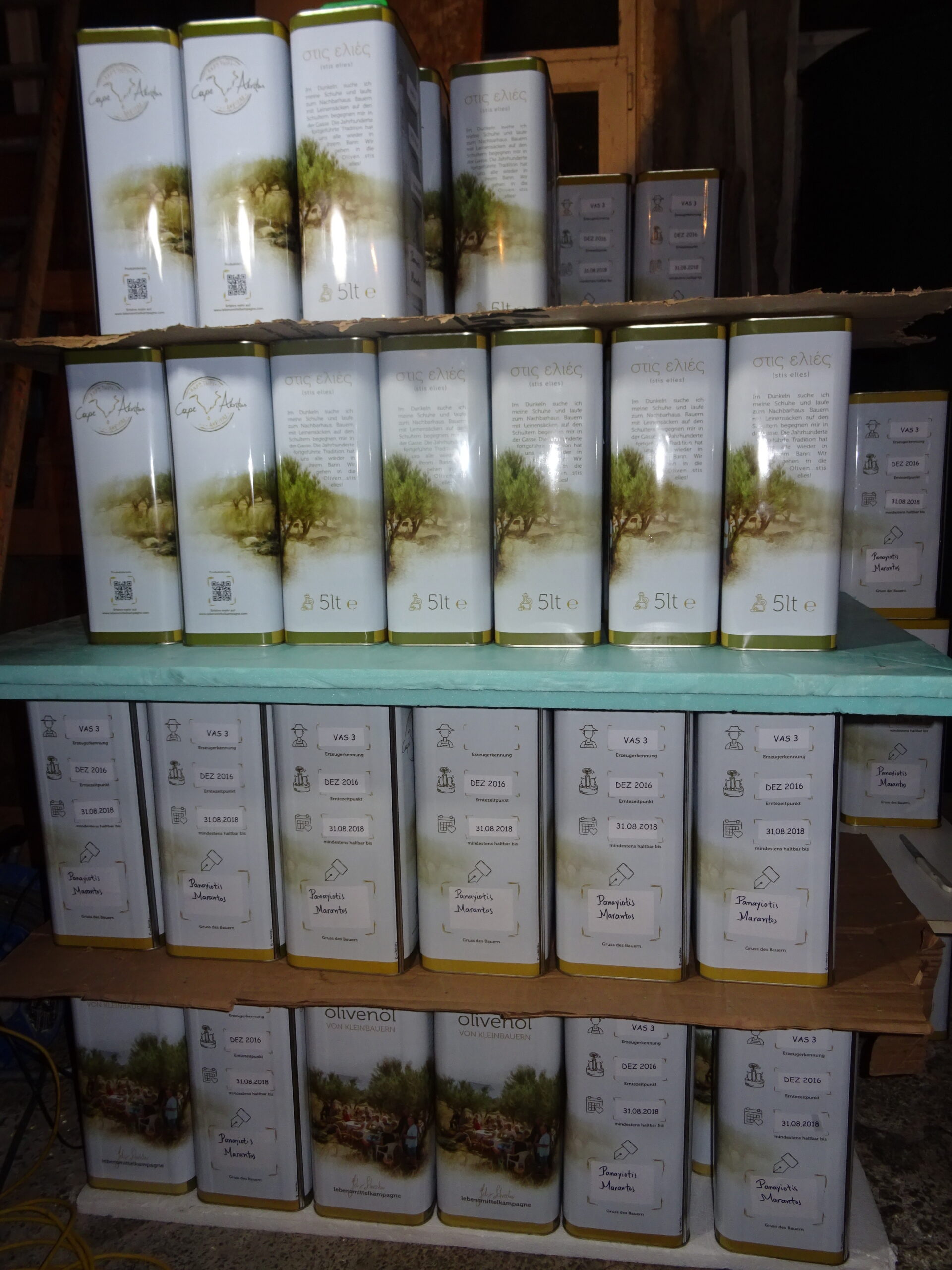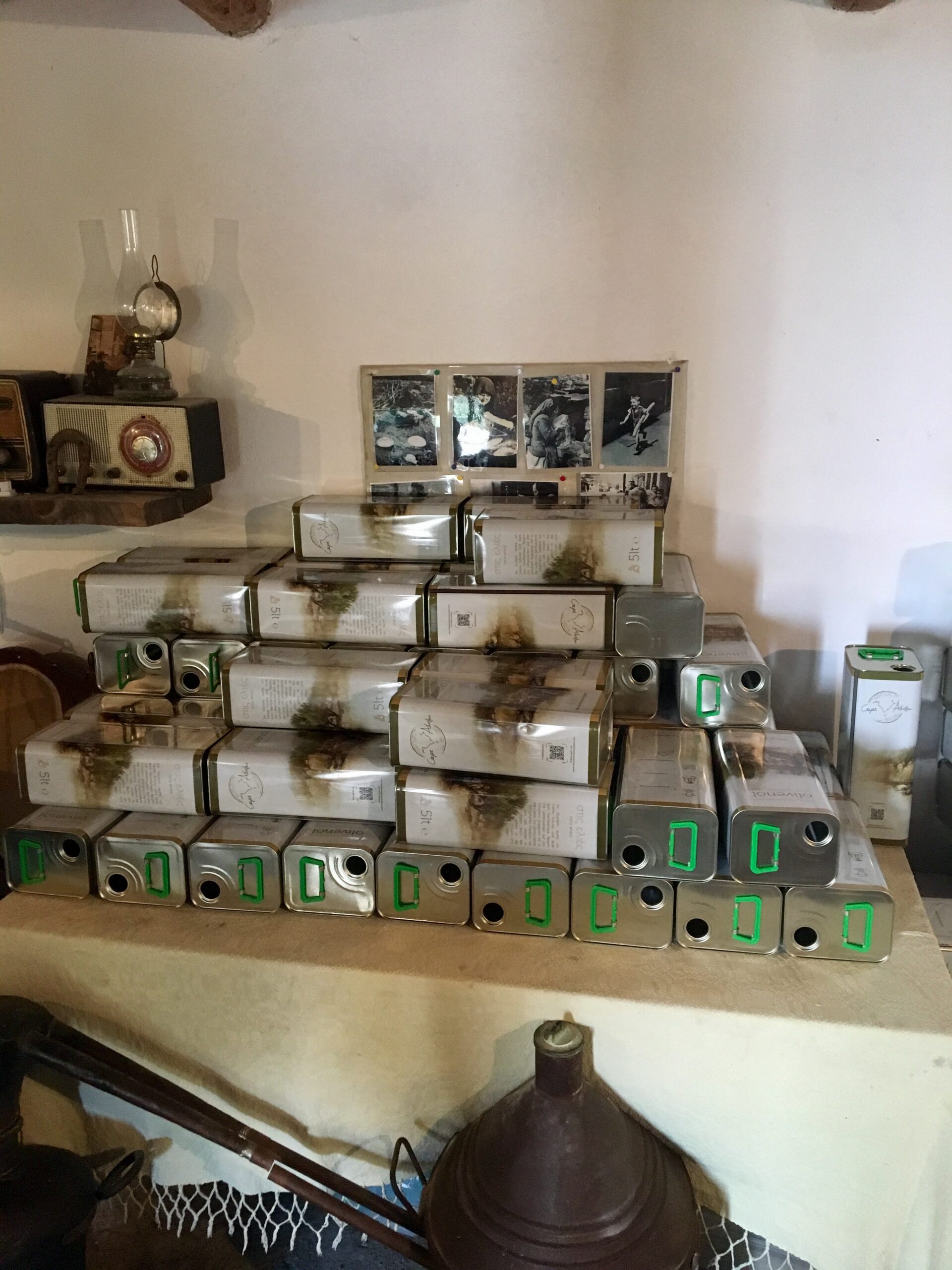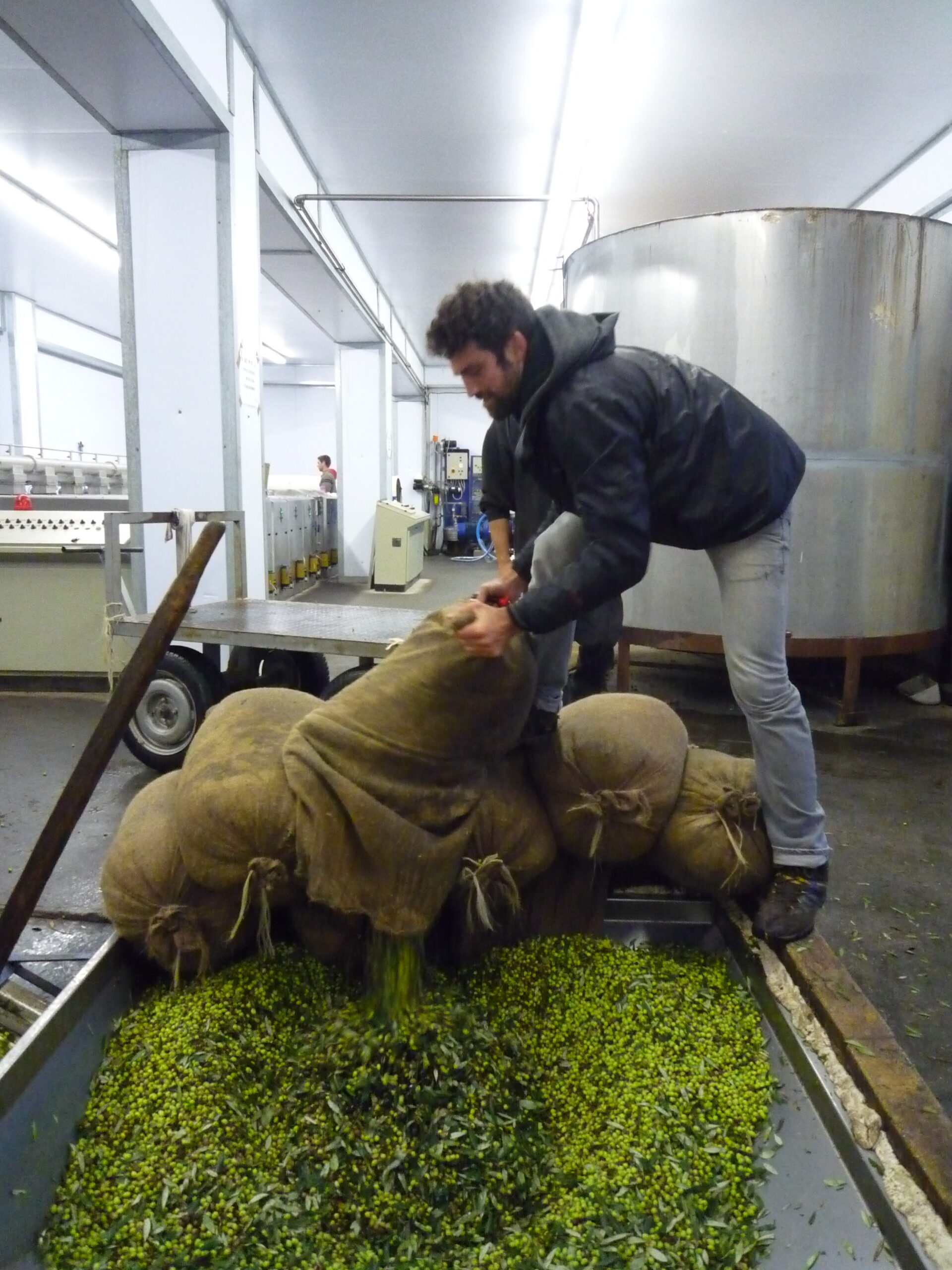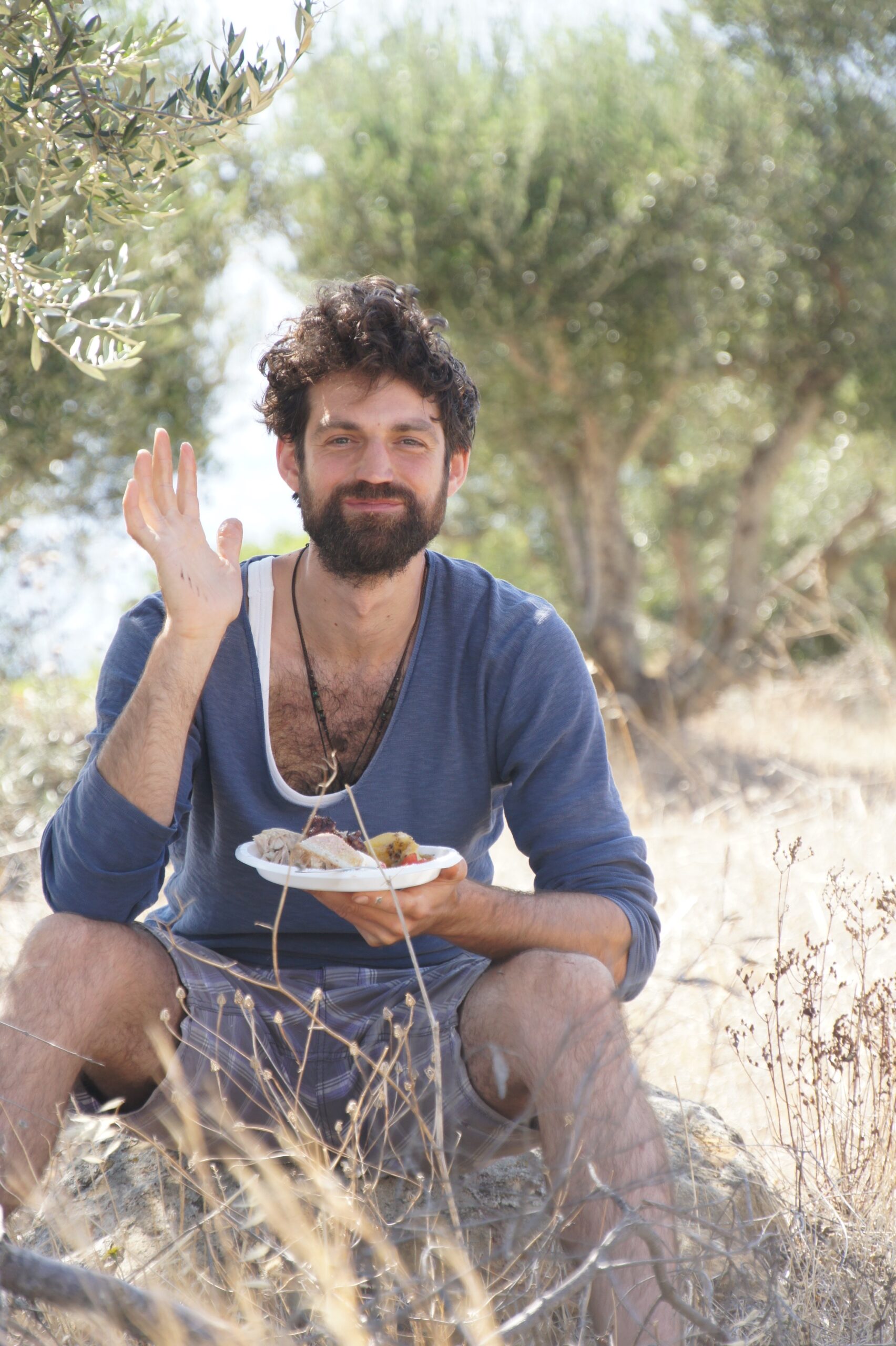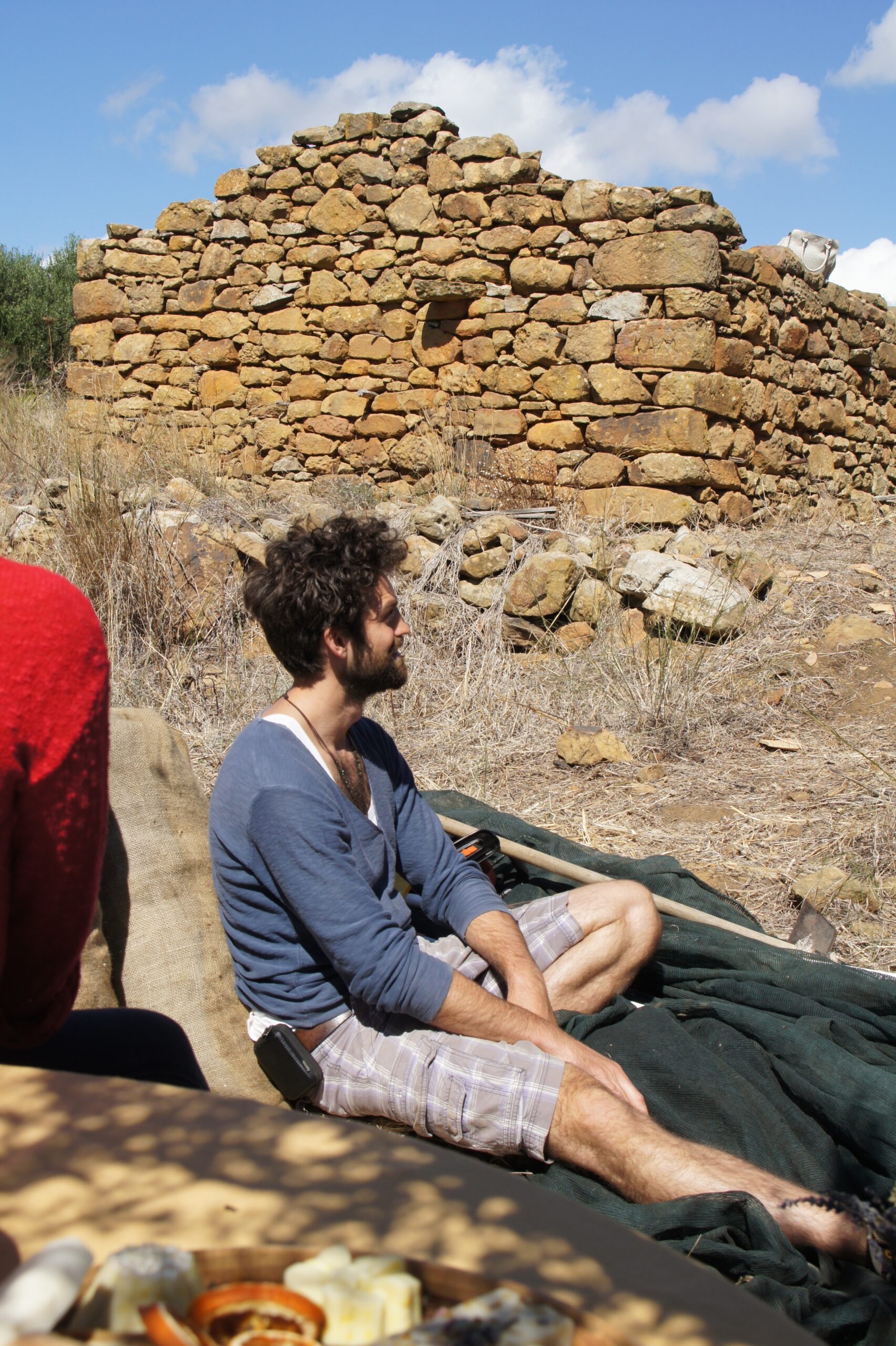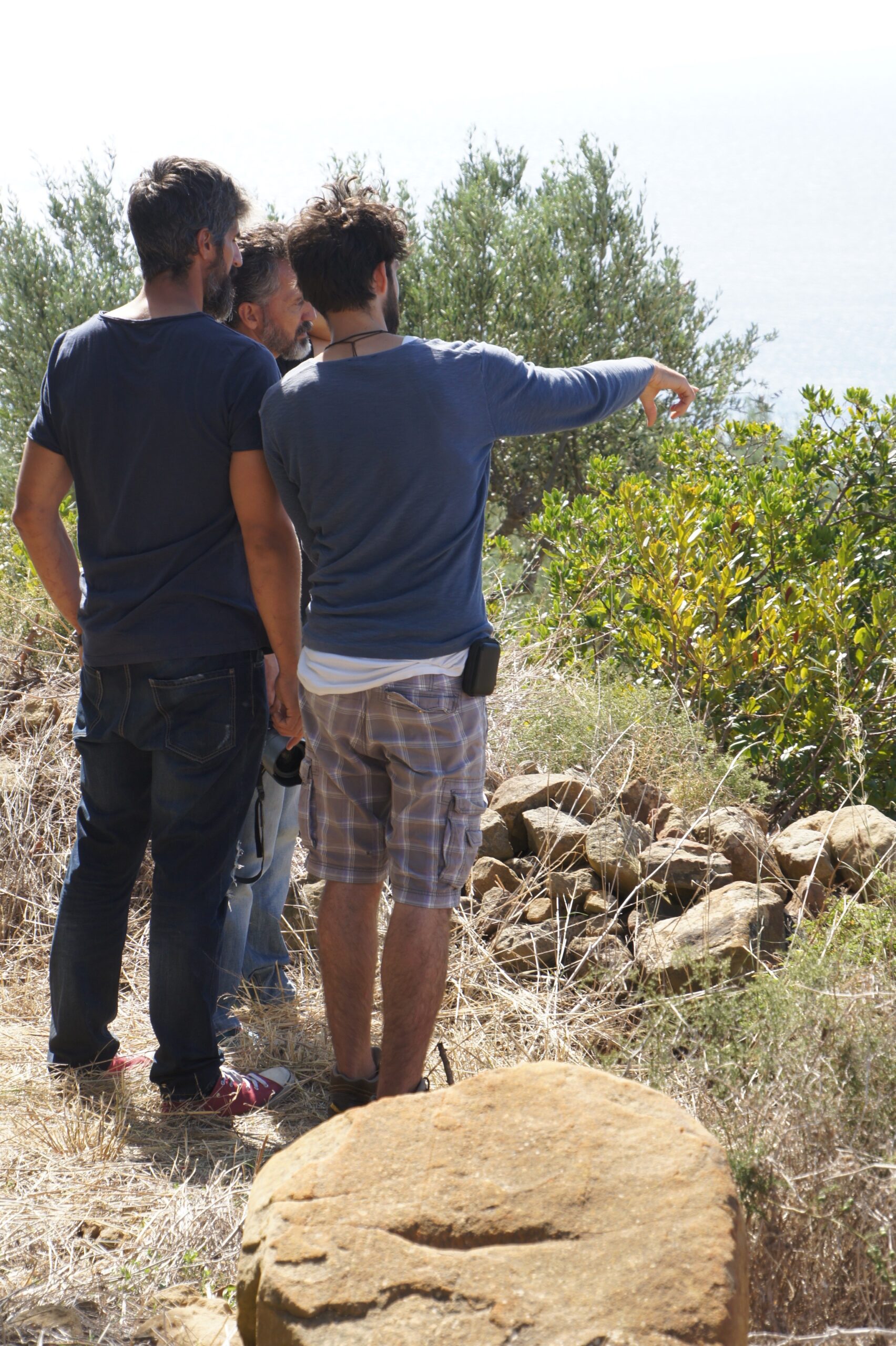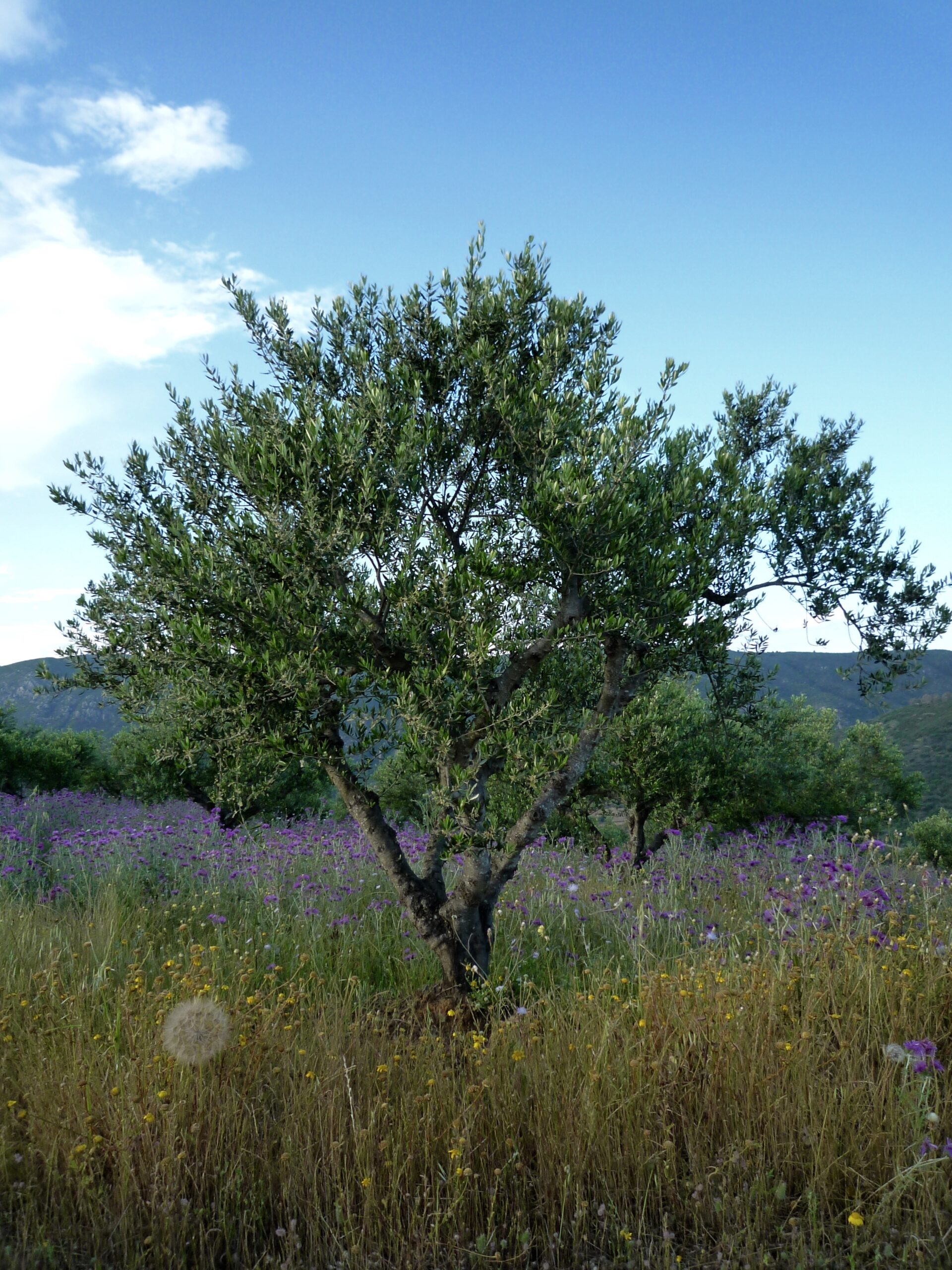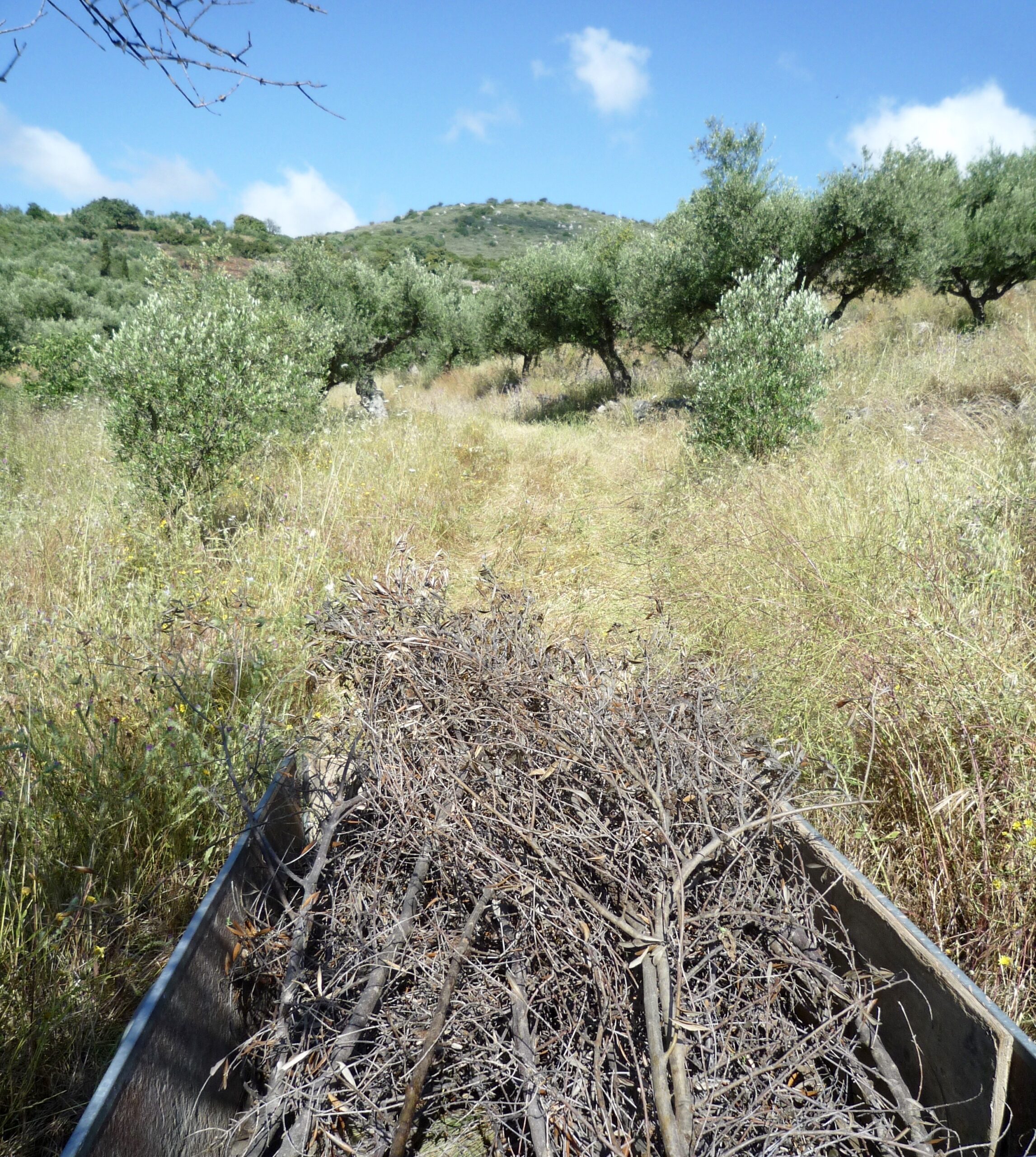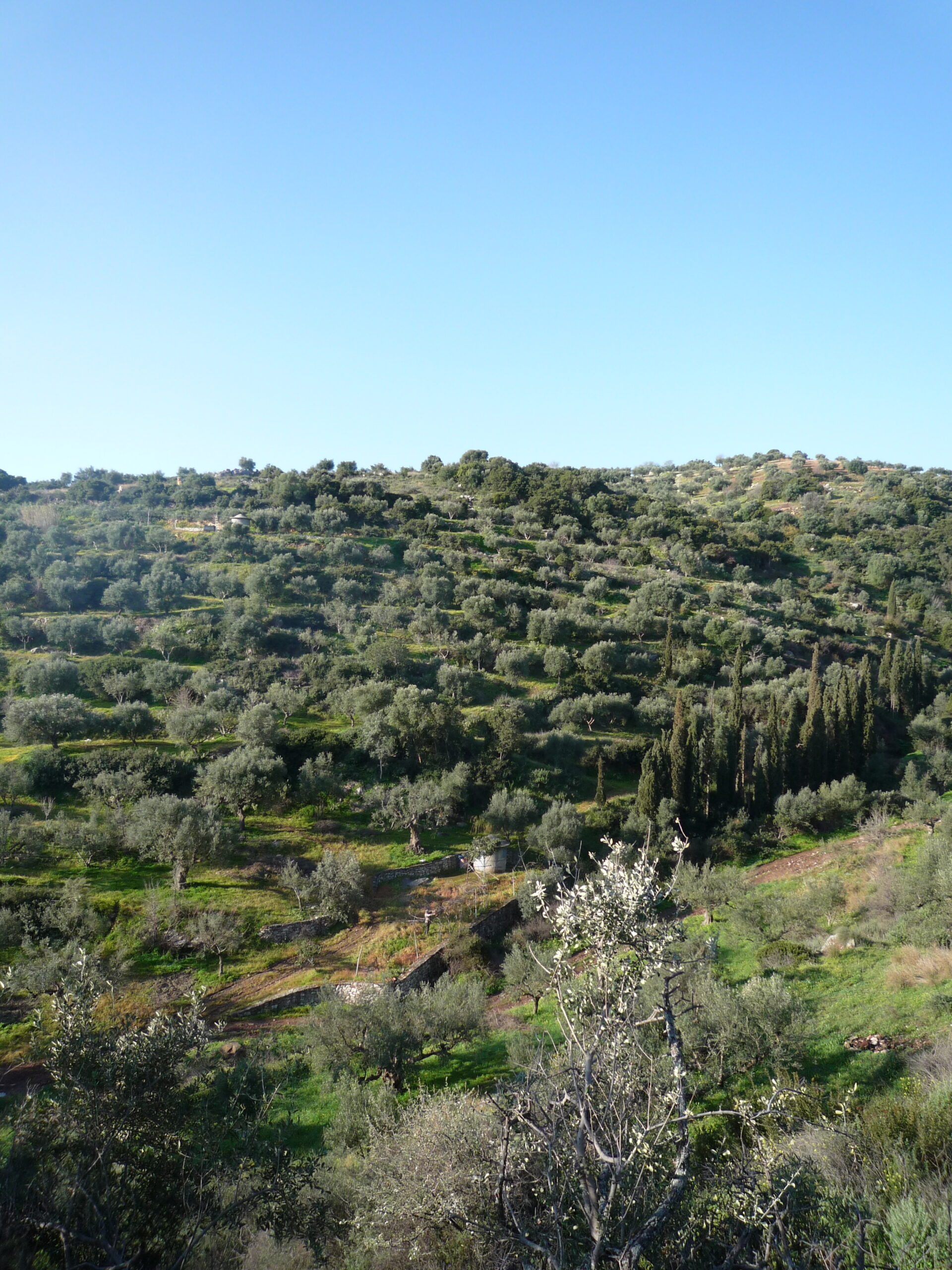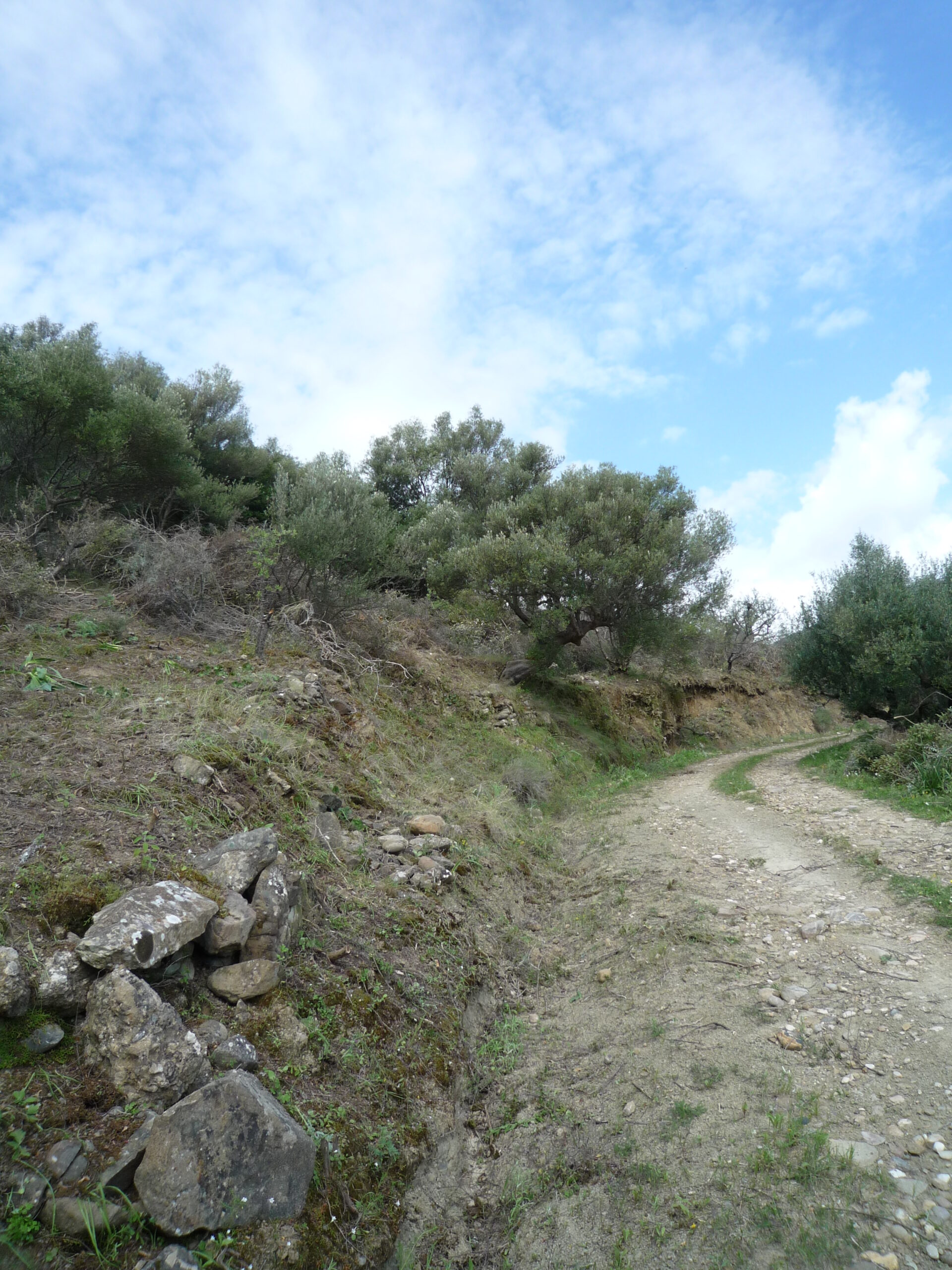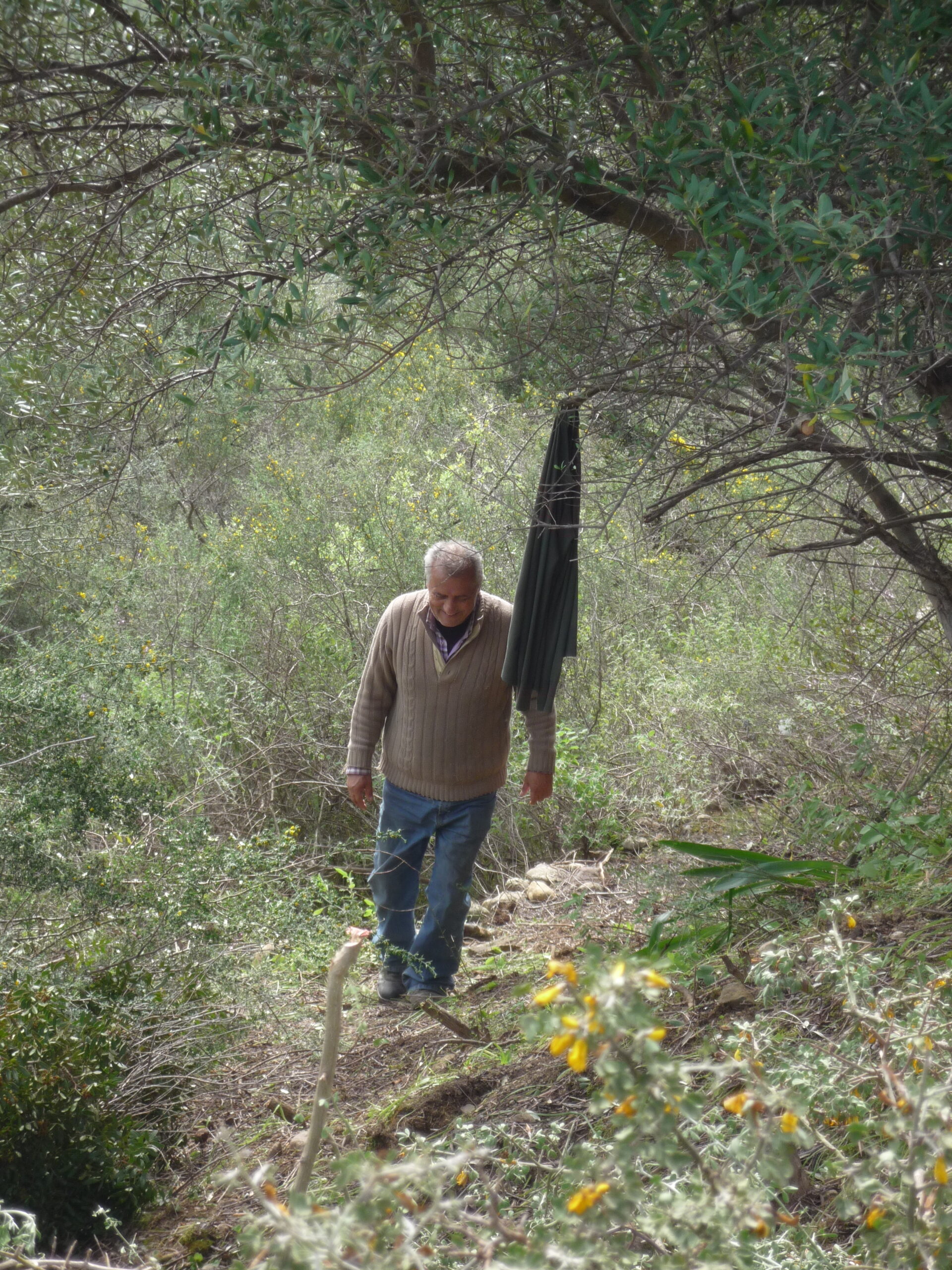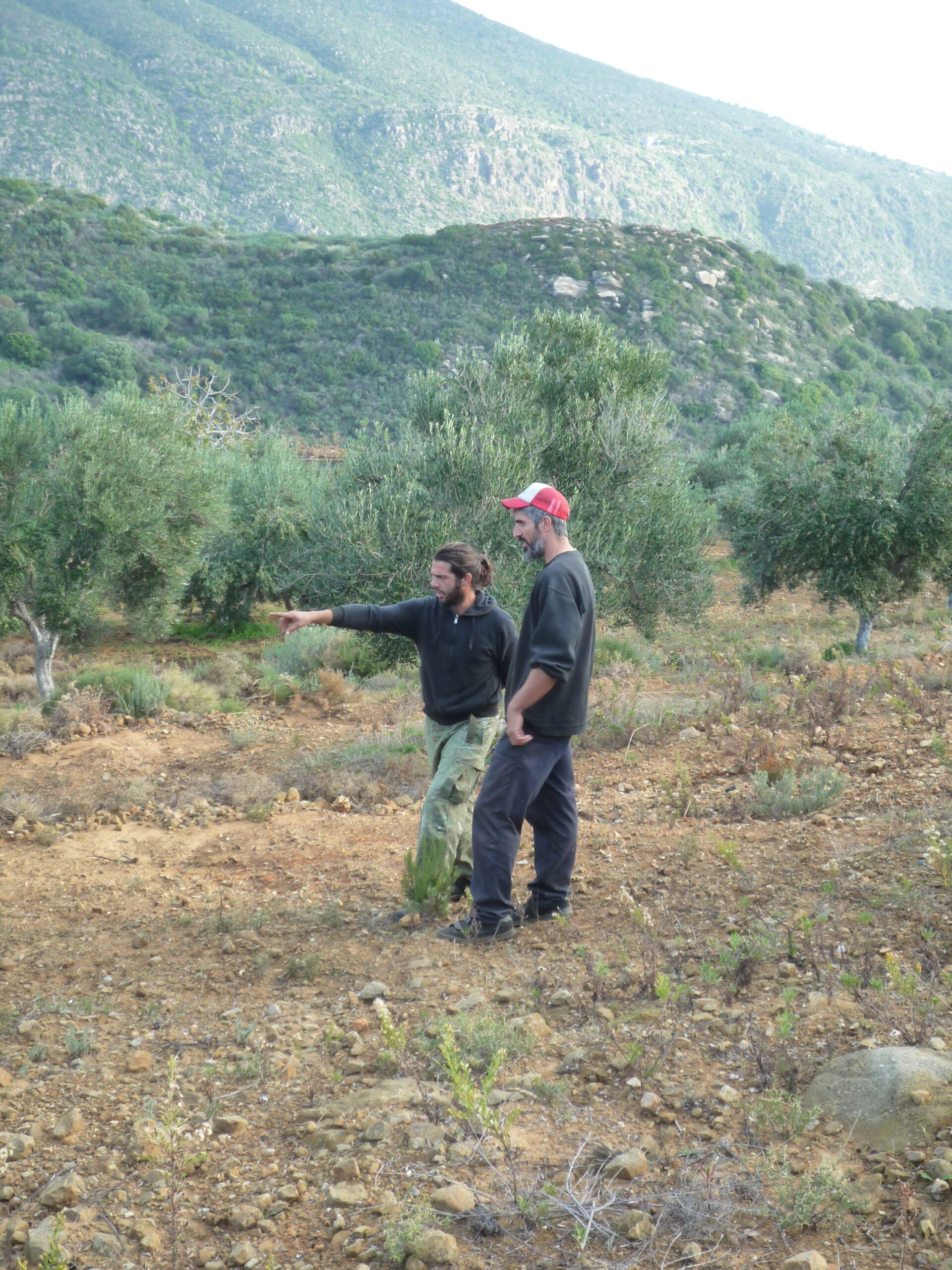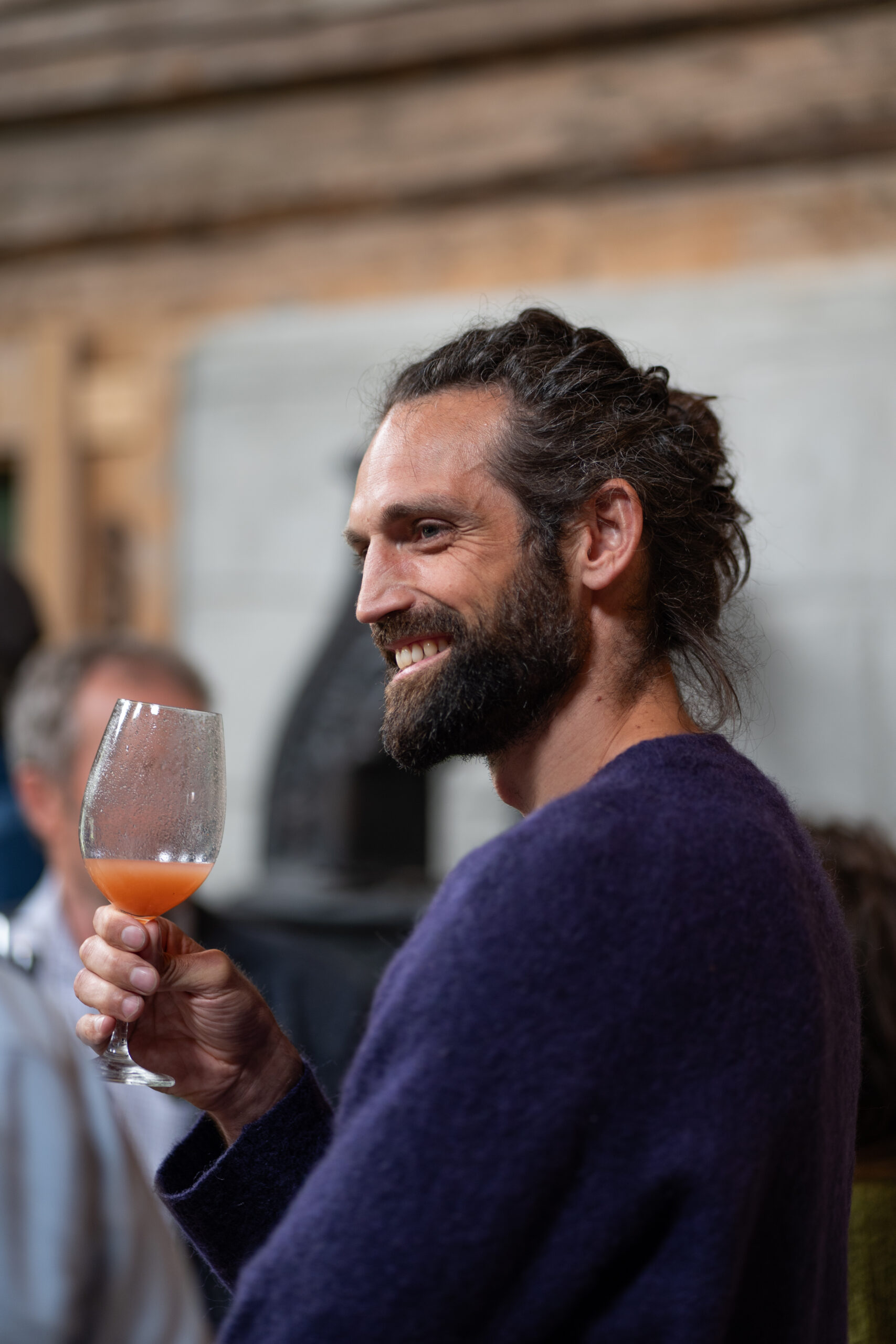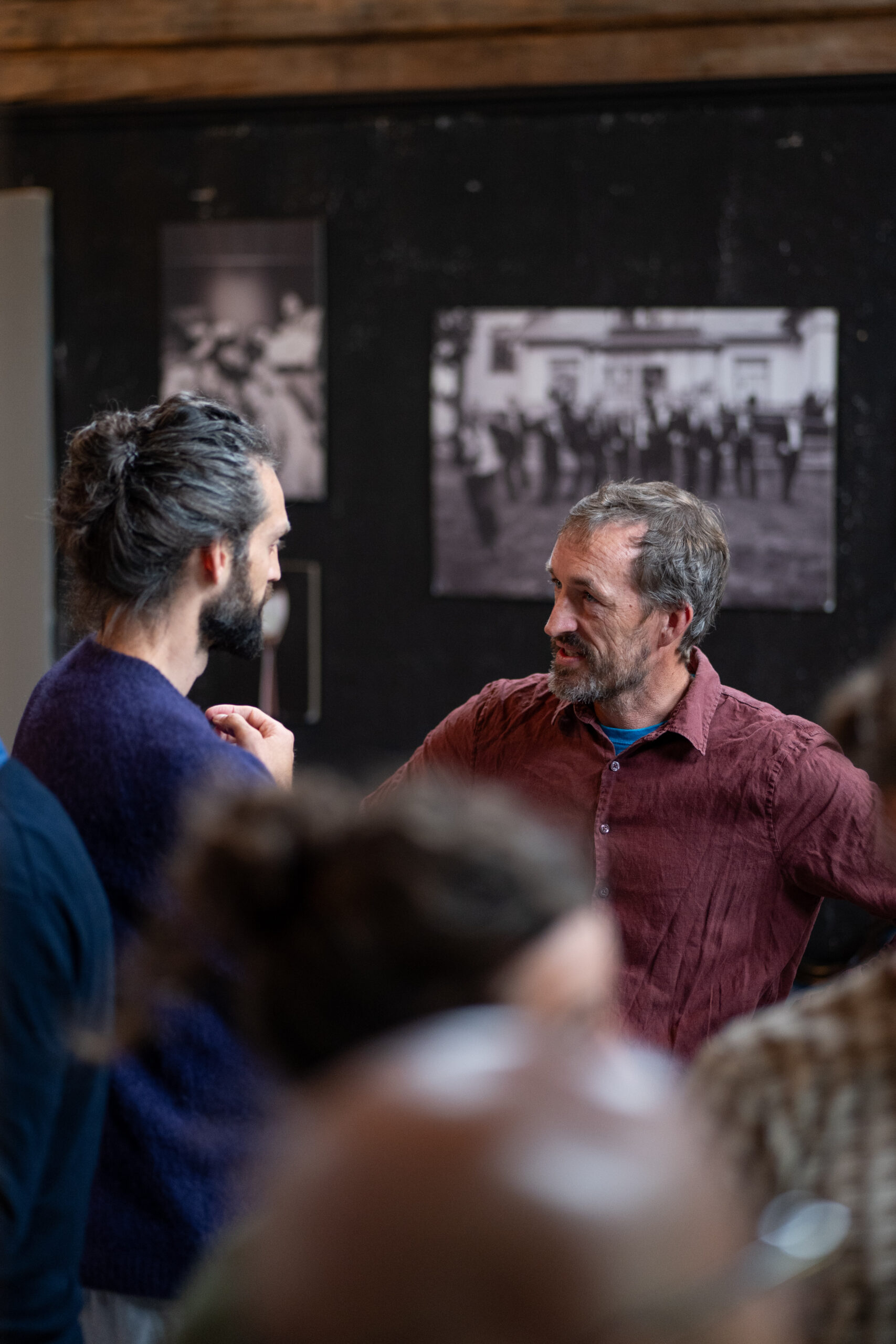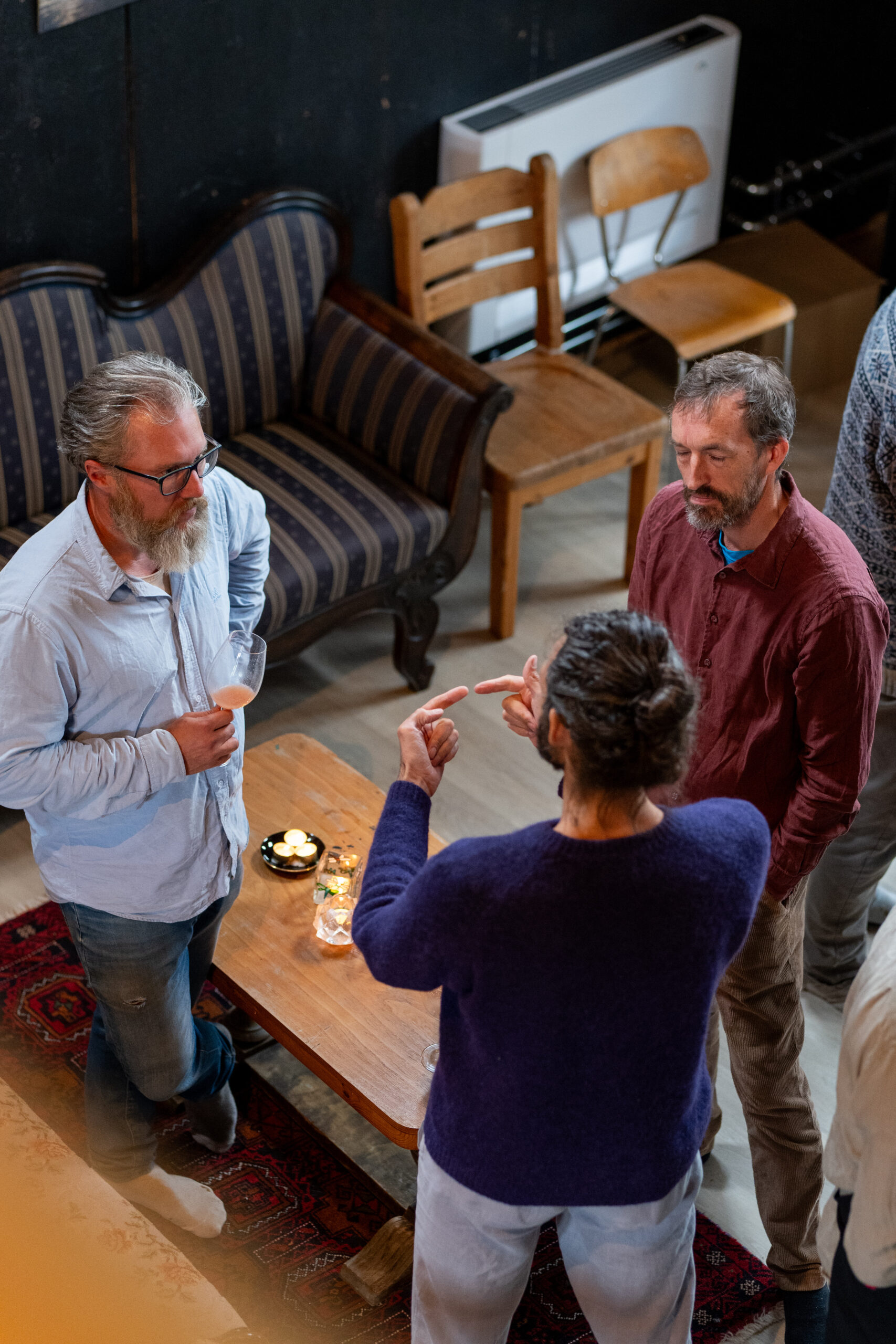Felix’s personal founding story
A path to sustainable agriculture and real food
As a child, I spent a lot of time on farms. I always enjoyed working with people in the fields, looking after the animals and helping with the harvest. These experiences have had a profound impact on me.
Later, I spent five years in Greece working with farmers and living in the village. The stories and lives of the people there touched me deeply. I wanted to do something to support these farmers so that their hard work gets the recognition and appreciation it deserves.
I saw how food prices were constantly rising, while the quality was often deteriorating. I wanted to change that. I wanted to create an alternative where farmers received fair prices and consumers got healthy, high-quality food at fair prices. It is also important to me that everyone in the supply chain can get to know each other, exchange ideas and learn from each other.
The production of food should not only be good for us humans, but also for the earth. Sustainable farming methods make the soil healthier and more nutrient-rich, more clean water can be stored, and the air is cleaned. Natural flora and fauna are encouraged instead of being displaced, and are given shelter in which they can spread.
The concept of solidarity agriculture (SoLaWi)
Solidarity farming means that farmers and consumers work together directly. Consumers pay a contribution in advance and in return receive fresh, local food on a regular basis. This gives farmers planning security and consumers fresh, seasonal products straight from the field.
TEIKEI is now applying this concept across Europe and combining it with local SoLaWi structures. This means that people across Europe can benefit from this fair and sustainable model.
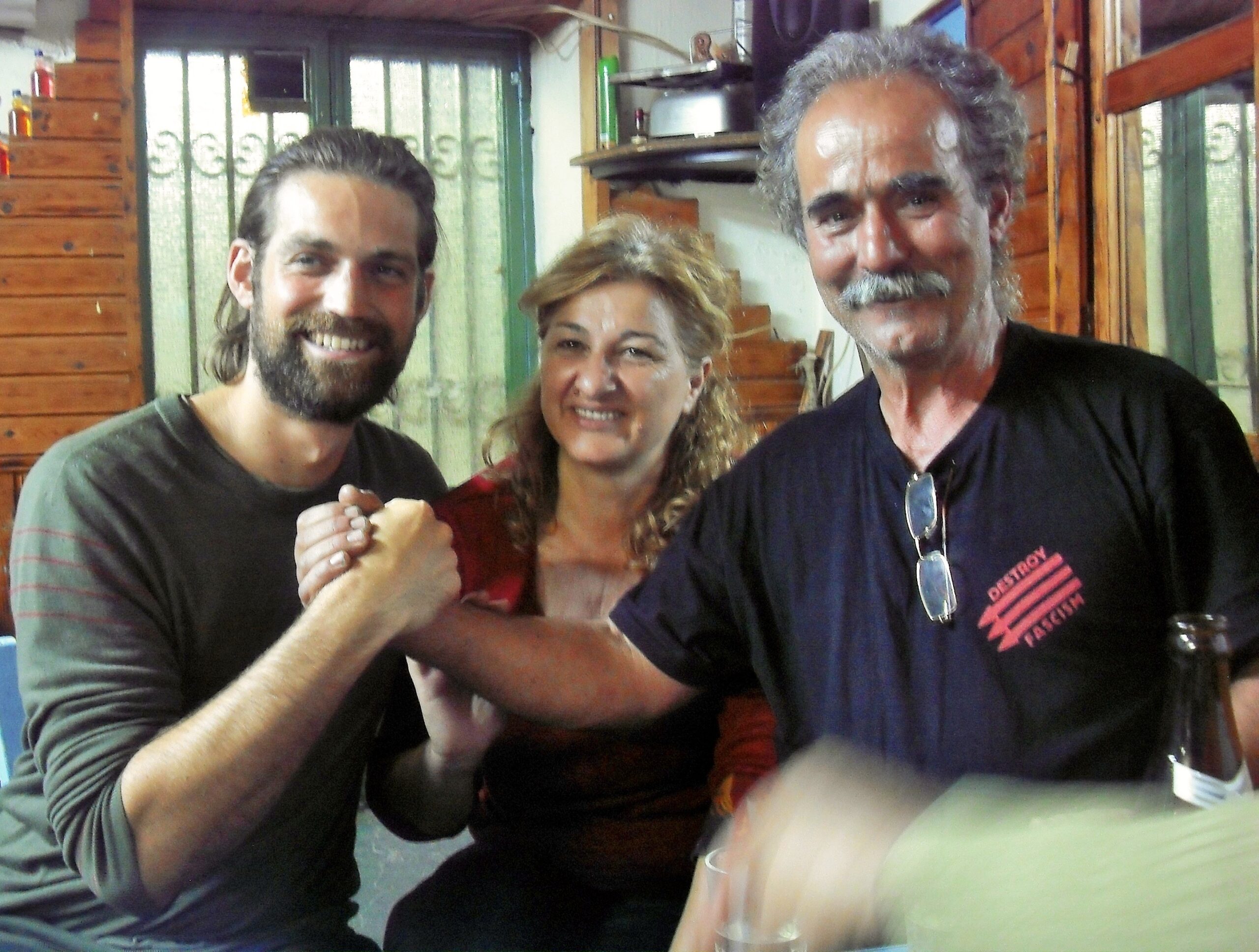
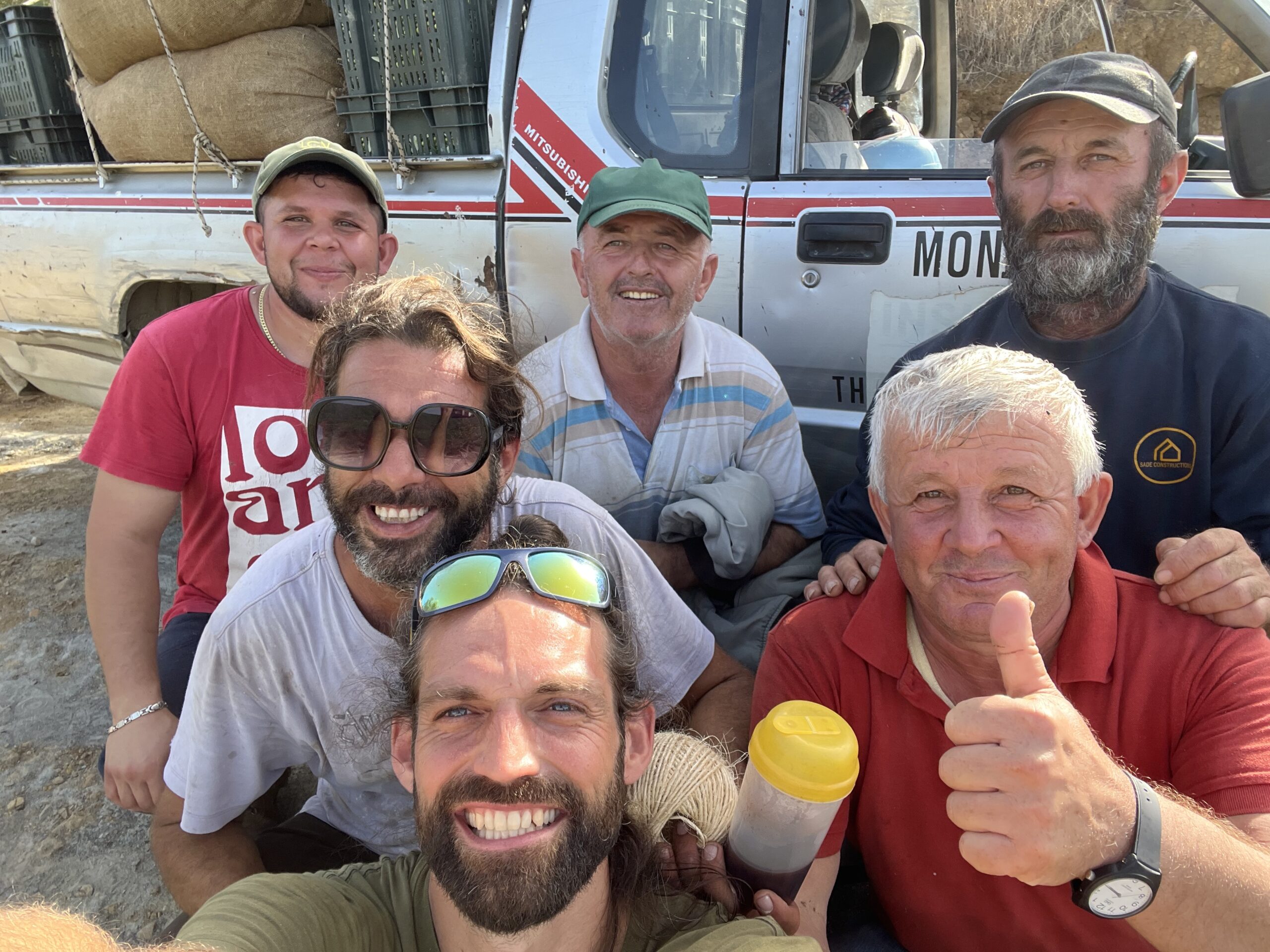
From technology to nature: a radical change
My journey to TEIKEI began in a completely different world: As a trained aircraft mechanic and later aircraft technician, I worked in a permanent position until 2012. But despite the apparent success and stability that this job offered, I increasingly felt an inner dissatisfaction. The job was damaging my health and was in stark contrast to the ethical values that I had held close to my heart since childhood. When I was asked to go to Canada in 2014 to carry out another assignment as an aircraft inspector, I realized that a radical change of course in my life was imminent. There I met First Nations people who helped me rediscover the deep connection to nature and the enormous importance of a meaningful life. This moment was the final turning point for me: I left the assignment behind, spent months in the wilderness and learned, among other things, how to make maple syrup with the First Nations - an activity that fundamentally changed my view of the world.
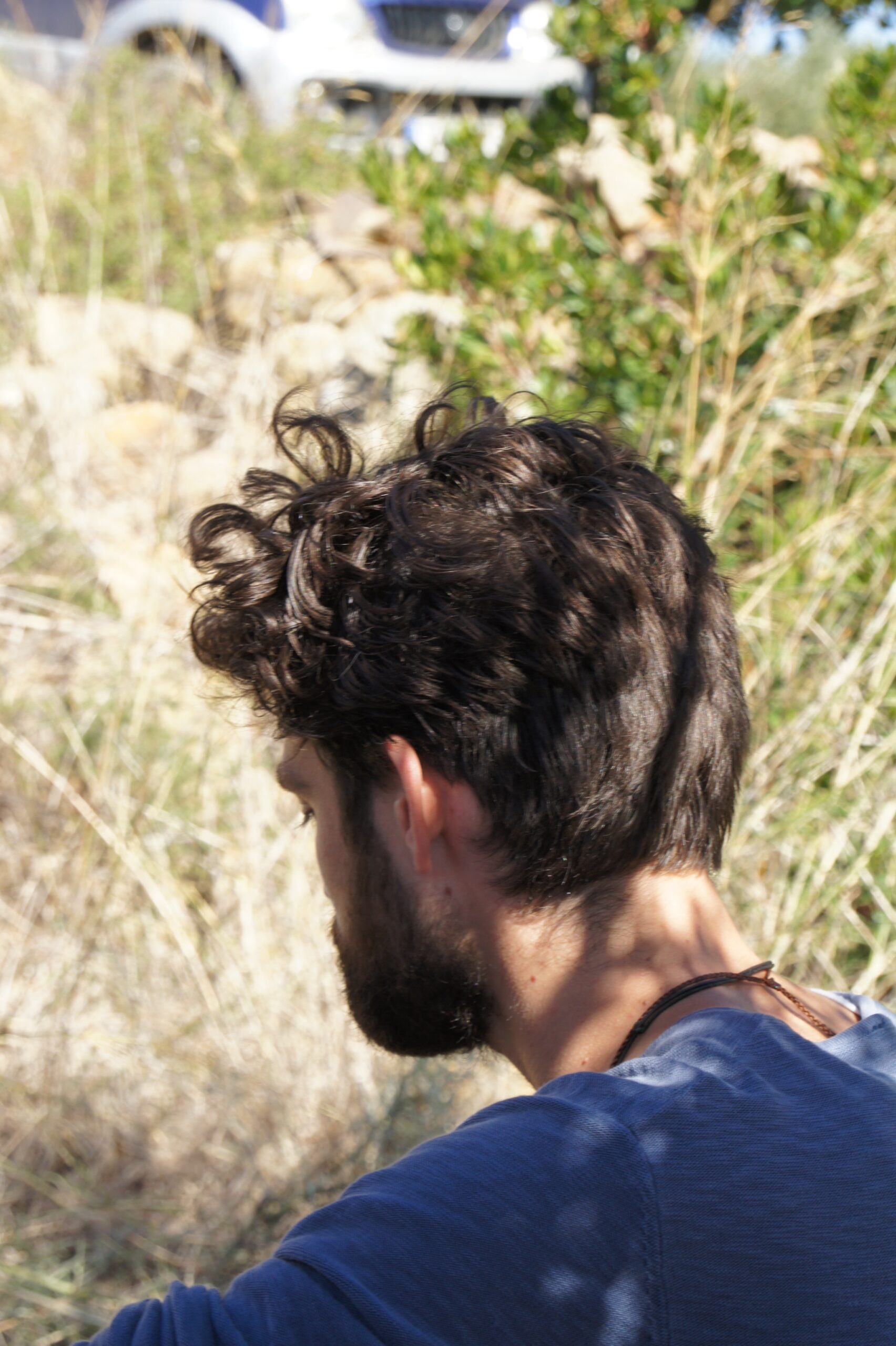
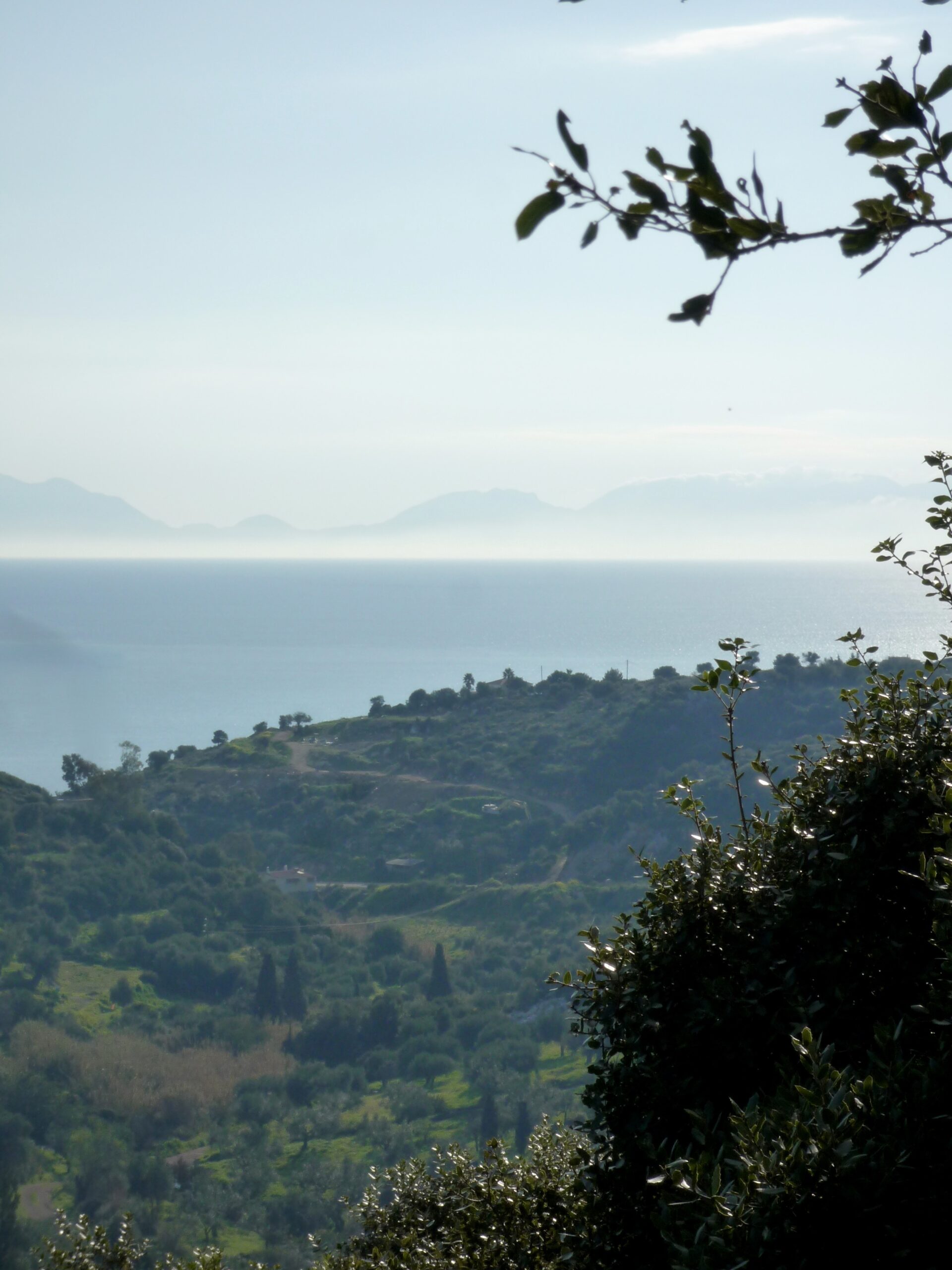
From olive farmer to organizer: The roots of TEIKEI
Back in Europe, I looked for a place where I could apply what I had learned and finally found it in Greece. After initially relaxing in the idyllic surroundings of a small island, my path led me to the Peloponnese, where I helped with the olive harvest. But the life of the expats I initially ended up with did not match what I was looking for. Through meeting villagers in Vasilitsi, I finally found my place. For the first three years, I lived and worked side by side with the olive farmers, experiencing the challenges and joys of olive growing first hand and immersing myself deeply in local life. I learned how to care for olive trees, harvest them and produce high-quality olive oil - a craft that I now know inside and out.
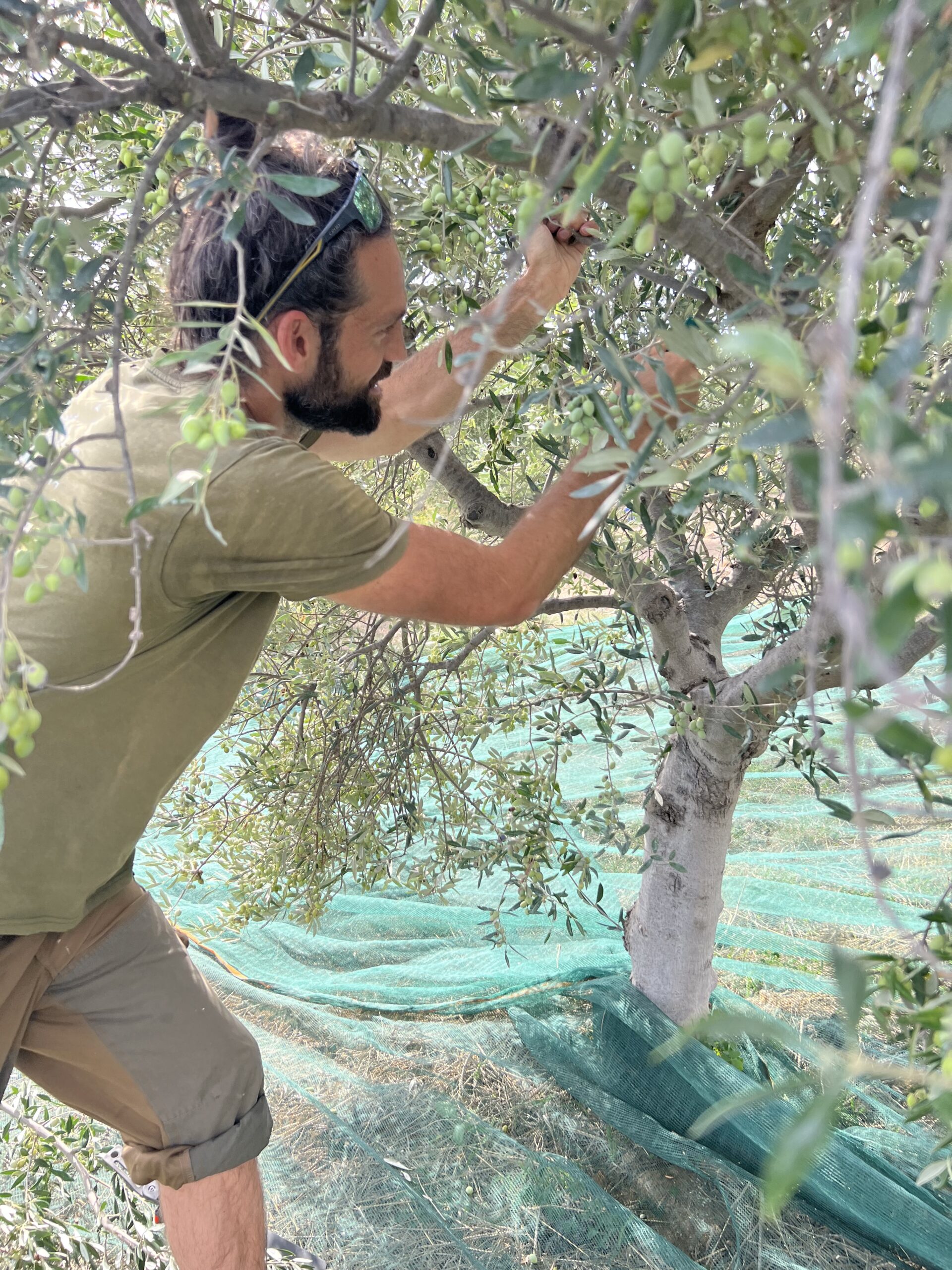
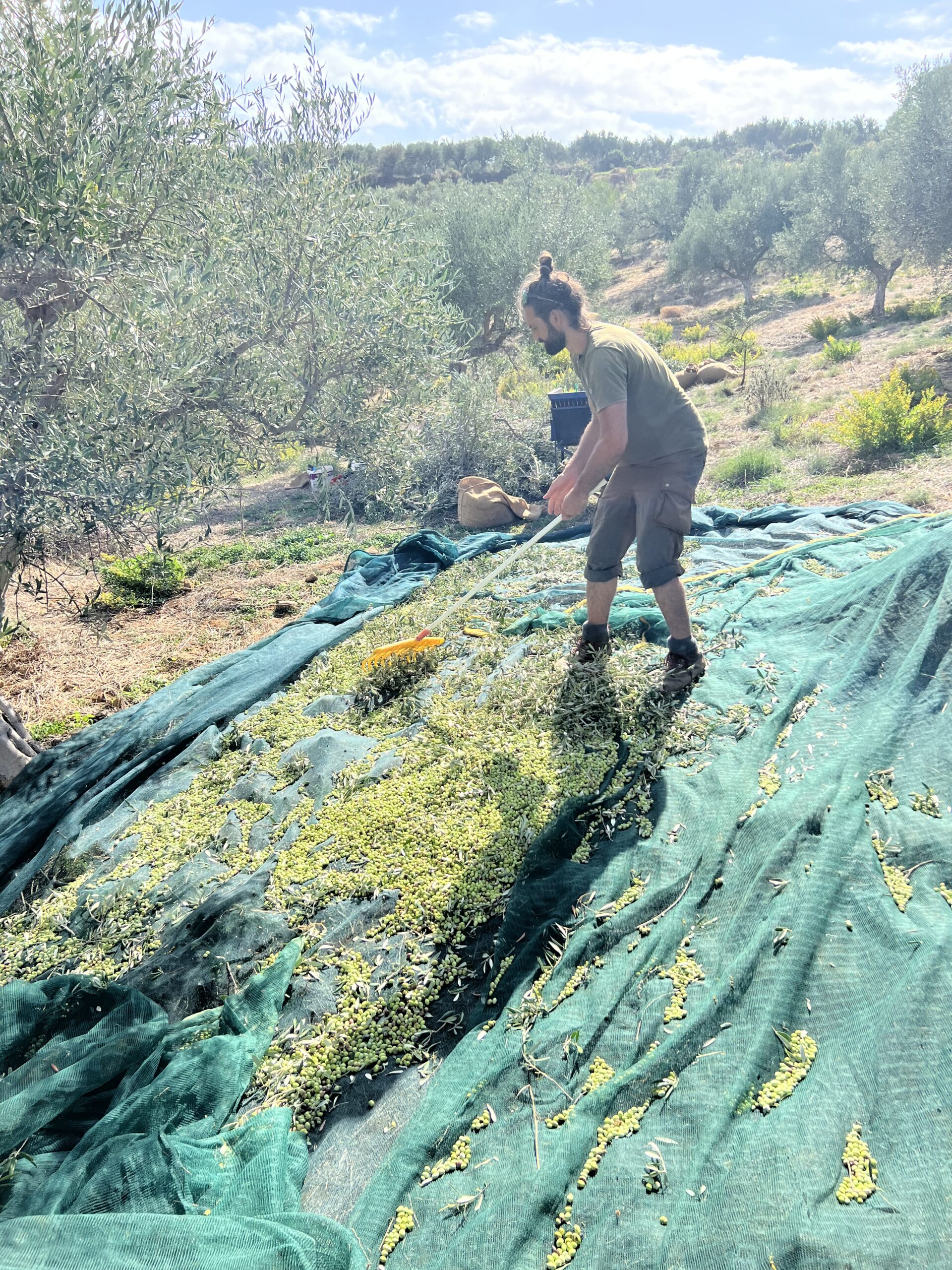
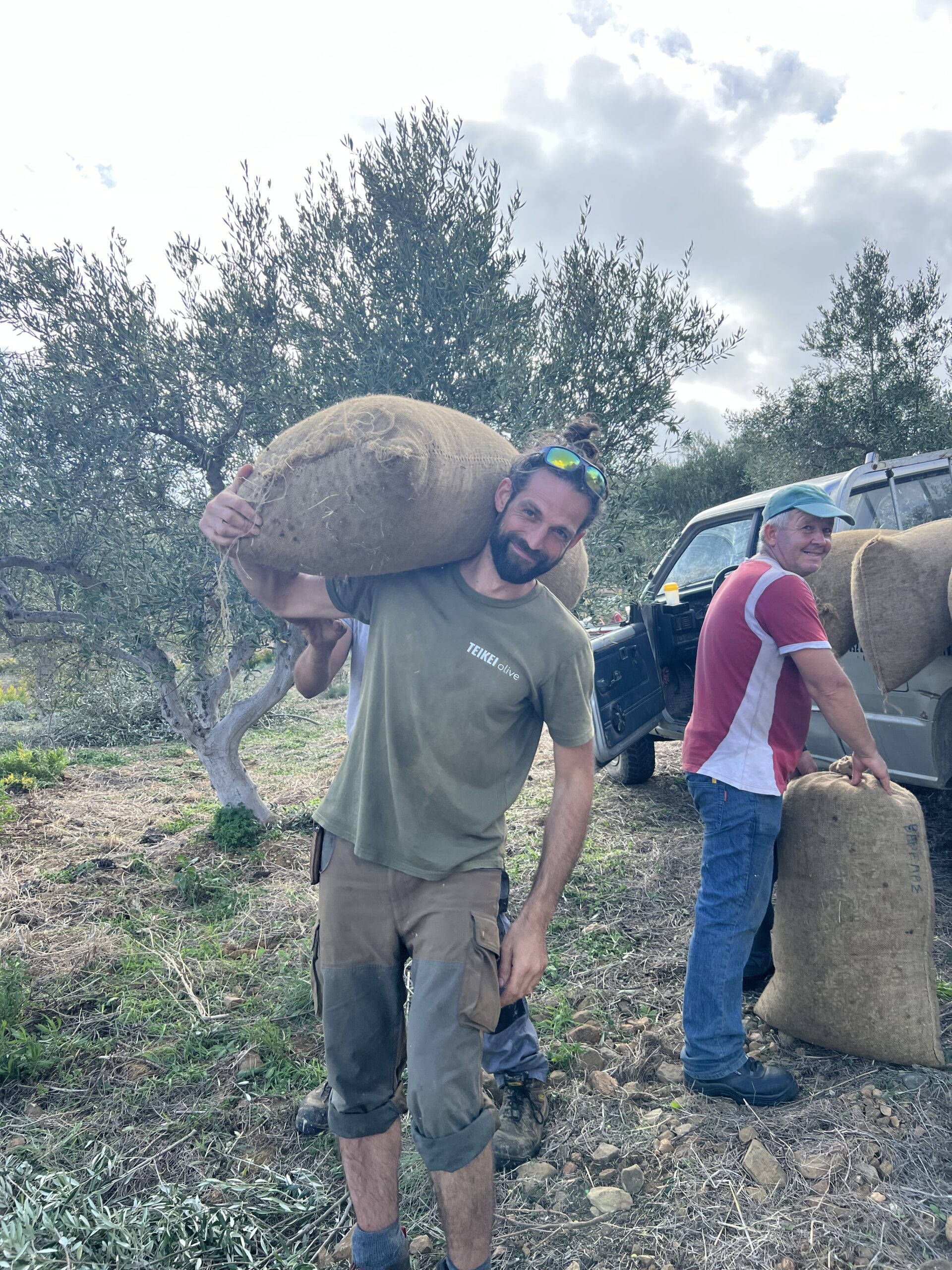
But my task was to be different. The farmers from Vasilitsi appealed to my conscience and advised me not to work solely as an olive grower. They recognized in me a talent for coordination and organization and gave me the responsibility of building a network that would ensure them fair prices and better living conditions. This is how the TEIKEI network was born, which has continued to grow since then and now serves as a platform for sustainable and fair agriculture in Europe.
